Faculty & Research
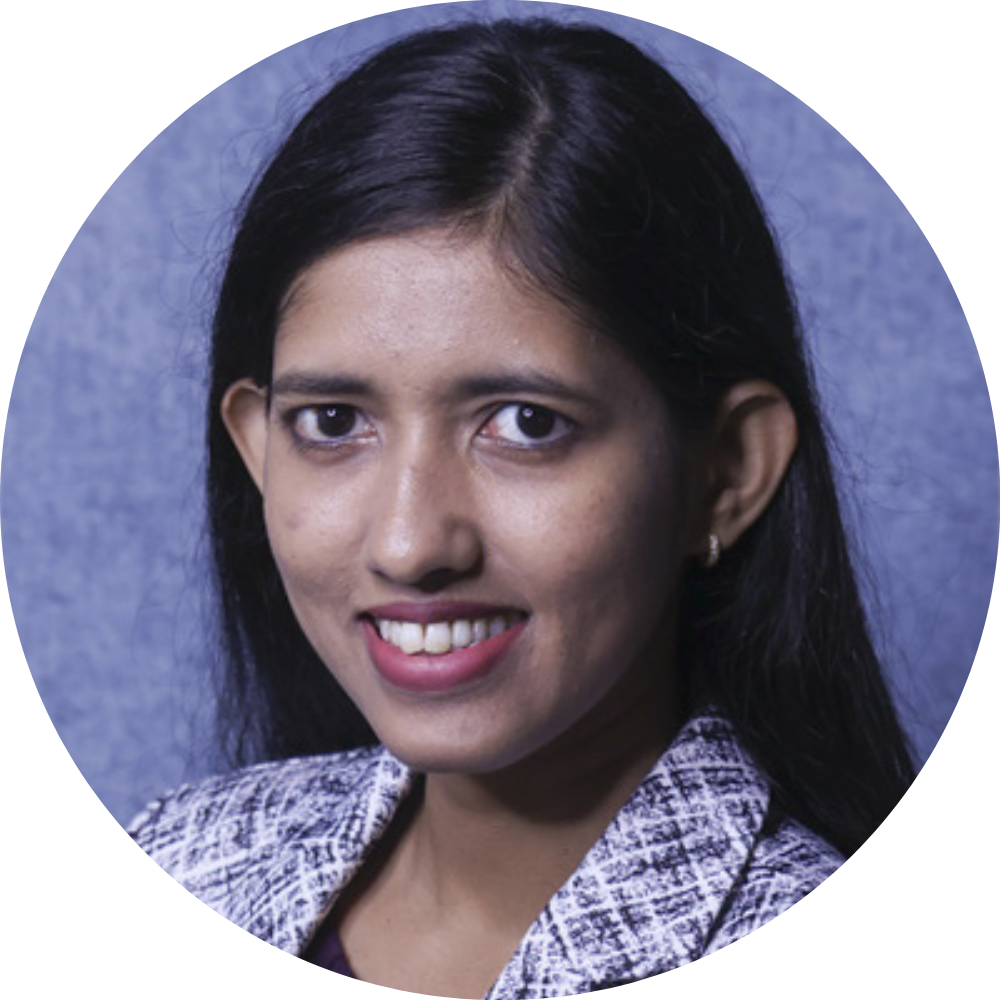
Taslima Akter, Ph.D.
Assistant Professor, Department of Computer Science, College of Sciences
Email: Taslima.Akter@utsa.edu
- Accessibility
- Human-Computer Interaction
- Privacy

Iliana Alanis, Ph.D.
Professor, Department of Interdisciplinary Learning and Teaching, College of Education and Human Development
Email: iliana.alanis@utsa.edu
- Instruction with Specializations in Multilingual Studies and Educational Psychology
- Rights of Young Children to Develop Their Native Language and Cultural Identity
- Sociocultural Examination of Pedagogical Practices in Early Childhood Dual Language Contexts
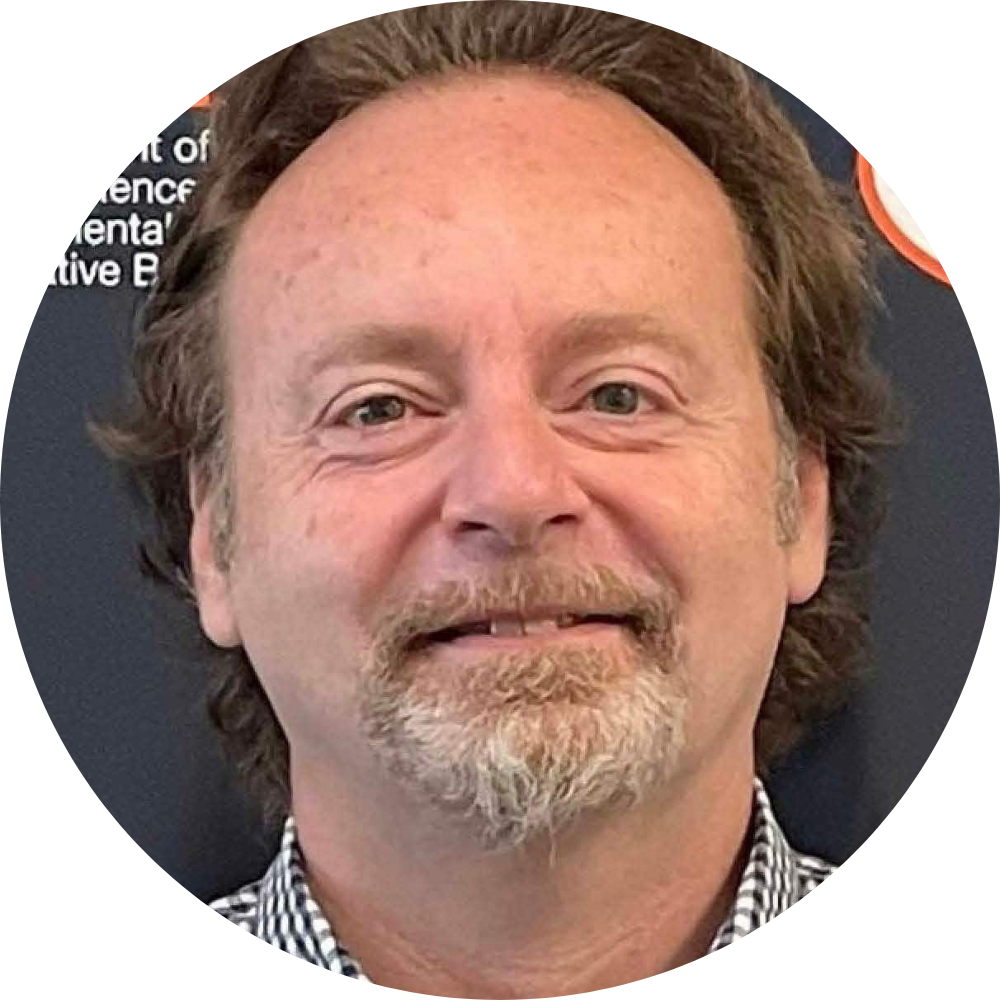
Alfonso Apicella, Ph.D.
Professor, Neuroscience, Developmental and Regenerative Biology Department, College of Sciences
Email: alfonso.apicella@utsa.edu
- Neural basis for Perception and Behavior
- Cortical Circuits
- Optogenetics
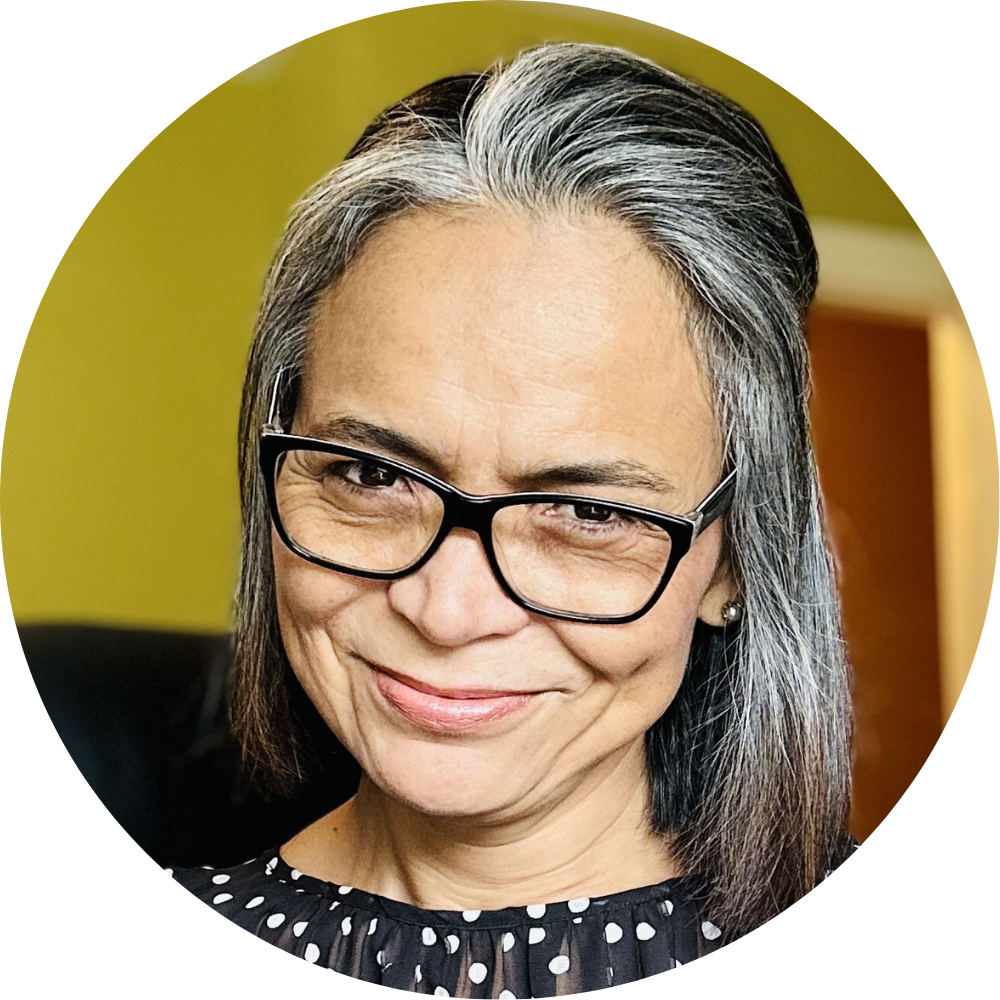
Maria Arreguin-Anderson, Ed.D.
Professor, Department of Interdisciplinary Learning and Teaching, College of Education and Human Development
Email: maria.arreguin@utsa.edu
- Minority Student's Access to Education in Early Childhood and Elementary Bilingual Settings
- Young Children's Translanguaging Practices
- Critical Science Pedagogy
- Intersections of Language and Social Justice
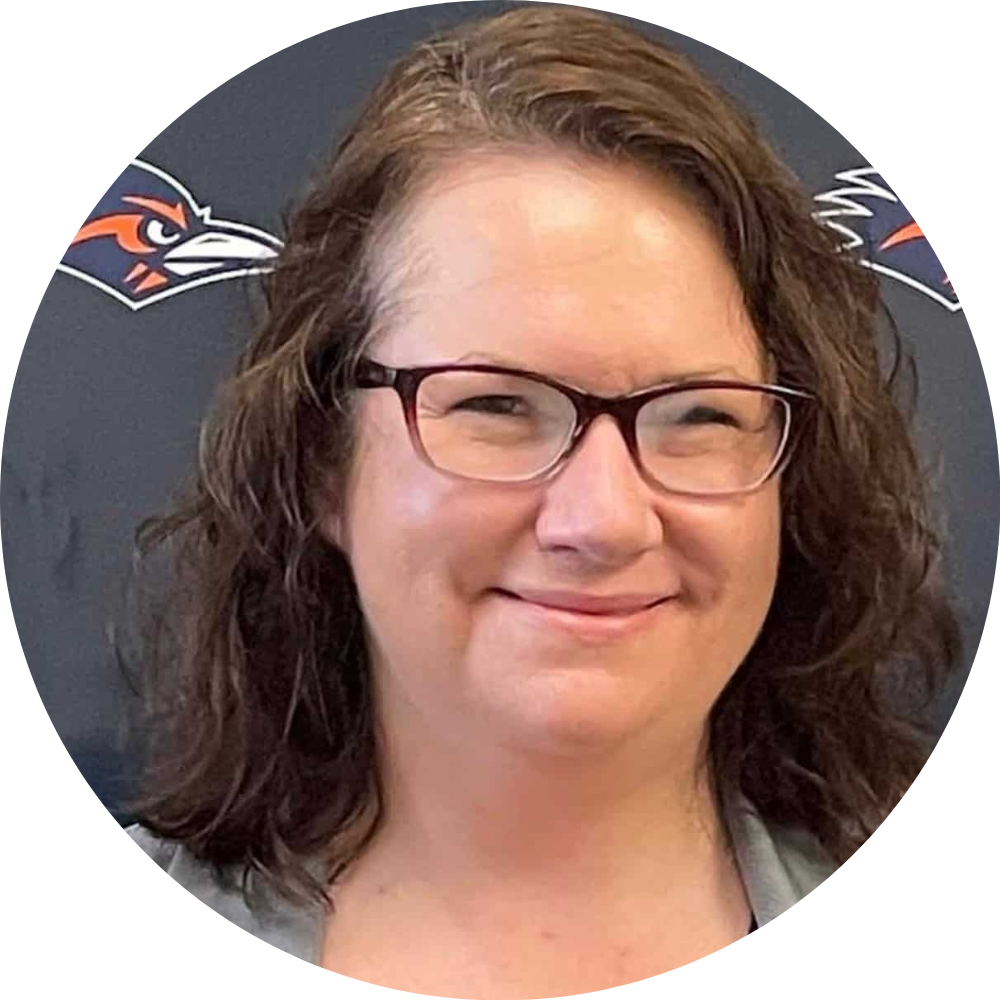
Lacy Barton, Ph.D.
Assistant Professor, Neuroscience, Developmental and Regenerative Biology Department, College of Sciences
Email: lacy.barton@utsa.edu
- Cell signaling and migration
- Ovary and testis development
- Primordial germ cell dynamics
- Reproductive developmental biology
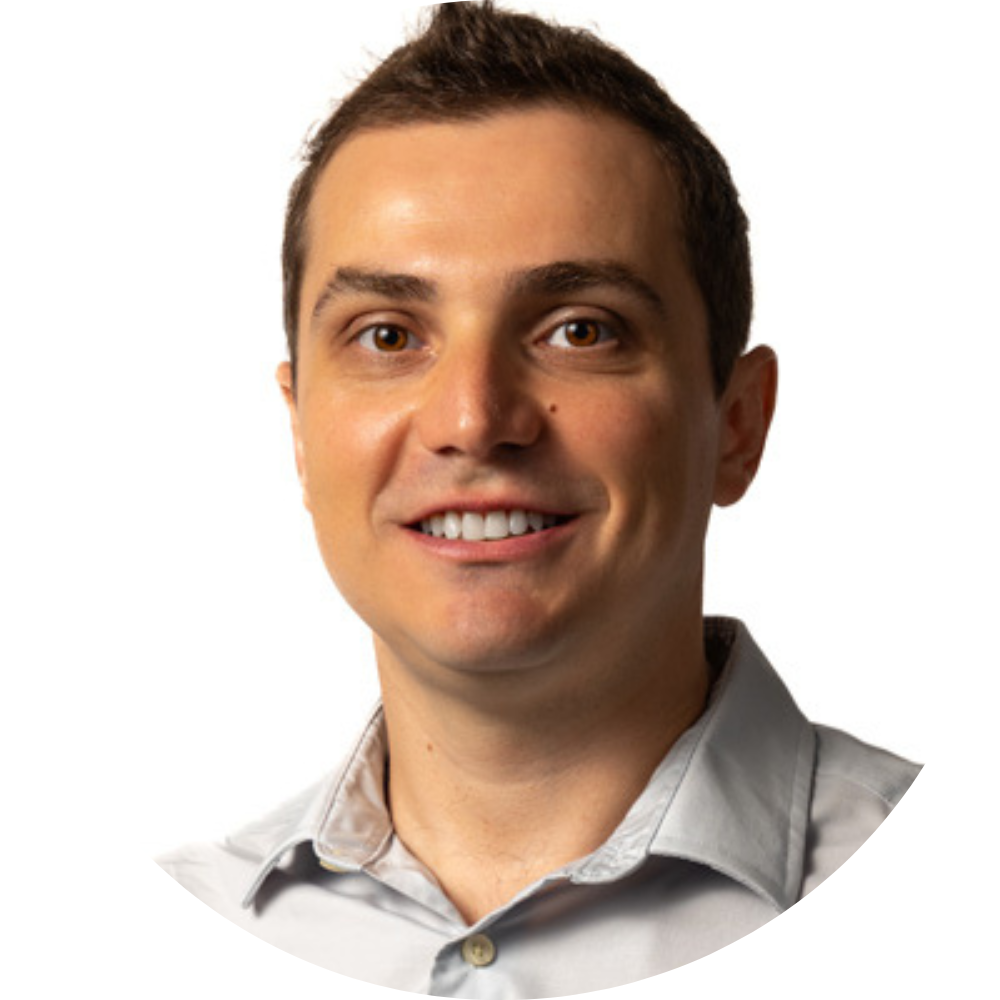
Carlos Bassetto, Ph.D.
Assistant Professor, Department of Physics and Astronomy, College of Sciences
Email: Carlos.Bassetto@utsa.edu
- Biophysics
- Ion Channels
- Development of Techniques
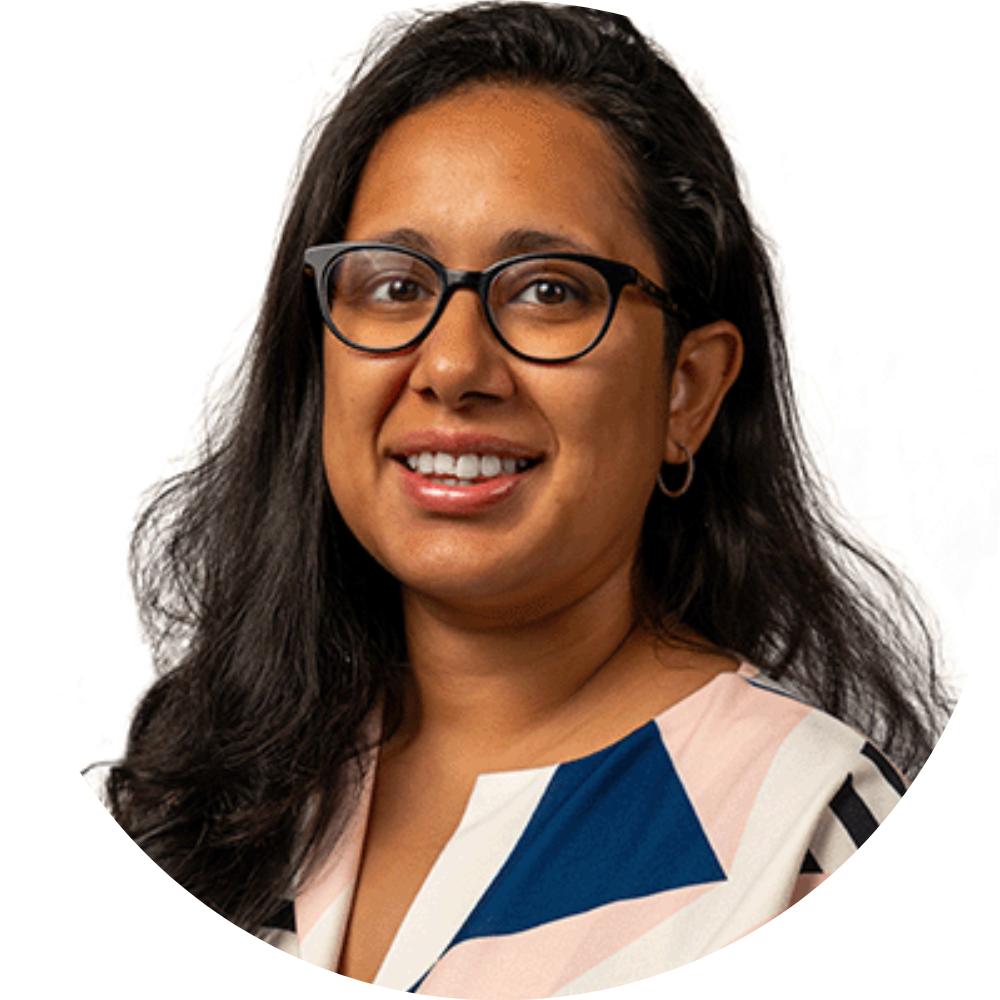
Malvika Behl, Ph.D.
Assistant Professor, Department of Counseling, College of Education and Human Development
Email: malvika.behl@utsa.edu
- Understanding the Experience of International Students
- Mental Health of Adults and Children with Specific Learning Disabilities
- Impact of Diagnosis of a Disability on the Family System
- Mental Health of Neurodivergent People
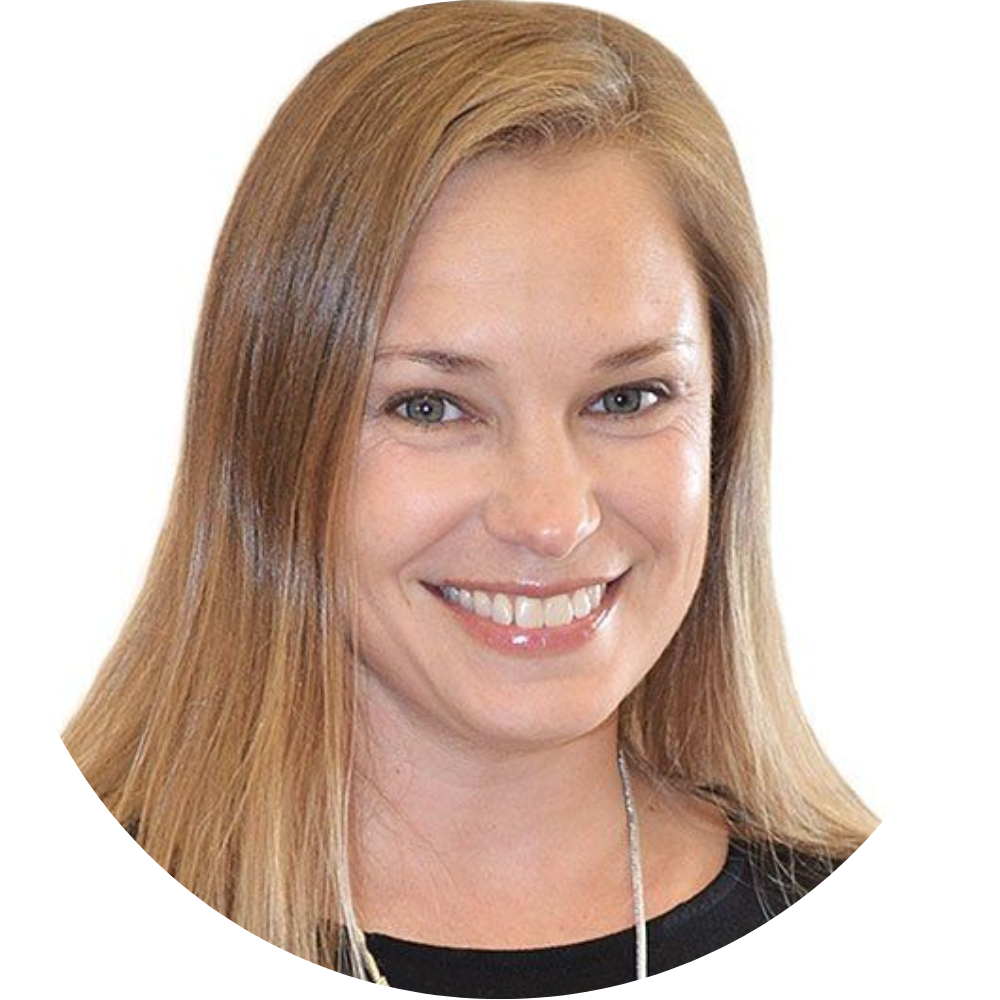
Emily Bonner, Ph.D.
Professor, Department of Interdisciplinary Learning and Teaching, College of Education and Human Development
Email: emily.bonner@utsa.edu
- Equity and Access in Mathematics
- Community-Based Mathematics
- Teacher Professional Development in STEM

Eric Brey, Ph.D.
Professor and Chair, Department of Biomedical Engineering & Chemical Engineering, Klesse College of Engineering and Integrated Design
Email: eric.brey@utsa.edu
- Tissue regeneration
- Regenerative medicine
- Vascularization
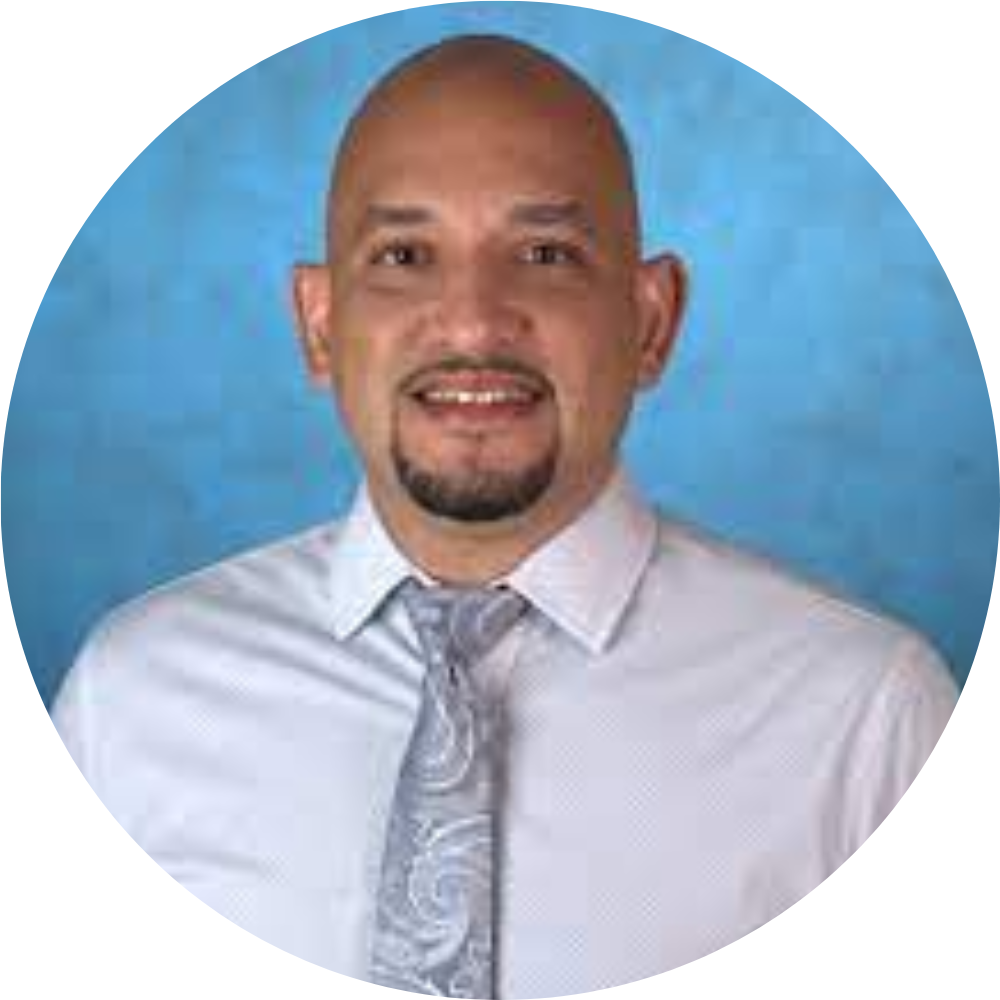
Anthony Burgos-Robles, Ph.D.
Assistant Professor, Neuroscience, Developmental and Regenerative Biology Department, College of Sciences
Email: anthony.burgos-robles@utsa.edu
- Cortical and Amygdala Circuits
- Emotion
- Learning and Memory
- Motivation
- Stress

Erika Tatiana Camacho, Ph.D.
Professor, Manuel P. Berriozabal, PhD and Maria Antonietta Berriozzabal Endowed Chair, Department of Mathematics, College of Sciences
Email: Erika.Camacho@utsa.edu
- Dynamical Systems
- Mathematical Biology
- Mathematical Modeling
- Mathematical Ophthalmology
- Photoreceptors and Retinal Degeneration

Astrid E. Cardona, Ph.D.
Professor and Department Chair, Department of Molecular Microbiology and Immunology, College of Sciences
Email: astrid.cardona@utsa.edu
- Neuroinflammation and Mechanisms of Tissue Damage in Diabetic Retinopathy and Multiple Sclerosis
- Neuroprotective Approaches via Modulation of Innate Immune Function
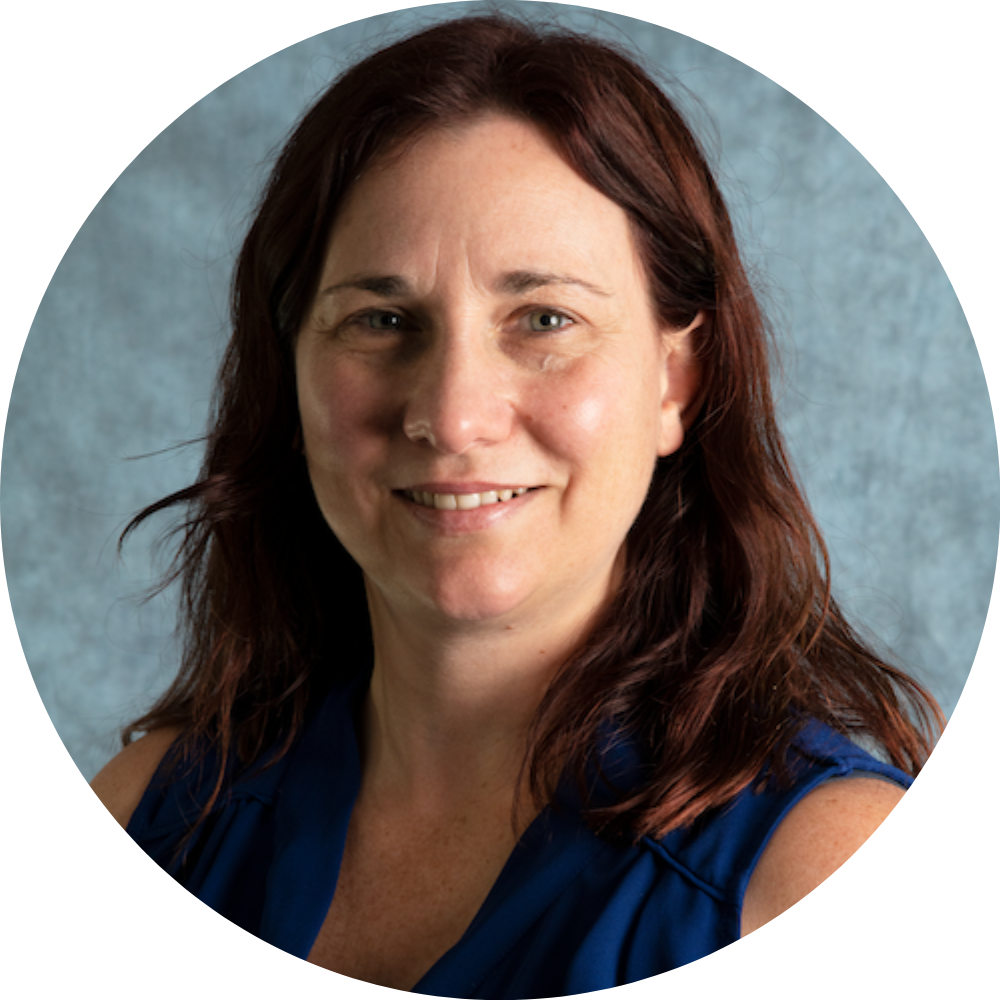
Melanie Carless, Ph.D.
Professor, Neuroscience, Developmental and Regenerative Biology Department, College of Sciences
Email: melanie.carless@utsa.edu
- Cardiometabolic Risk
- Epigenetics
- Neurological and Psychiatric Disorders
- Stem Cells
https://www.utsa.edu/biology/faculty/MelanieCarless.html

Felicia Castro-Villareal, Ph.D., LSSP
Associate Professor, Department of Educational Psychology, College of Education and Human Development
Email: felicia.castrovillarreal@utsa.edu
- Multicultrual Assesment and Issues
- Teacher Consultation
- Mental Health in Schools
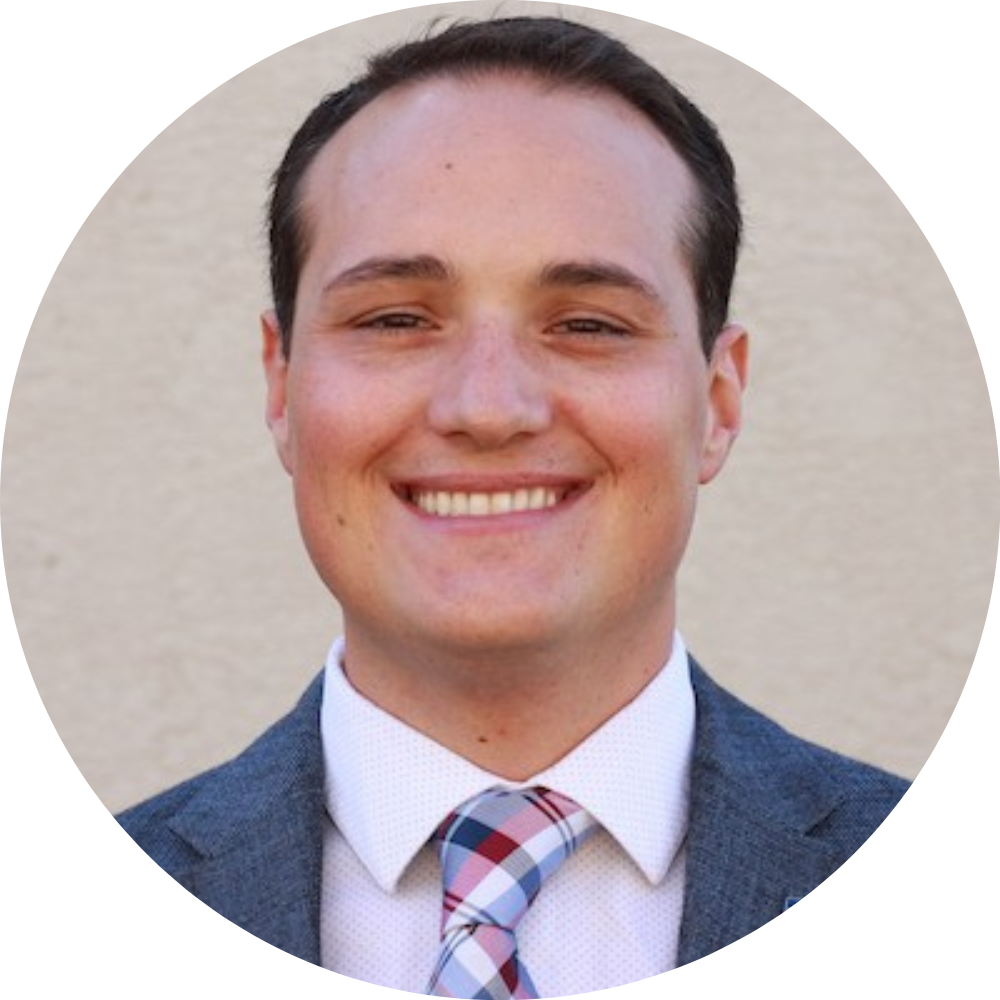
Kelly Cheever, Ph.D.
Assistant Professor, Department of Kinesiology, College for Health, Community and Policy
Email: kelly.cheever@utsa.edu
- Long-term health outcomes associated with contact sport participation
- Cervical spine injury following concussion
- Sports-related concussion
- Training load acclimatization and periodization to reduce musculoskeletal injury risk
https://hcap.utsa.edu/kinesiology/research/applied-biomechanics-research-lab.html
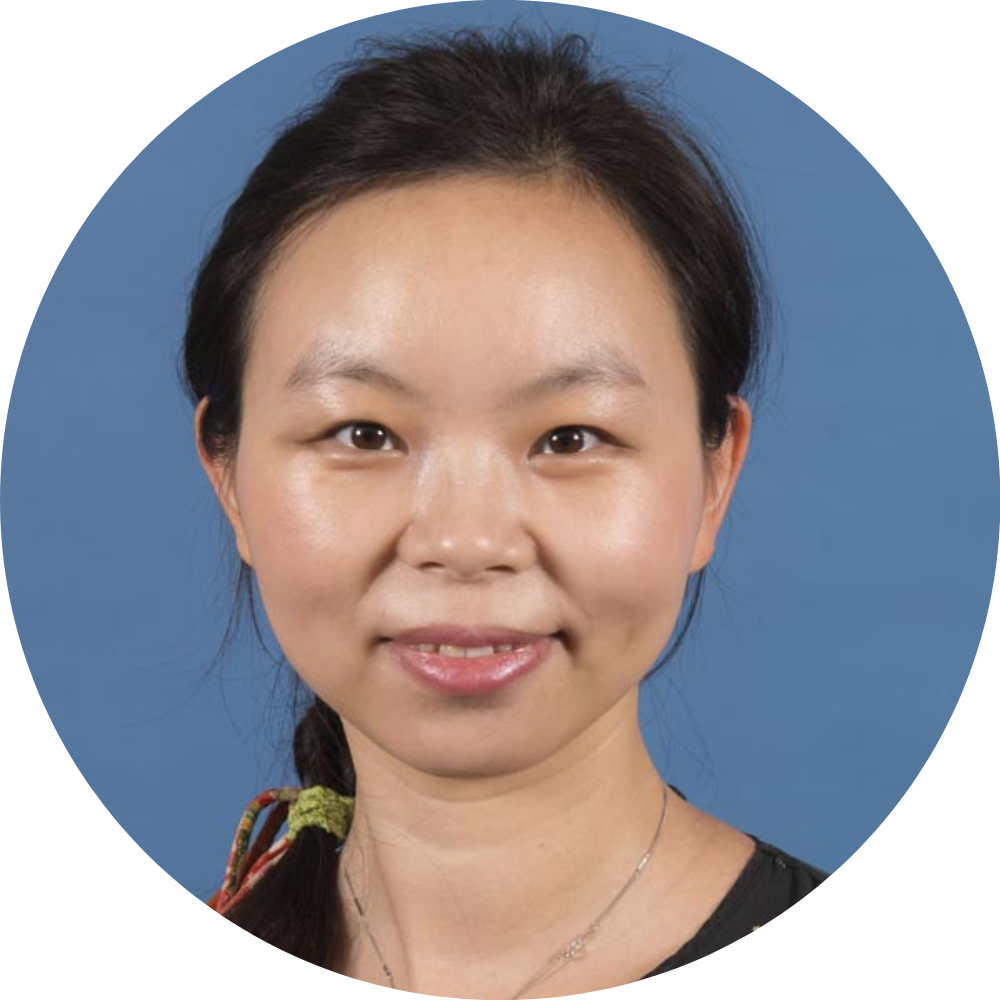
Guenevere (Qian) Chen, Ph.D.
Associate Professor, Department of Electrical and Computer Engineering, Klesse College of Engineering and Integrated Design
Email: guenevereqian.chen@utsa.edu
- The Internet of Things Security
- Healthcare Security
- Blockchain Technology
- Autonomic Computing and Self-Protection Systems
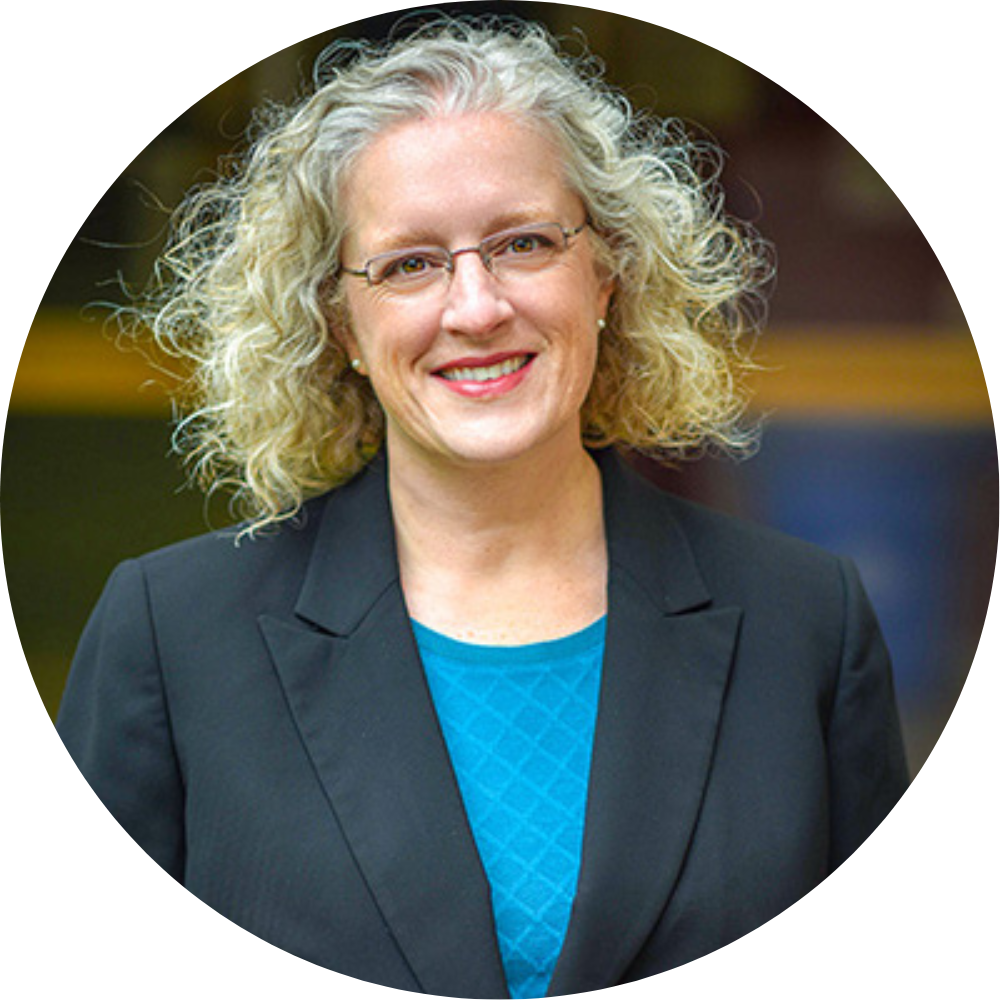
Tracy Cowden, DMA
Roland K. Blumberg Endowed Professor in Music, Department Chair, Department of Music, College of Liberal and Fine Arts
Email: tracy.cowden@utsa.edu
- Music as Therapy
- Cognition and Behavior
- Alzheimer's Disease
- PTSD
- Brain Wellness and Aging
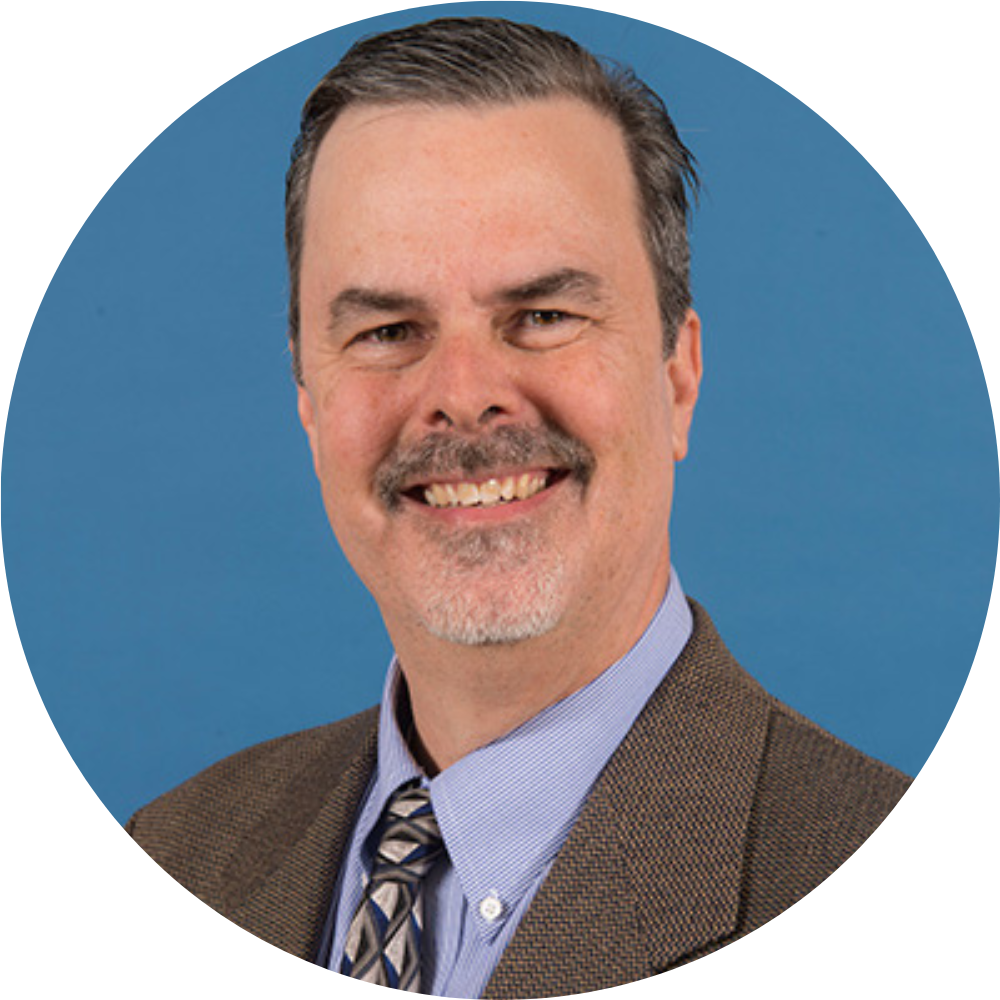
Thomas Coyle, Ph.D.
Professor, Department of Psychology, College of Health, Community and Policy
Email: thomas.coyle@utsa.edu
- Mental Ability, Intelligence, & IQ
- Brain Aging & Cerebral Health Markers
- Academic Aptitude Test (SAT and ACT)

John Davis, Ph.D.
Associate Professor, Department of Educational Psychology, College of Education and Human Development
Email: john.davis2@utsa.edu
- Meta-analysis
- Education intervention to promote neuro diverse learning
- Developing strategies to provide functional outcomes for life skills and workforce capacity
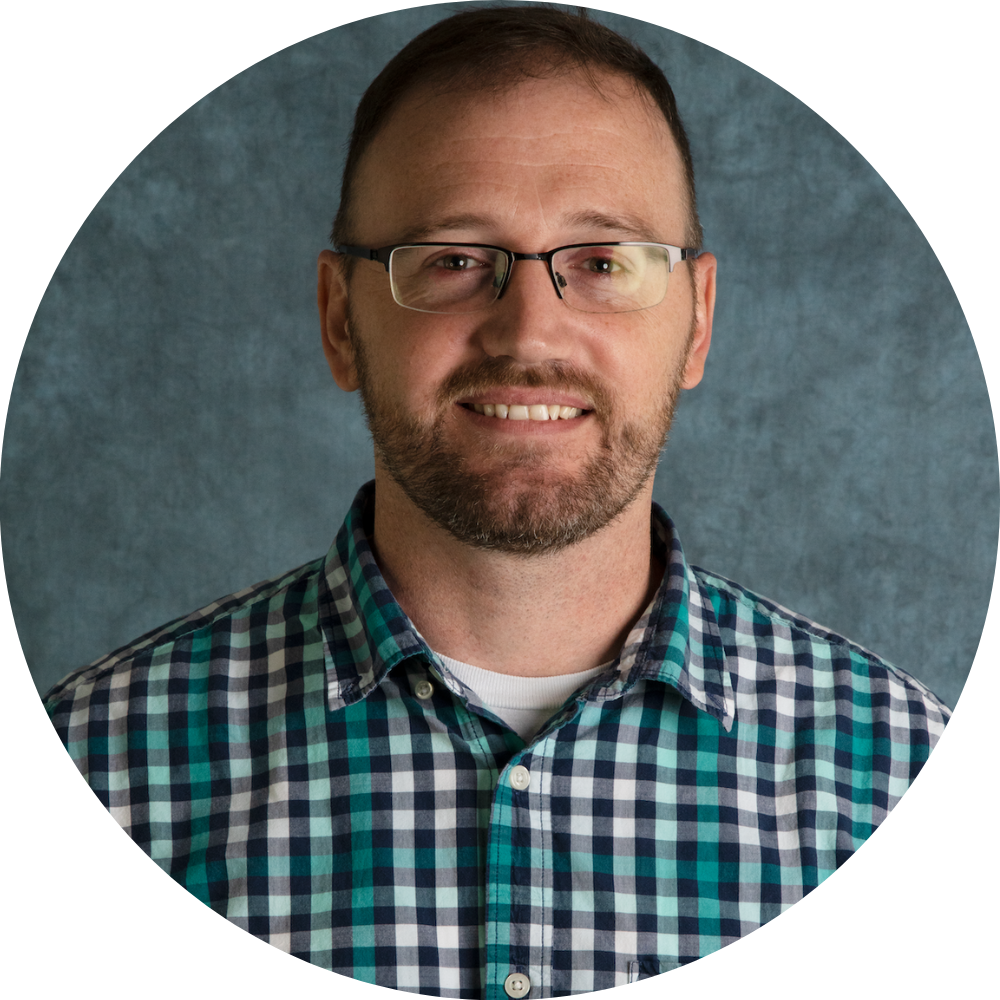
Samuel DeJulio, Ph.D.
Assistant Professor, Department of Interdisciplinary Learning and Teaching, College of Education and Human Development
Email: samuel.dejulio@utsa.edu
- Teacher literacy and education
- Curriculum and instruction development
- Literacy tutoring and mentoring
- Bilingual literacy practices
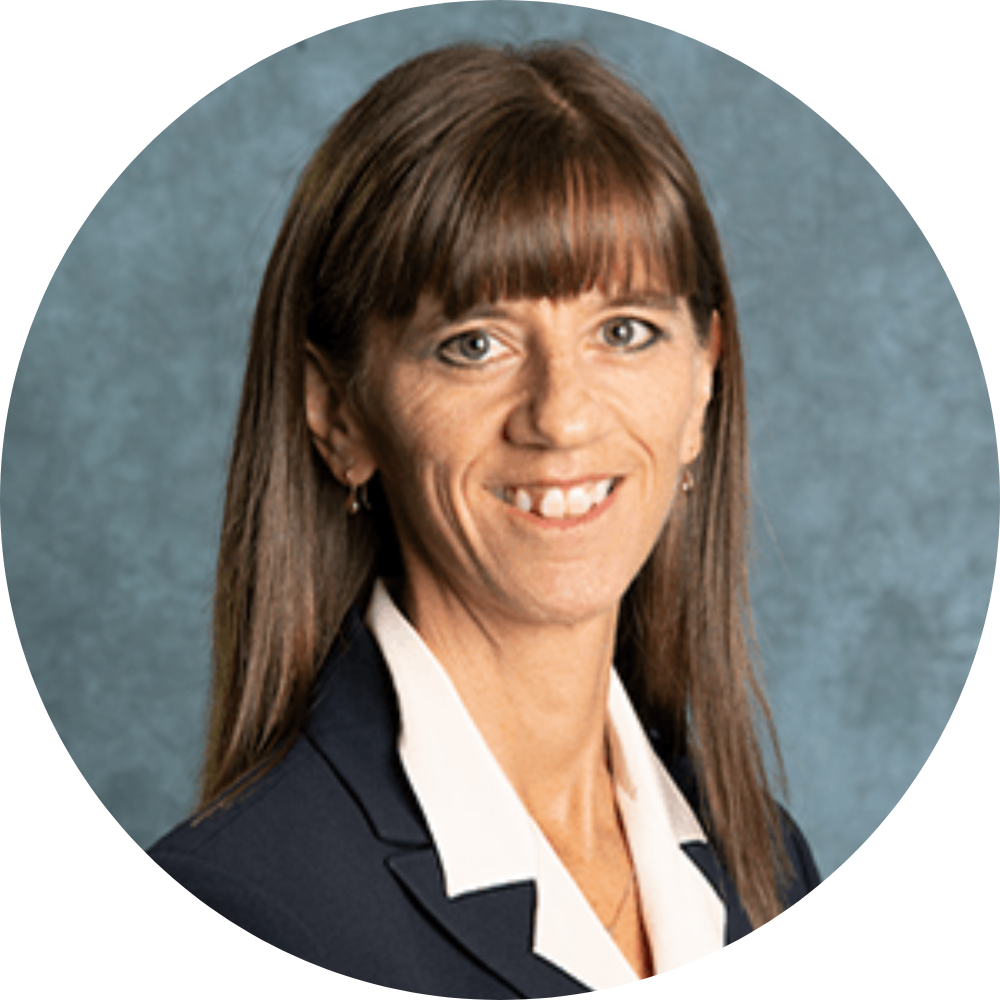
Kathy Ewoldt, Ph.D.
Assistant Professor, Department of Interdisciplinary Learning and Teaching, College of Education and Human Development
Email: kathy.ewoldt@utsa.edu
- Internventions and Accomodations to Maximize Learning in Inclusive Settings
- Integration and Implementation of Technology in Inclusion Classrooms
- Service Animal Policy
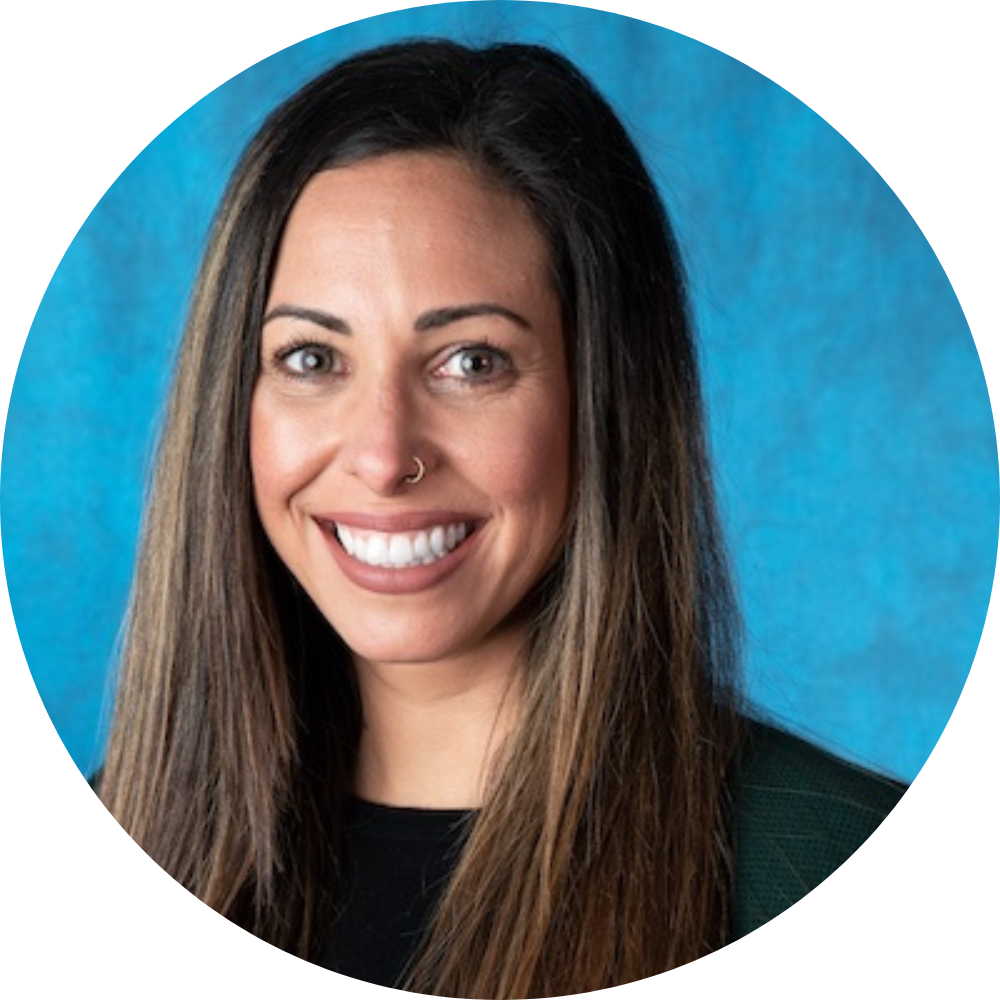
Chantal Fahmy, Ph.D.
Assistant Professor, Department of Criminology and Criminal Justice, College of Health, Community and Policy
Email: chantal.fahmy@utsa.edu
- Health criminology
- Prison reentry
- Incarceration and public health
- Social support
- Institutional corrections
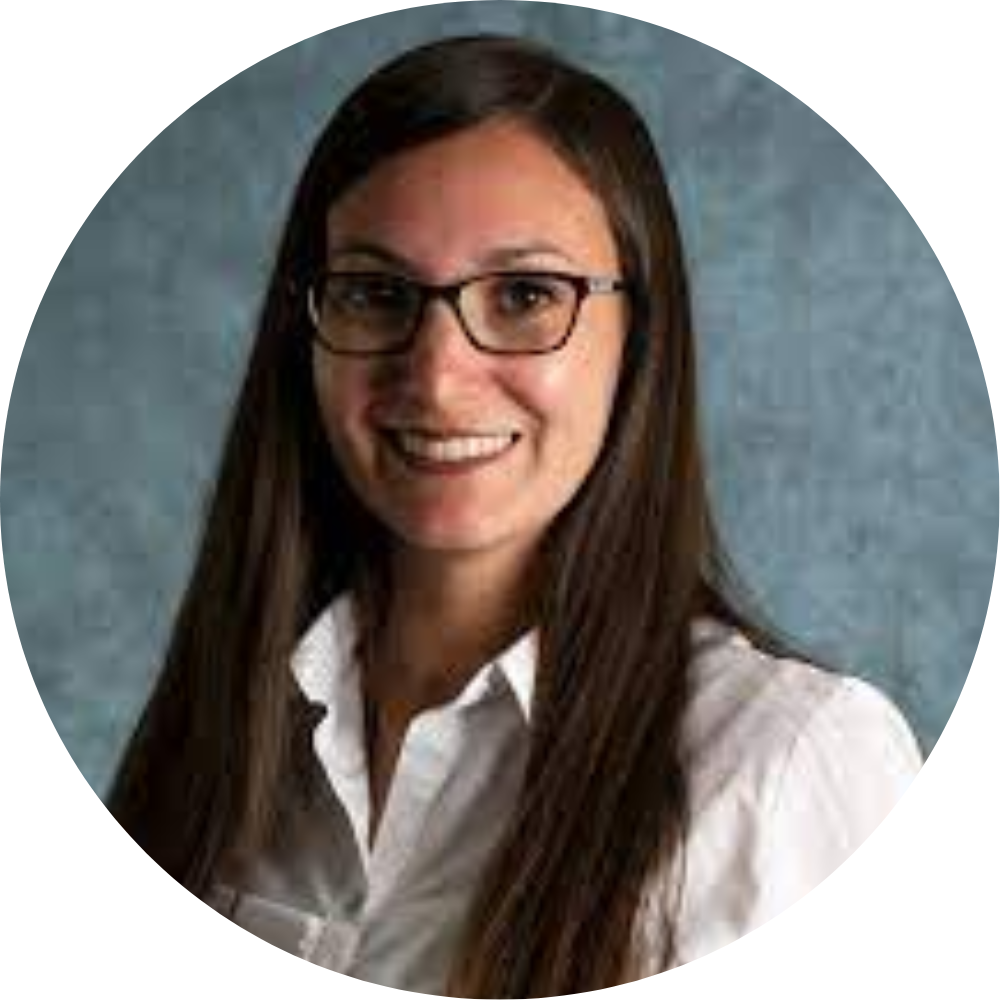
Amanda Fernandez, Ph.D.
Assistant Professor, Department of Computer Science, College of Sciences
Email: amanda.fernandez@utsa.edu
- Adversarial Learning
- Computer Vision
- Deep Learning
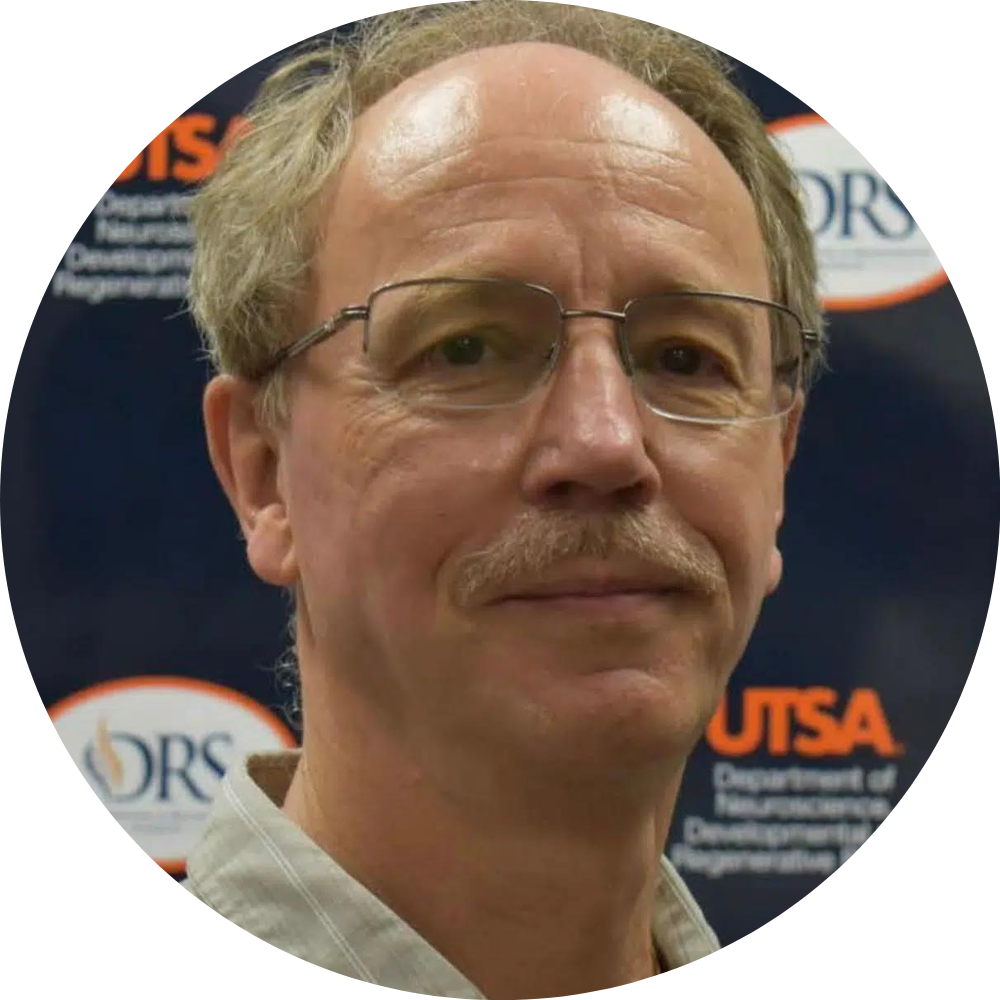
Thomas Forsthuber, M.D., Ph.D.
Professor, Molecular Microbiology and Immunology Department, College of Sciences, Jesse H. and Mary Gibbs Jones Chair in Biotechnology
Email: Thomas.Forsthuber@utsa.edu
- Mechanisms Promoting Autoimmune Diseases
- Translational Research That Can Be Directly Applied

Doug E. Frantz, Ph.D.
Max and Minnie Tomerlin Voelcker Distinguished Professor, Chemistry Department, College of Sciences
Email: doug.frantz@utsa.edu
- Asymmetric Catalysis
- Heterocyclic Synthesis
- Medicinal Chemistry
- Physical Organic Chemistry
- Process Chemistry
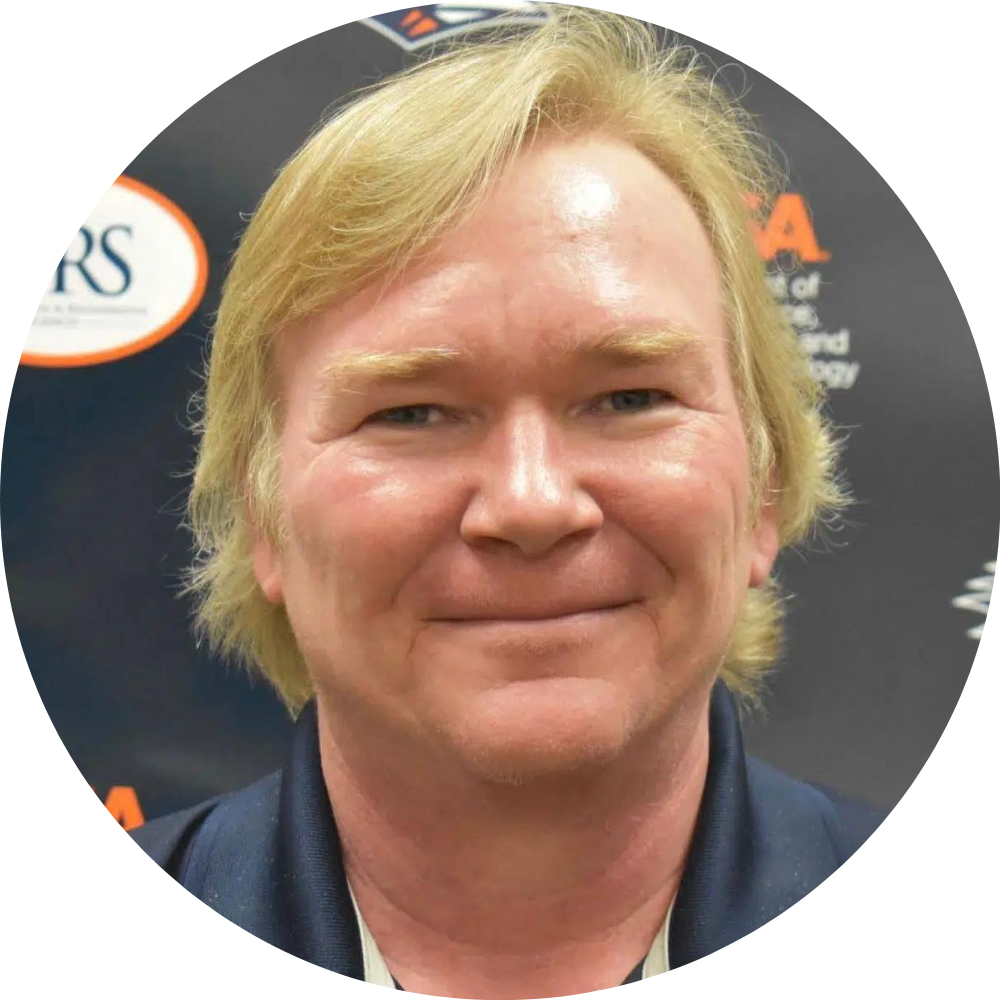
Truman Gamblin, Ph.D.
Professor, Neuroscience, Developmental and Regenerative Biology Department, College of Sciences
Email: Truman.Gamblin@utsa.edu
- Alzheimer's Disease
- Electron Microscopy
- Neurodegeneration
- Protein Biochemistry
- Protein Misfolding and Aggregation
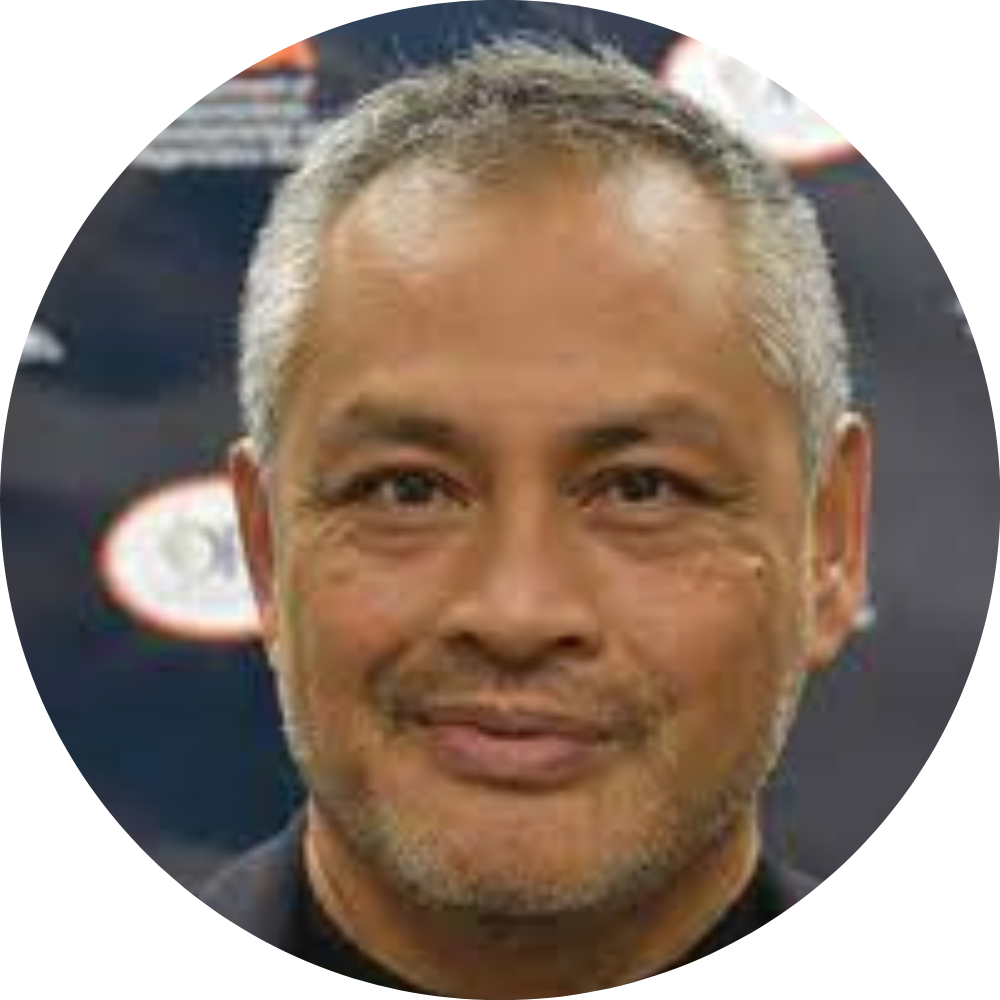
Gary Gaufo, Ph.D.
Associate Professor, Neuroscience, Developmental and Regenerative Biology Department, College of Sciences
Email: gary.gaufo@utsa.edu
- Molecular and Cellular Approaches in Neural Development
- Developmental Patterning in Vertebrate Embryos
- Neural Plasticity
- Regenerative Medicine
http://www.utsa.edu/biology/faculty/GaryGaufo.html
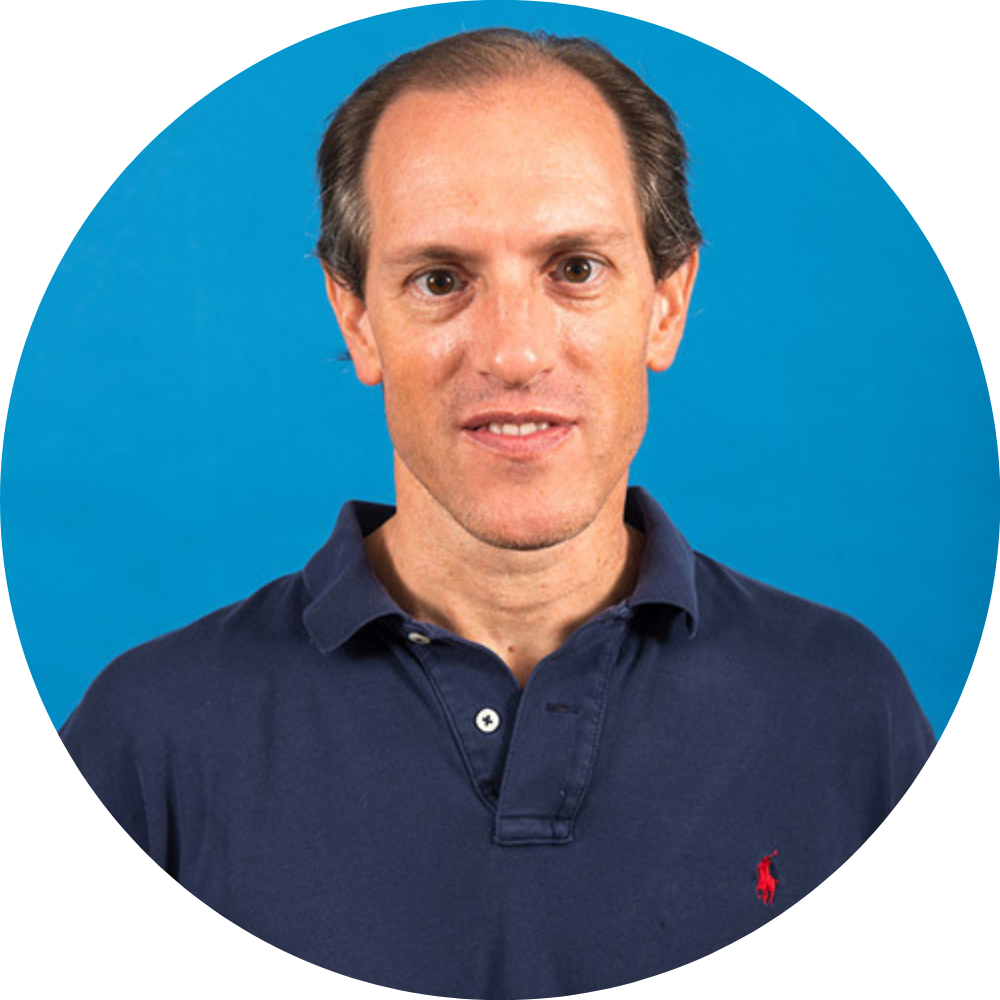
Ed Golob, Ph.D.
Professor, Department of Psychology, College for Health, Community, and Policy
Email: edward.golob@utsa.edu
- Spatial Cognition
- Attention and Working Memory
- Perception and Action
- Age-related Neurological Disorders
http://www.golobcogneurolab.org/
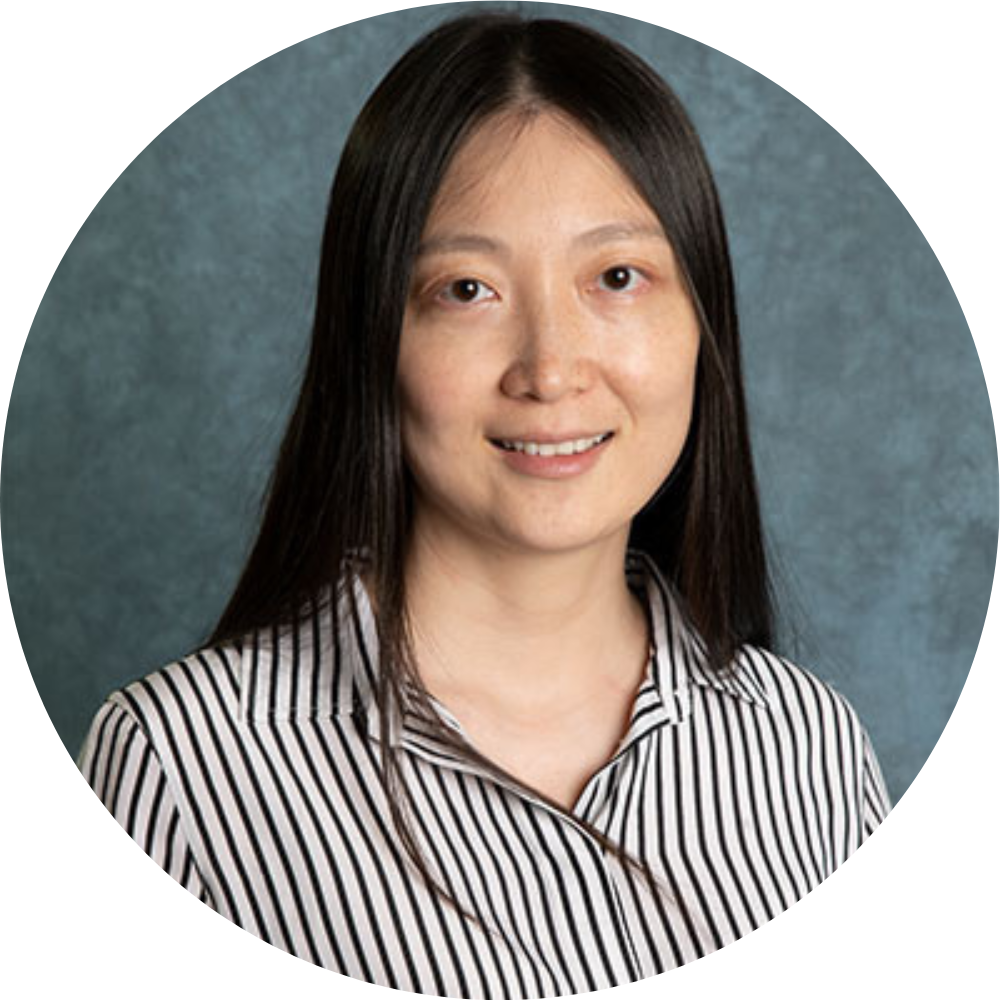
Yanmin Gong, Ph.D.
Assistant Professor, Department of Electrical and Computer Engineering, Klesse College of Engineering and Integrated Design
Email: yanmin.gong@utsa.edu
- Trustworthy and Intelligent Networked Systems (TINS) Lab
- Edge intelligence
- Trustworthy AI
- Data security and privacy
- Digital health
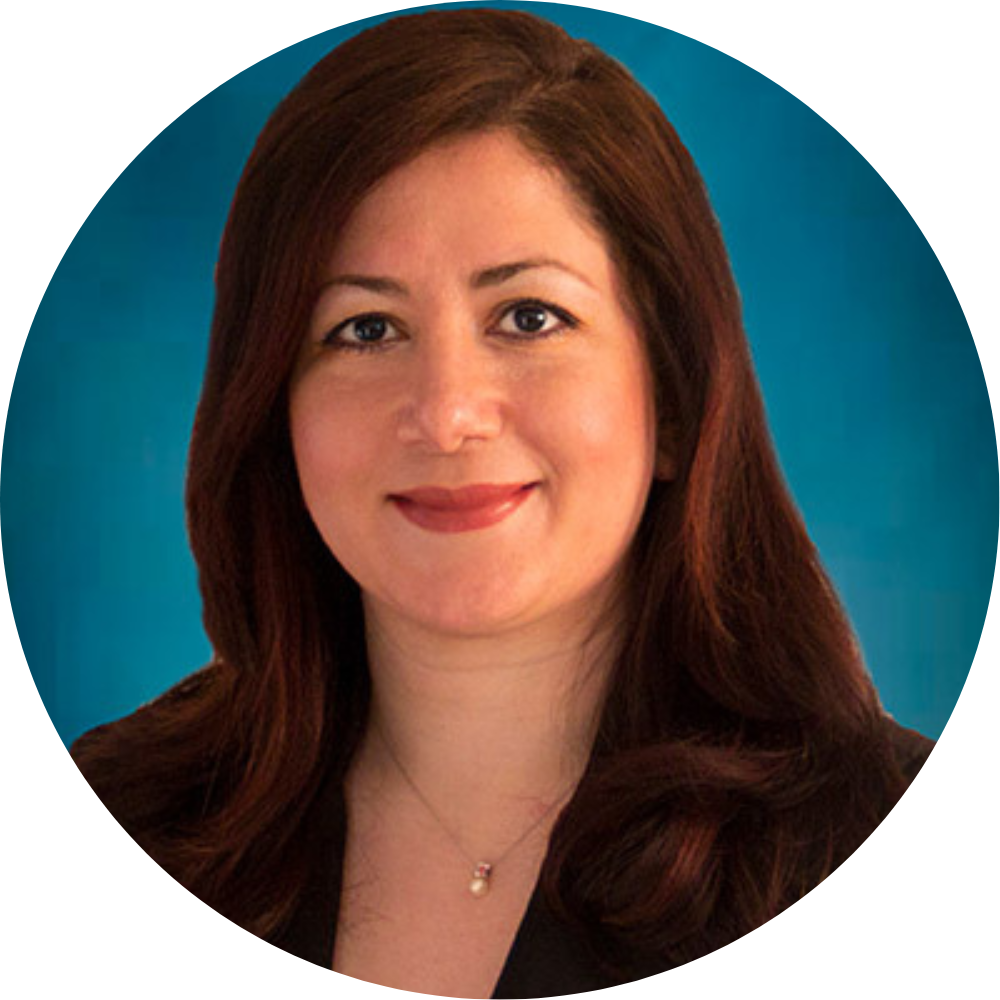
Marzieh Hajiaghamemar, Ph.D.
Assistant Professor, Department of Biomedical Engineering & Chemical Engineering, Klesse College of Engineering and Integrated Design
Email: marzieh.memar@utsa.edu
- Traumatic Brain Injury (TBI)
- Biomechanics
- Biomarkers
- Translational Knowledge for Preclinical and Clinical Applications
https://engineering.utsa.edu/biomedical/team/marzieh-hajiaghamemar-memar-ph-d-p-e/

Willie Hale, Ph.D.
Assistant Professor, Department of Psychology, College for Health, Community and Policy
Email: willie.hale@utsa.edu
- Interpersonal Perception
- Belongingness & Authenticity
- Post-Traumatic Stress Disorder
- Personalized Medicine
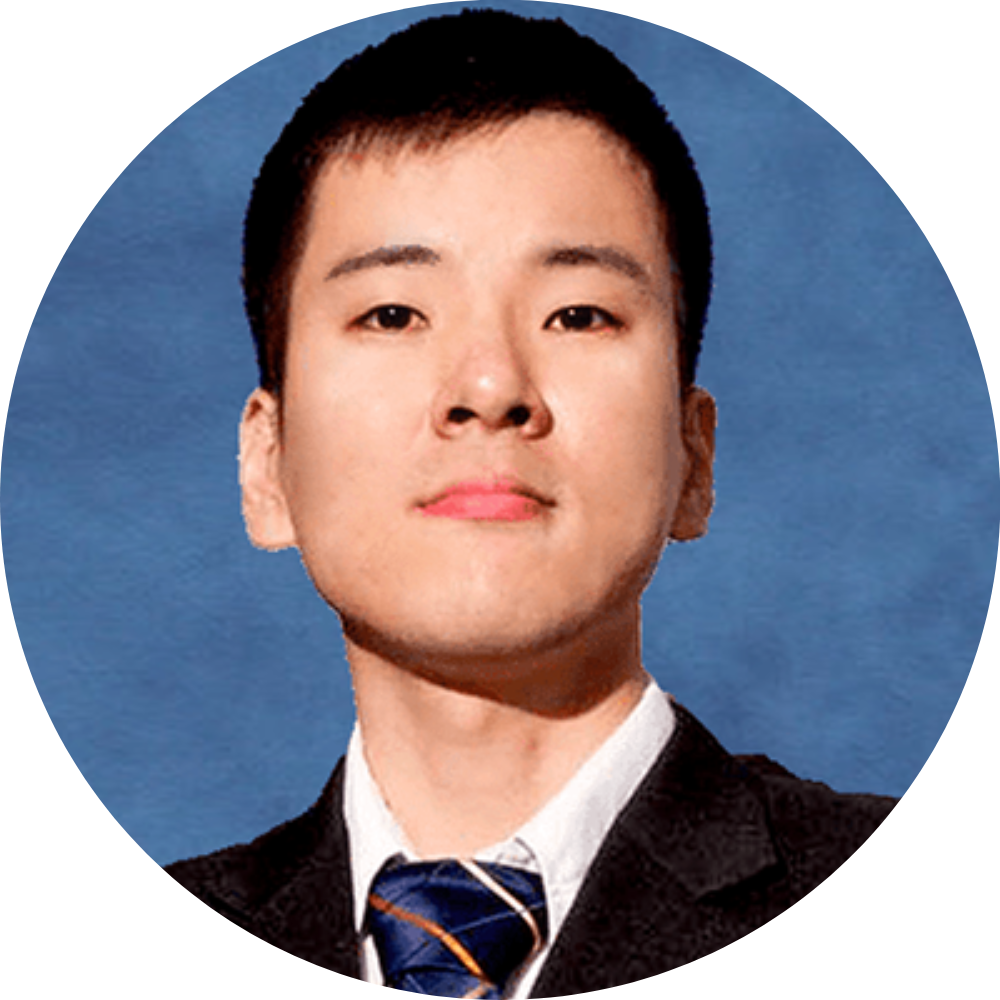
David Han, Ph.D.
Romo Endowed Professor, Associate Professor, Department of Management Sciences and Statistics, Alvarez College of Business
Email: david.han@utsa.edu
- Statistical Modeling
- Data Science and Analytics
- Predictive Maintenance Planning with Applications to Healthcare
- Biomedicine
- Chemometrics
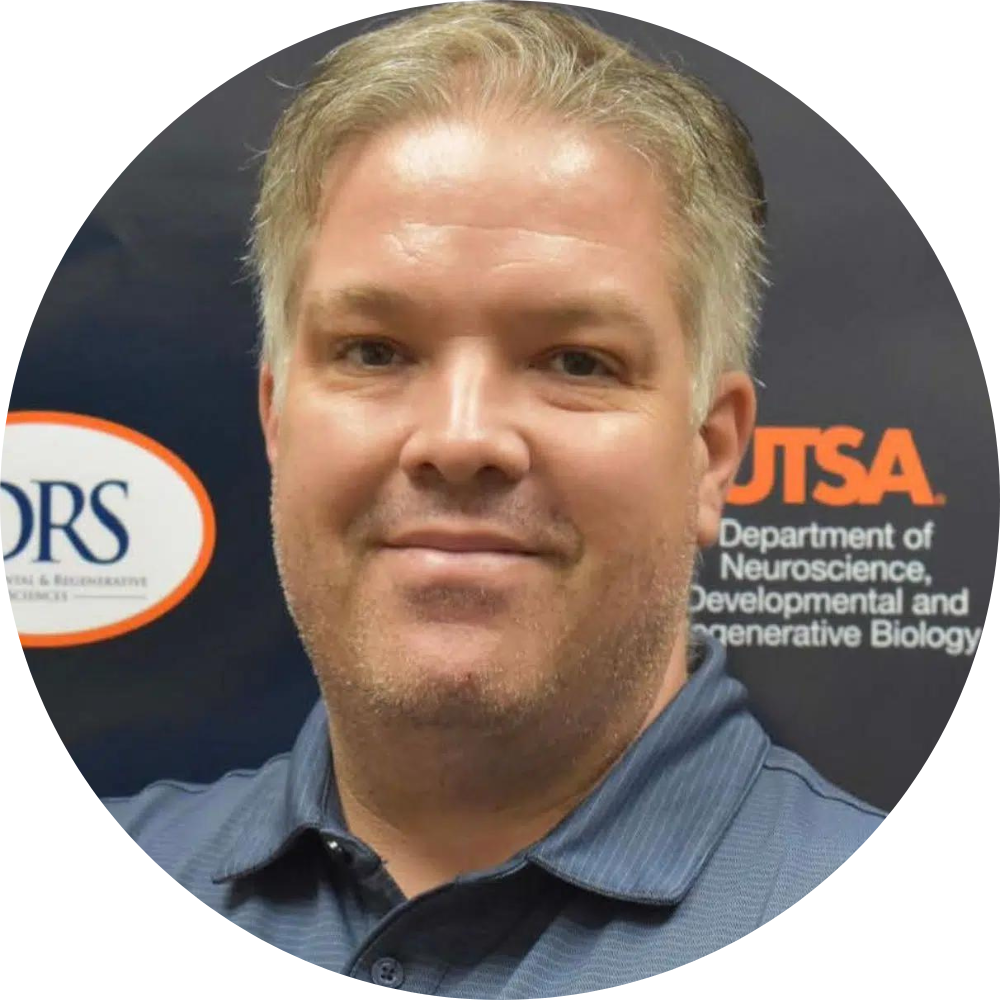
Brian P. Hermann, Ph.D.
Professor, Neuroscience, Developmental and Regenerative Biology Department, College of Sciences
Email: brian.hermann@utsa.edu
- Male Infertility and Fertility Preservation
- Single-Cell Gene Expression
- Spermatogonial Stem Cells
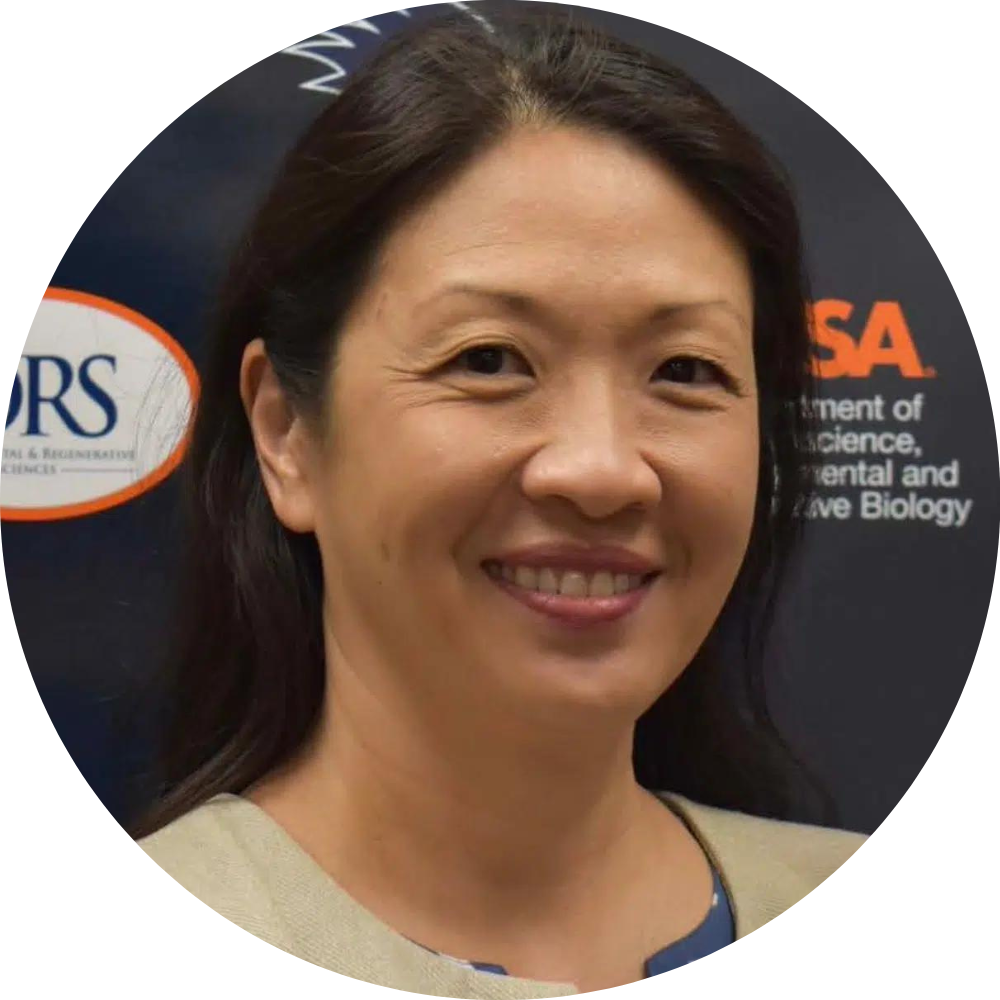
Jenny Hsieh, Ph.D.
Professor and Chair, Neuroscience, Developmental and Regenerative Biology Department, College of Sciences, Semmes Foundation Distinguished Chair in Cell Biology, Director, UTSA Brain Health Consortium
Email: jenny.hsieh@utsa.edu
- Epilepsy
- Neurogenesis
- Stem Cells
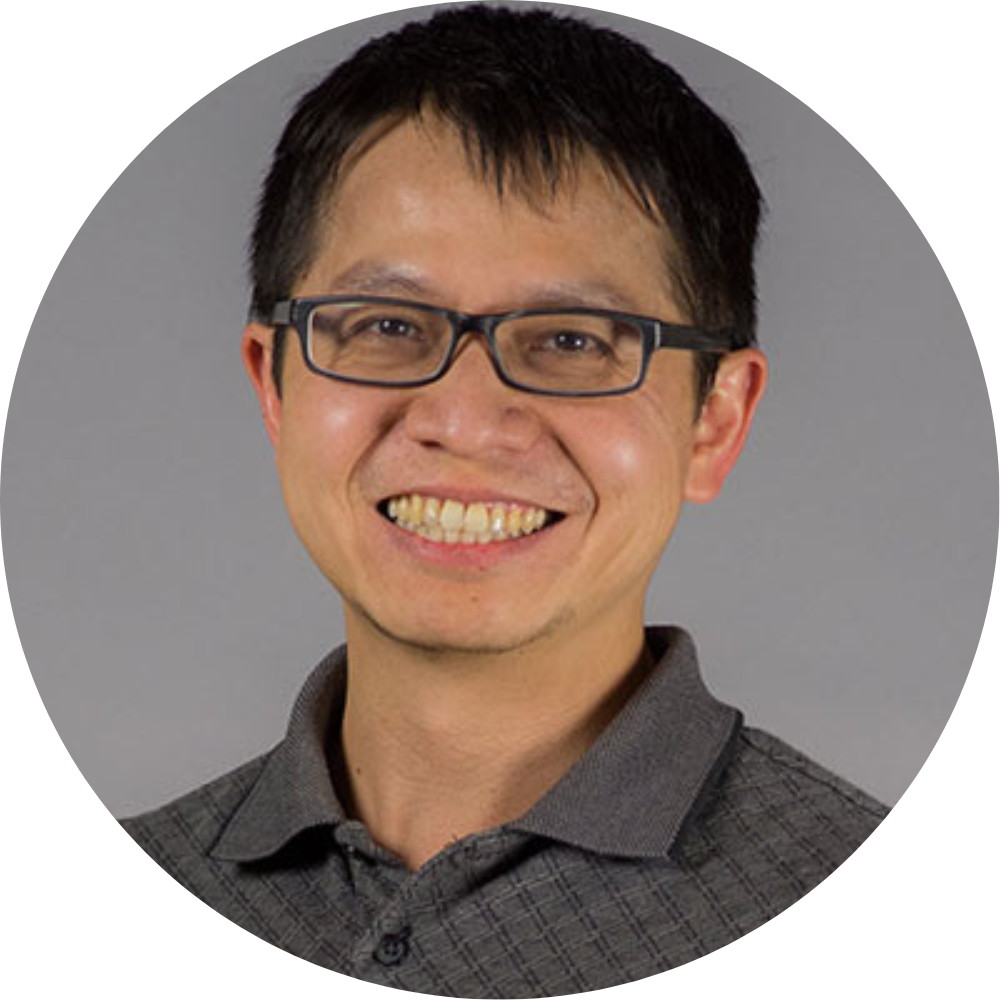
Chia (George) Hsu, Ph.D.
Assistant Professor, Kinesiology, College for Health, Community and Policy
Email: chia.hsu@utsa.edu
- Molecular mechanisms of immunity and inflammation
- Programmed cell death pathways in neurological diseases and injuries
- Small molecule pharmacology
- Exercise as it relates to 'Immune Fitness' in performance
https://hcap.utsa.edu/kinesiology/research/immune-fitness-lab.html
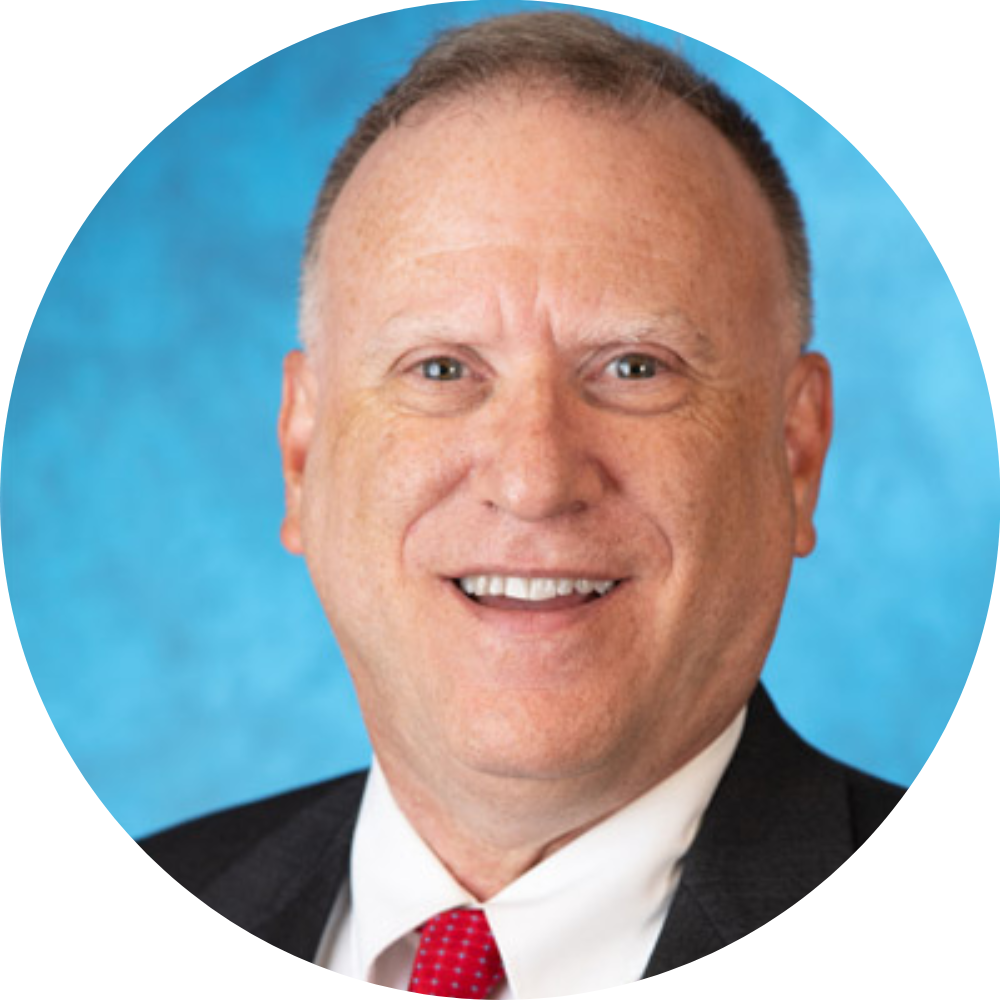
David Jaffe, Ph.D.
Professor, Neuroscience, Developmental and Regenerative Biology Department, College of Sciences
Email: david.jaffe@utsa.edu
- Epilepsy
- Hippocampal Function and Alzheimer's Disease
- Post-Traumatic Stress Disorder
- Synaptic and Axonal Signal Integration
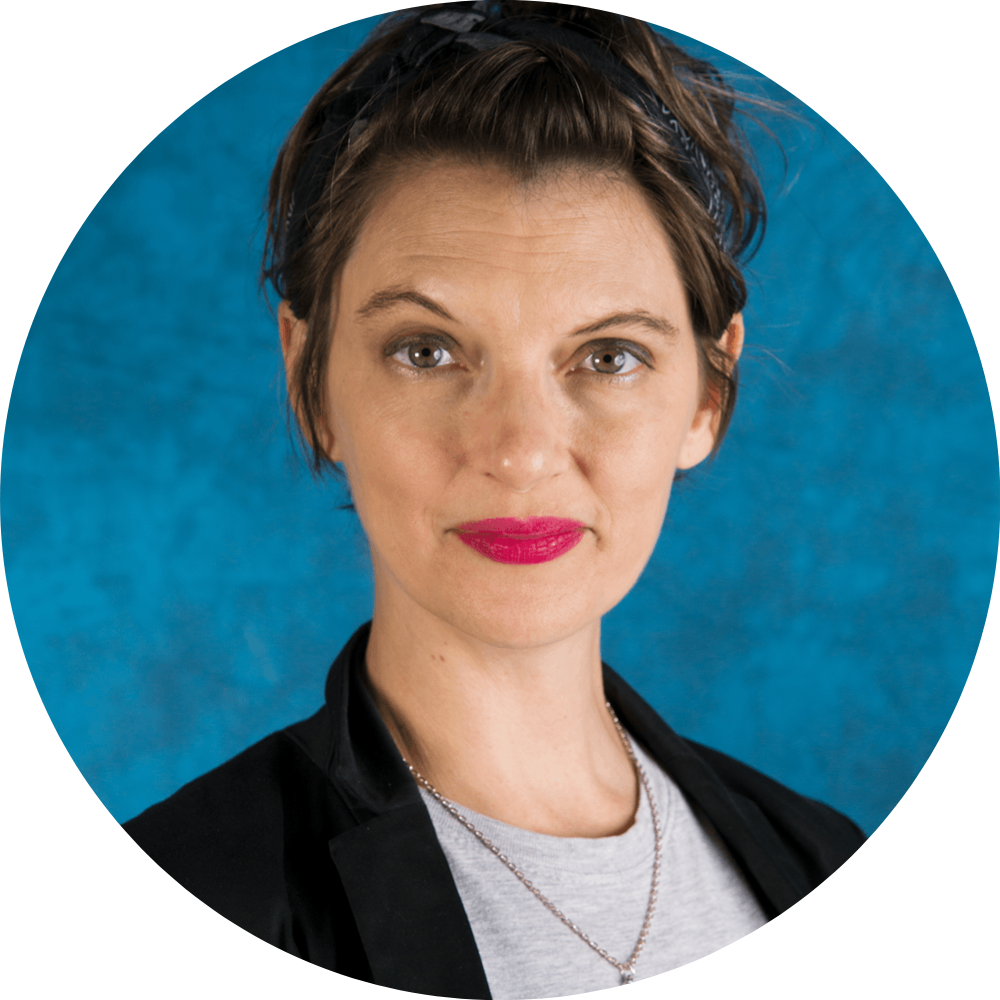
Crystal Kalinec-Craig, Ph.D.
Associate Professor, Department of Interdisciplinary Learning and Teaching, College of Education and Human Development
Email: crystal.kalinec-craig@utsa.edu
- Supporting Teacher's to Recognize Children's Mathematical Resources
- Incorporating Group Worthy Tasks that Leverage Children's Funds of Knowledge
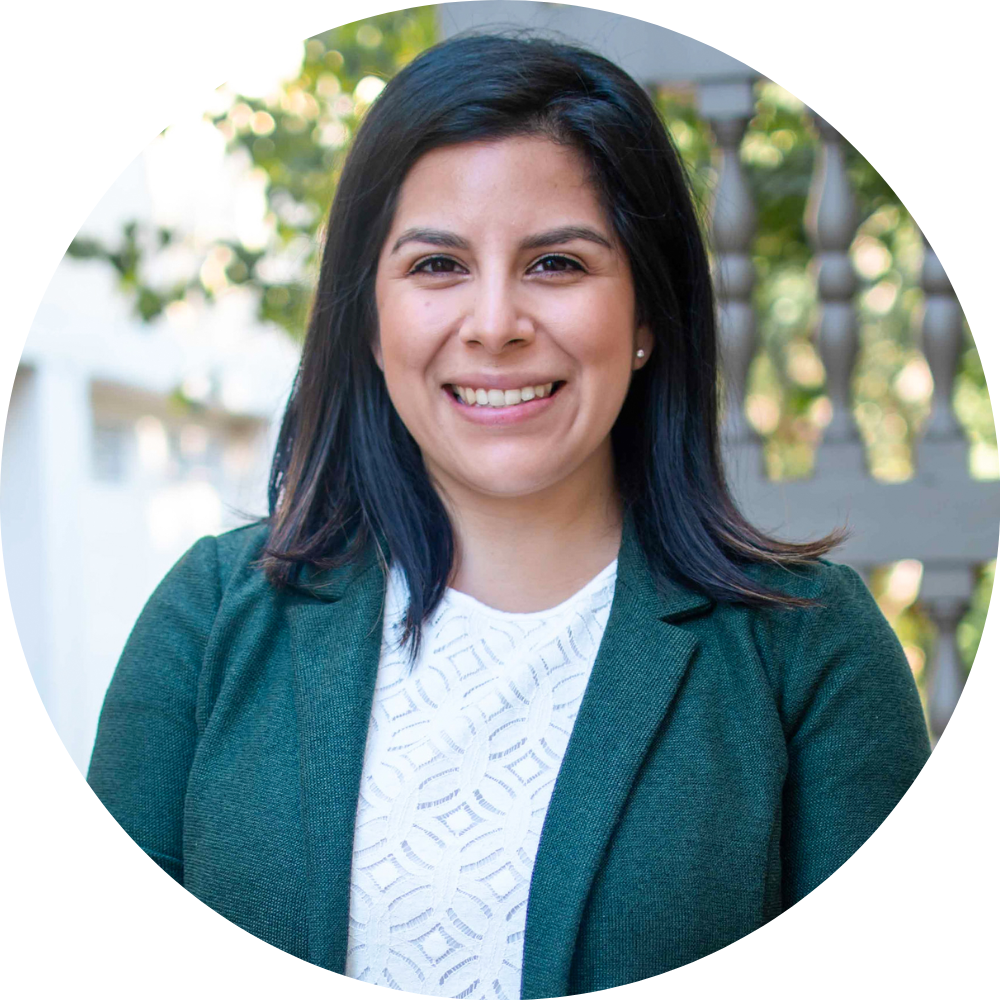
Marie Kirkpatrick, Ph.D., BCBA, LBAh
Assistant Professor, Department of Educational Psychology, College of Education and Human Development
Email: marie.kirkpatrick@utsa.edu
- Using Applied Behavior Analysis in Schools to Support Children with Autism and Other Develpometnal Disabilities
- Techonolgy to Deliver Behavior Analytic Interventions to Teach New Skills
- Coaching and Training Teachers to Implement Evidence-Based Practices

Dhireesha Kudithipudi, Ph.D.
Professor, Robert F McDermott Endowed Chair, Department of Electrical and Computer Engineering, College of Engineering, Director of AI Consortium
Email: dhireesha.kudithipudi@utsa.edu
- AI Algorithms
- Emerging Computing Substrates
- Energy Efficient Machine Learning
- Lifelong Learning
- Neuromorphic AI Systems and Architectures
- Spiking and Rate Based Models

Russell Lang, Ph.D.
Professor, Department of Educational Psychology, College of Education and Human Development
Email: russell.lang@utsa.edu
- Autism
- Behavioral Interventions
- Intellectual and Developmental Disabilities
- Enhancing Quality of Life with Evidence-based Practices
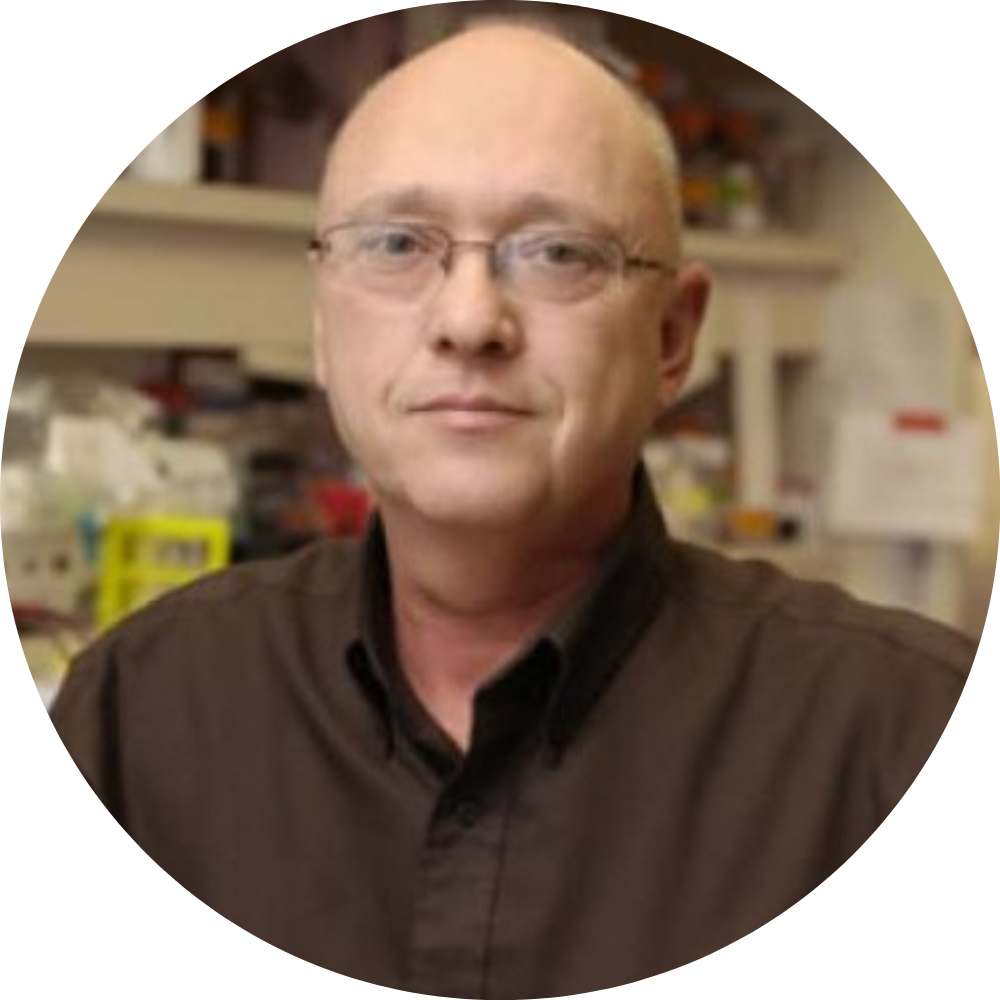
Richard LeBaron, Ph.D.
Professor, Neuroscience, Developmental and Regenerative Biology Department, College of Sciences
Email: Richard.Lebaron@utsa.edu
- Cell Adhesion; Cell Biology
- Disorders of the Temporomandibular Joint
- Extracellular Matrix Molecules in Cancers and in Diabetes Complications
- Regenerative Medicine; Tissue Regeneration
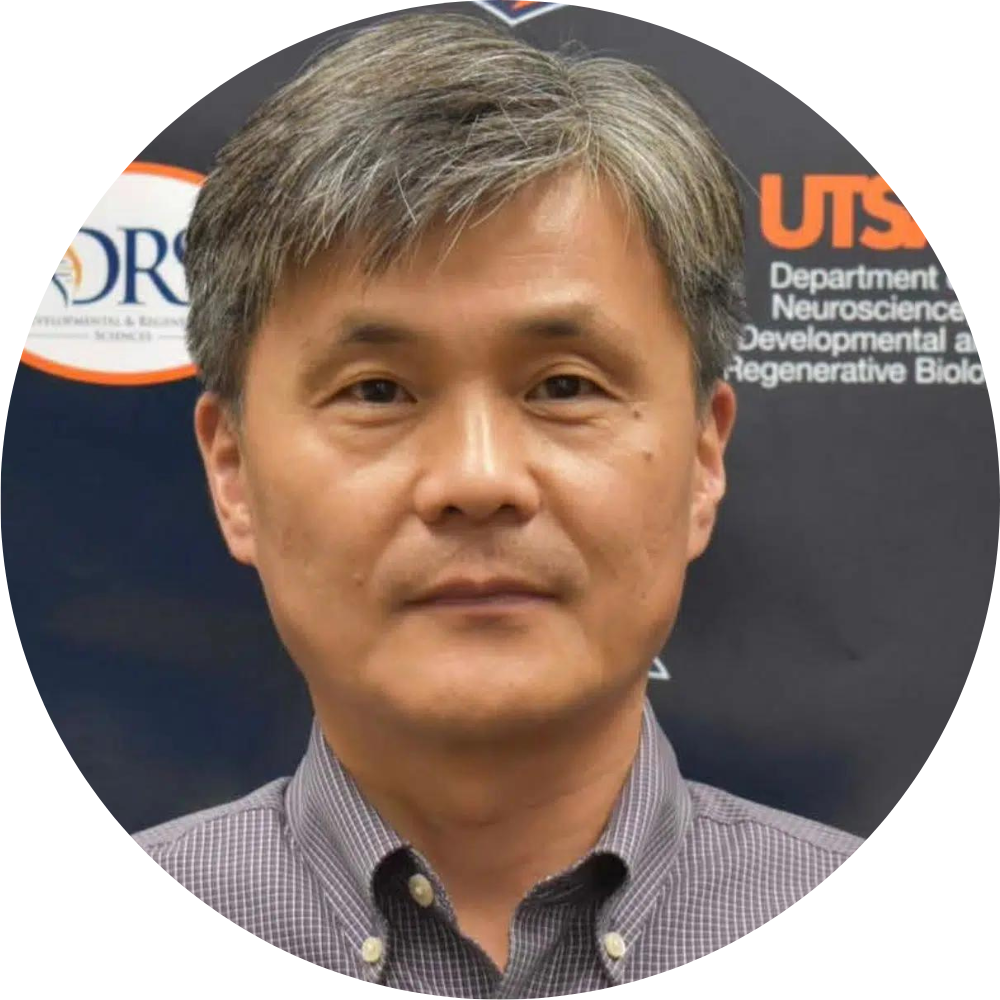
Hyoung-gon Lee, Ph.D.
Associate Professor, John H. Doran, M.D., F.A.C.P., Distinguished Professorship in Peripheral Neuropathy, Neuroscience, Developmental and Regenerative Biology Department, College of Sciences
Email: hyoung-gon.lee@utsa.edu
- Alzheimer's Disease
- Neurobiology
- Neurodegeneration
- Impacts of PTSD and TBI on Neuronal health
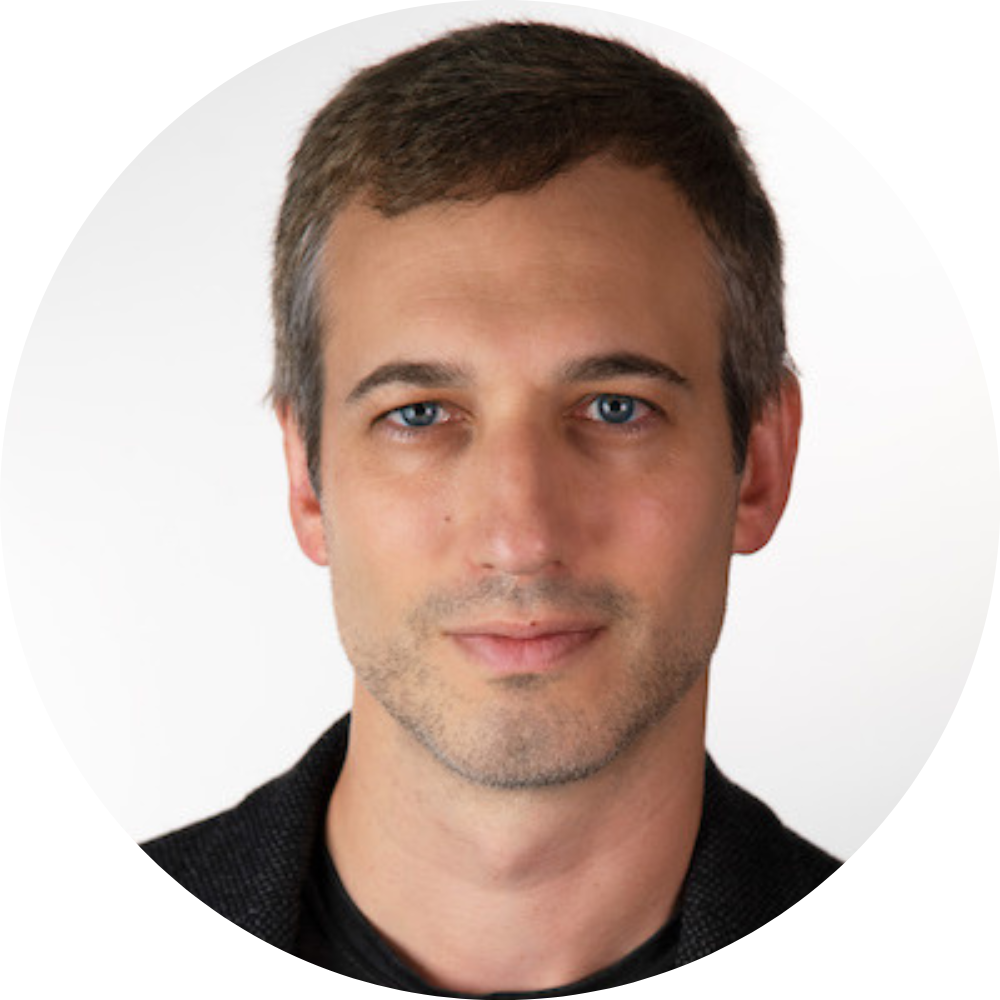
Itamar Lerner, Ph.D.
Assistant Professor, Department of Psychology, College for Health, Community, and Policy
Email: itamar.lerner@utsa.edu
- Cognitive & Computational Neuroscience of Memory & Learning
- Sleep Effects on Cognition & Emotion
- Brain Mechanisms Behind Creativity and Semantic Memory in Healthy and Schizophrenic Individiuals

Chin-Hsing (Annie) Lin, Ph.D.
Associate Professor, Neuroscience, Developmental and Regenerative Biology Department, College of Sciences
Email: annie.lin@utsa.edu
- Functional Genomics
- Stem Cell and Cancer Biology
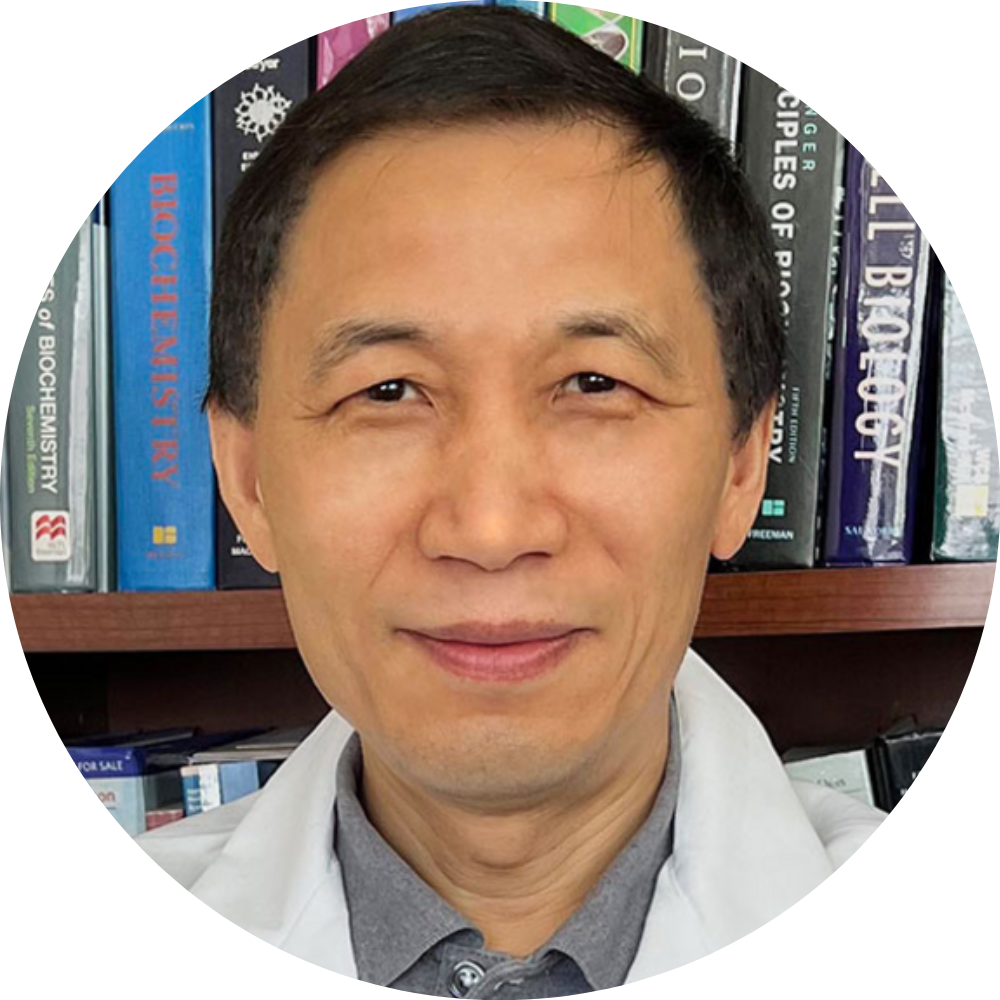
Aimin Liu, Ph.D.
Professor, Department of Chemistry, College of Sciences, Lutcher Brown Distinguished Chair in Biochemistry
Email: aimin.liu@utsa.edu
- Cofactor Biosynthesis
- Mechanistic Enzymology
- Metabolism
- Oxygen Activation
- Protein Biochemistry
- Redox Regulation

Stella Lopez, Ph.D.
Associate Professor, Department of Psychology, College of Health, Community and Policy
Email: stella.lopez@utsa.edu
- Person Perception
- Dynamics of Online Social Interactions
- Performance Success and Failure
- Research Methodologies
- Self-Efficacy, Need to Belong, and Coping Strategies

Jose Lopez-Ribot, Pharm.D., Ph.D.
Professor, Department of Molecular Microbiology and Immunology, College of Sciences and Associate Dean for Research, College of Sciences, Margaret Batts Tobin Distinguished Chair in Biotechnology
Email: Jose.LopezRibot@utsa.edu
- Antifungal Drug Development
- High Throughput Screening
- Immunopathogenesis of Fungal Infections
- Medical Mycology
- Microbial Biofilms
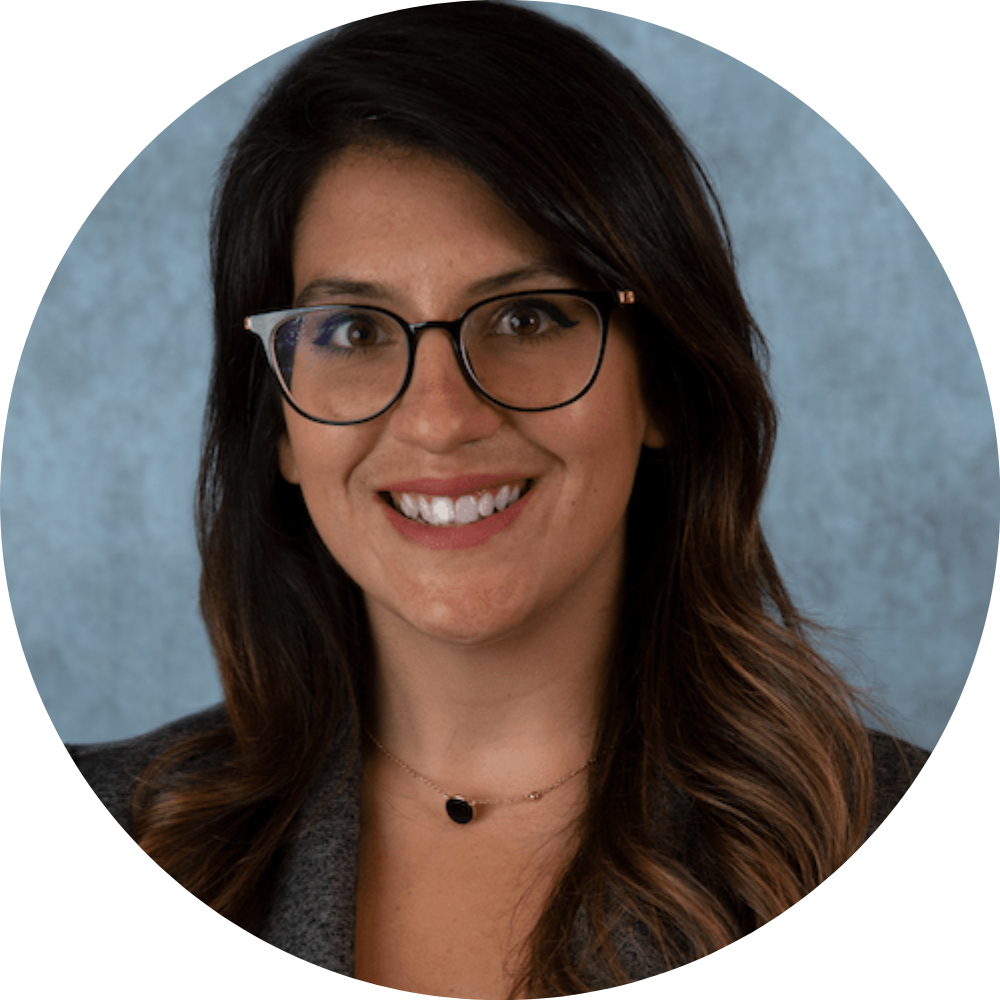
Hannah Macnaul, Ph.D., LSSP
Assistant Professor, Department of Educational Psychology, College of Education and Human Development
Email: hannah.macnaul@utsa.edu
- Autism Spectrum Disorder
- Assessment and Treatment of Severe Problem Behavior with ASD
- Developing Non-Obtrusive Interventions Based on Applied Behavior Analysis
- Multidisciplinary Training and Collaboration for Higher Education Students
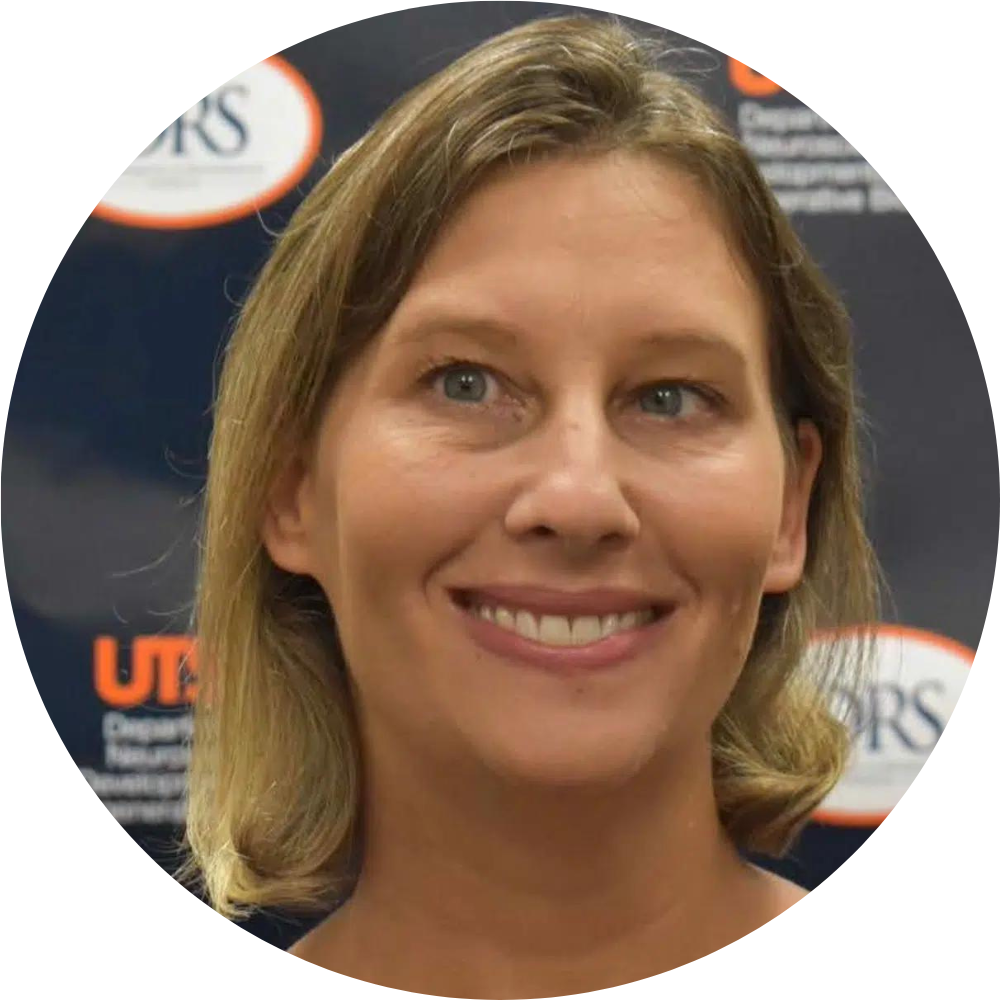
Lindsey Macpherson, Ph.D.
Associate Professor, Neuroscience, Developmental and Regenerative Biology Department, College of Sciences
Email: lindsey.macpherson@utsa.edu
- Circuit Mapping
- Functional Imaging Techniques
- Sensory Neuroscience
- Gut-Brain Connections
- Chemosensation of Taste

Marcelo Marucho, Ph.D.
Associate Professor, Department of Physics and Astronomy, College of Sciences
Email: marcelo.marucho@utsa.edu
- Computational and Theoretical Biophysics
- Computational and Theoretical Nanomaterials
- Computational and Theoretical Neurophysics
- Scientific Software Developer
- Biophysical Mechanisms of Electrical Signals Along Cytoskeleton Filaments
- Role of Monomer Mutations in Protein Binding, Polymer Stability, and Information Processing
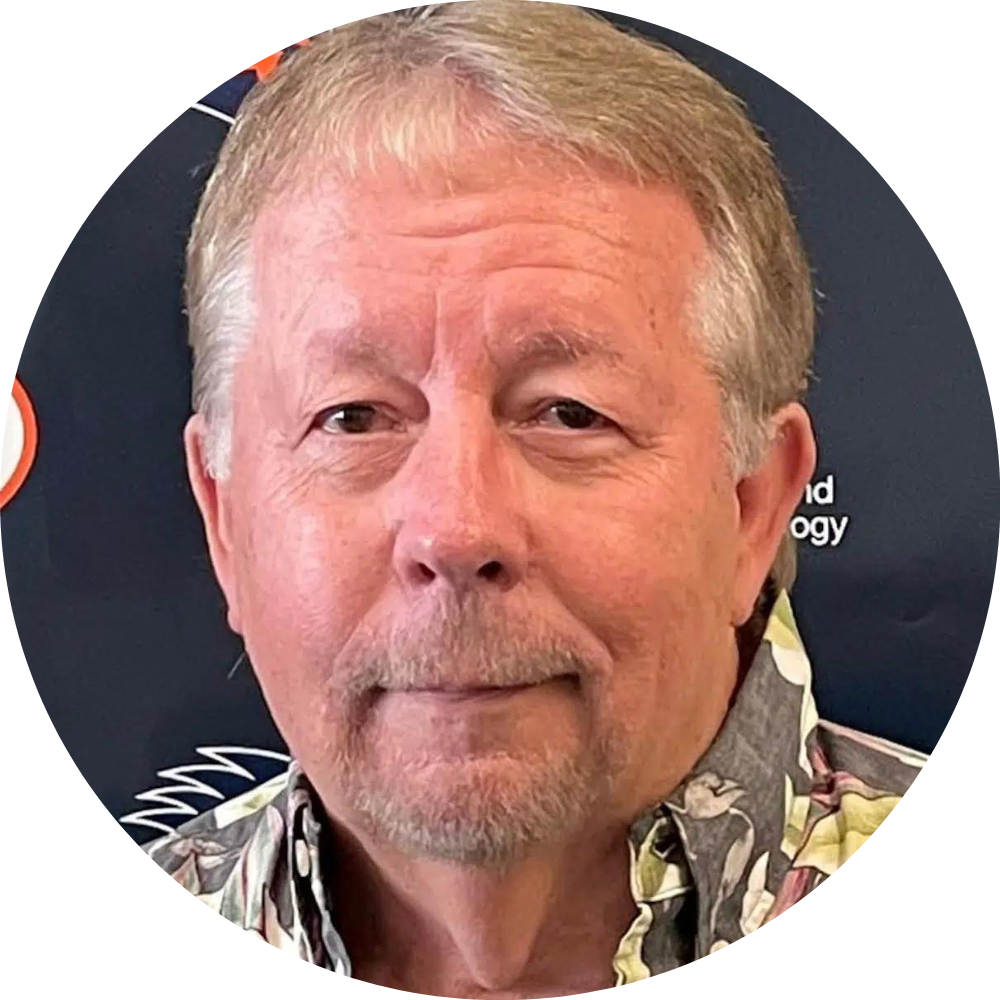
John R. McCarrey, Ph.D.
Professor, Kleberg Distinguished University Chair in Cellular & Molecular Biology, Neuroscience, Developmental and Regenerative Biology Department, College of Sciences
Email: john.mccarrey@utsa.edu
- Epigenetic Regulation of Cell Functions
- Mammalian Germ Cells and Stem Cells
- Transcriptome Analysis
- Epigenetic Reprogramming, Epimutations
- Potentials for Assisted Reproductive Technologies (ART)

Stanton McHardy, Ph.D.
Associate Professor of Research, Chemistry Department, College of Sciences
Email: stanton.mchardy@utsa.edu
- Medicinal Chemistry
- Small Molecule Drug Discovery in Cancer, Infectious Disease, and Neuroscience
- Synthesis of Natural Products
- Synthetic Methodology
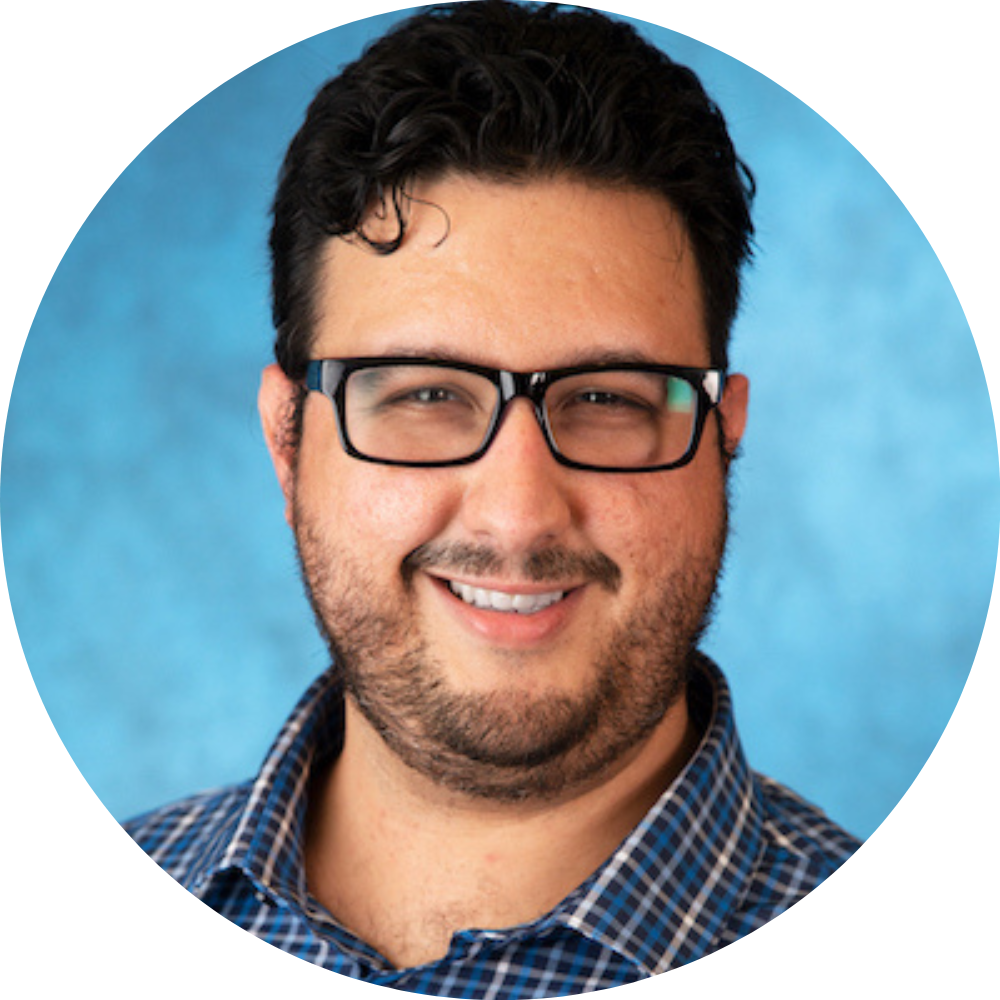
Alan Meca, Ph.D.
Assistant Professor, Department of Psychology, College for Health, Community and Policy
Email: alan.meca@utsa.edu
- Identity development across variety of domains including ethnic/racial identity, parental identity, military identity, etc.
- Cultural Identity Development among ethnic/racial minorities
- Acculturation and cultural stress among immigrant populations
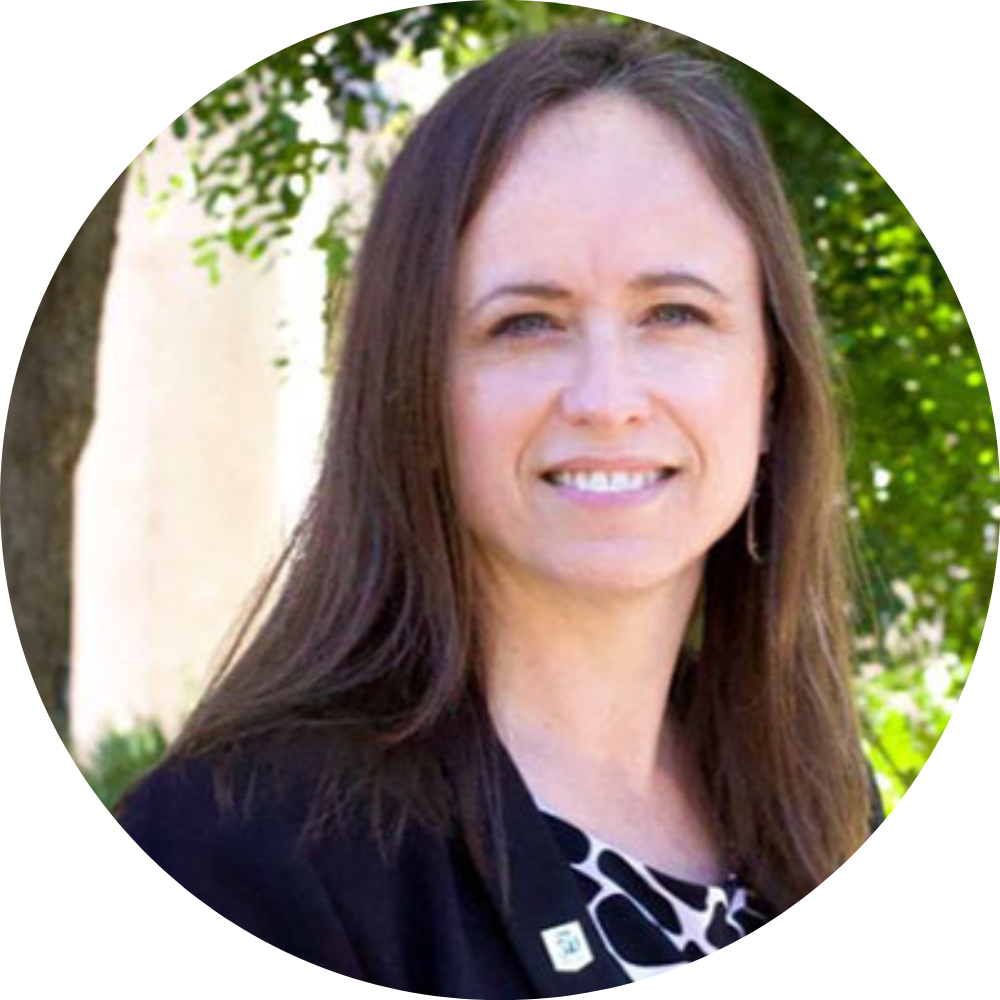
Sandra Morissette, Ph.D.
Professor and Department Chair, Department of Psychology, College for Health, Community and Policy
Email: sandra.morissette@utsa.edu
- Military Health
- Post-Deployment Functional Recovery
- Trauma, Anxiety and Addictive Behaviors
- Smoking Cessation
- Post-Traumatic Stress Disorder (PTSD)
- Traumatic Brain Injury (TBI)
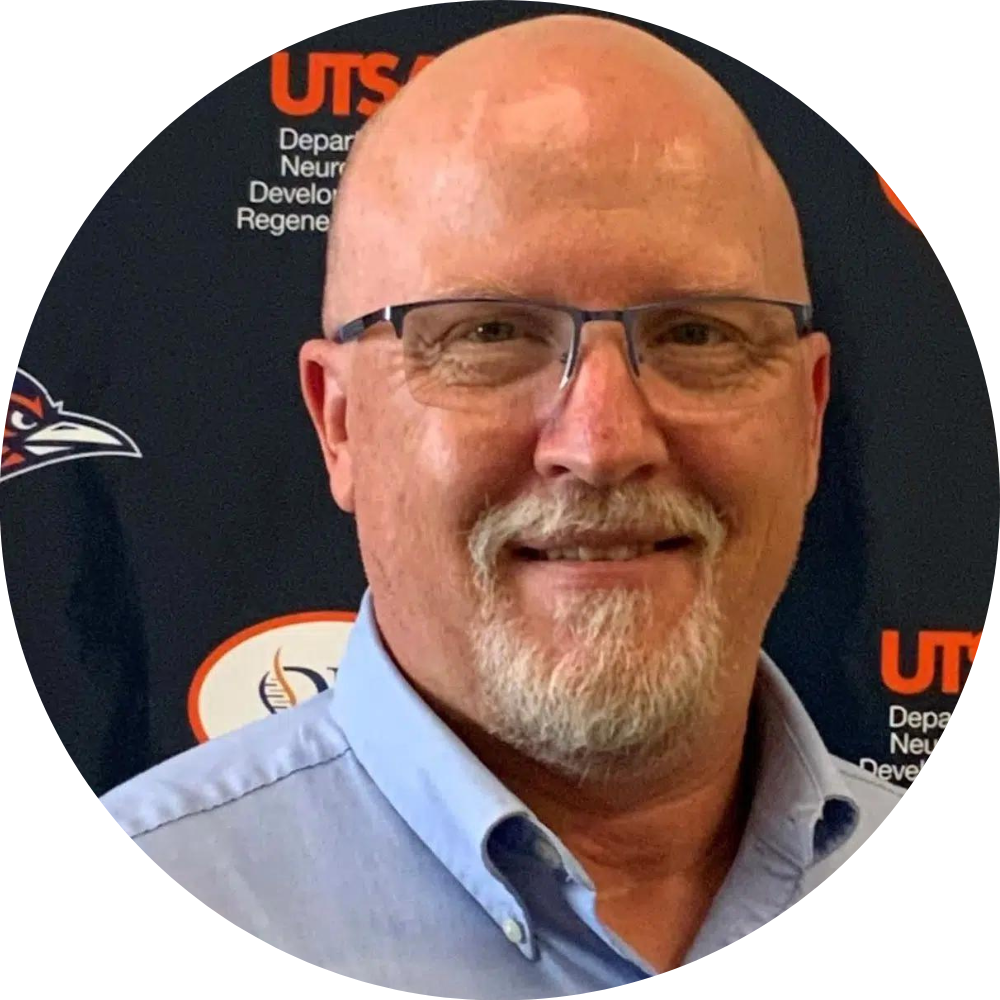
Christopher Navara, Ph.D.
Director Stem Cell Core, Professor of Research, Neuroscience, Developmental and Regenerative Biology Department, College of Sciences
Email: christopher.navara@utsa.edu
- Cell Cycle Regulation in Stem Cells
- Human and Non-Human Primate Pluripotent Stem Cells
- Neuronal Differentiation of Pluripotent Stem Cells
- Non-Human Primate Models of Stem Cell Therapies

Leslie Neely, Ph.D., BCBA-D, LBA
Associate Professor, Department of Educational Psychology, College of Education and Human Development, Director of the San Antonio Applied Behavior Analysis Research Consortium
Email: leslie.neely@utsa.edu
- Applied Behavior Analysis (ABA)
- Autism
- Maladatpive and Pro-Social Behaviors
- Preemptive Treatment for At Risk Infants and Toddlers for Autism
- Telehealth
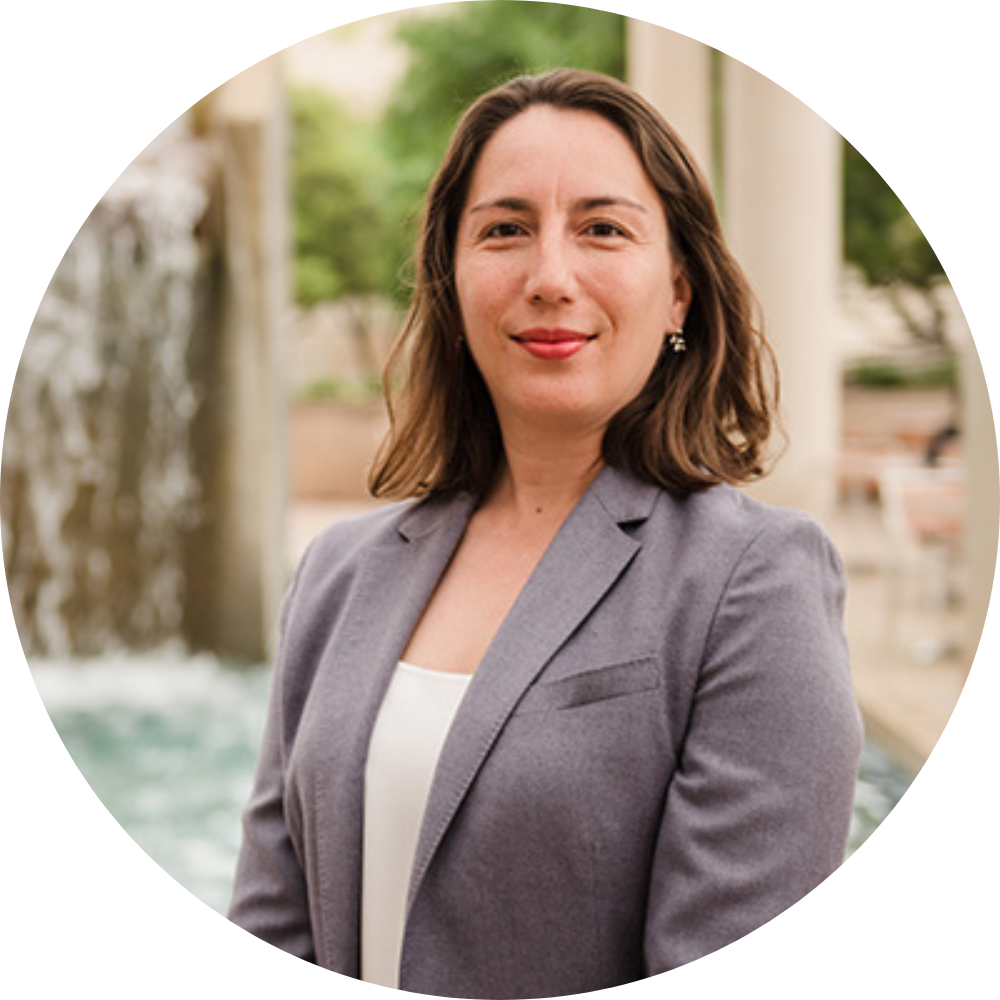
Jessica Nowlin, Ph.D.
Assistant Professor, Department of Philosophy and Classics, College of Liberal and Fine Arts
Email: jessica.nowlin@utsa.edu
- Urban Development
- Culture Contact
- Public Archaeolgy and Ethics
- Digital Techniques of 3D Modeling
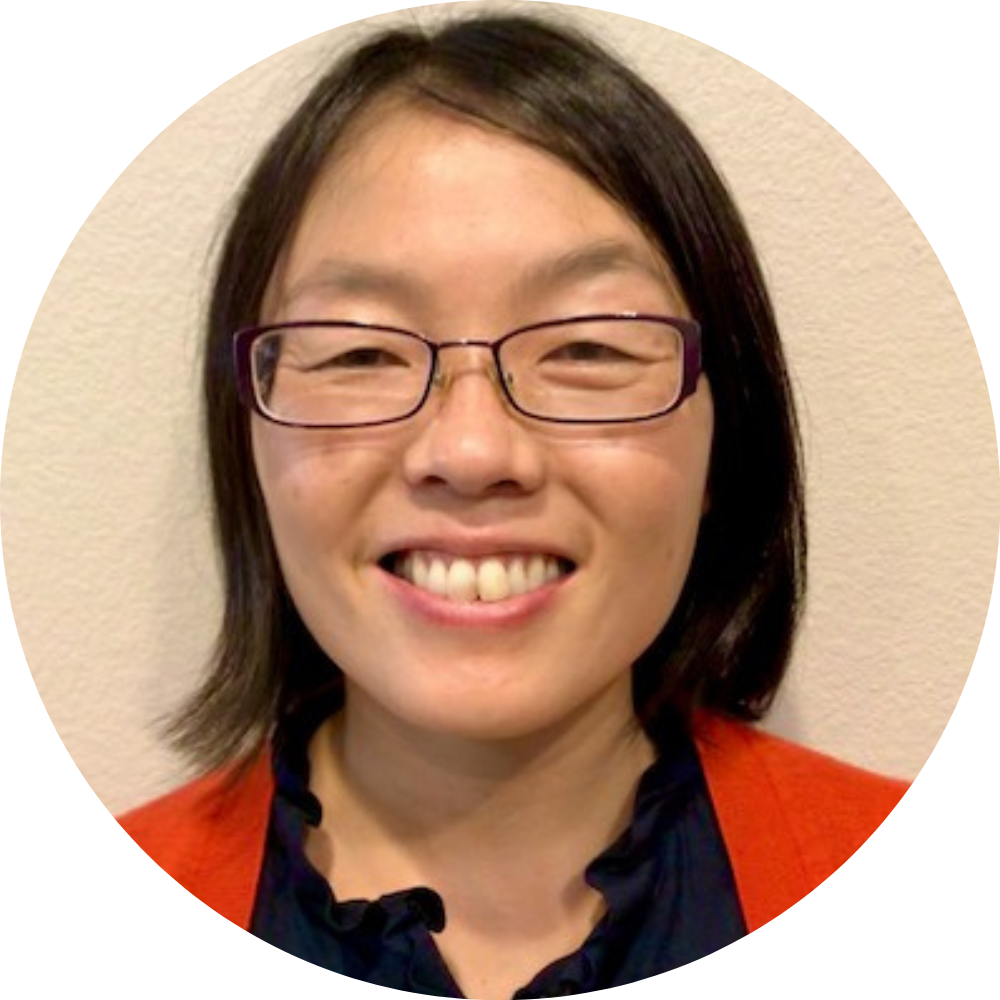
Sakiko Oyama, Ph.D.
Associate Professor, Department of Kinesiology, College for Health, Community and Policy
Email: sakiko.oyama@utsa.edu
- Prevention and rehabilitation of upper extremity injuries
- Analysis of pitching motion and how it relates to the shoulder and elbow injuries commonly seen in youth and adolescent baseball pitchers
- Identification and modification of movement patterns and physical characteristics (ex. strength, flexibility, core stability) that are associated with injuries
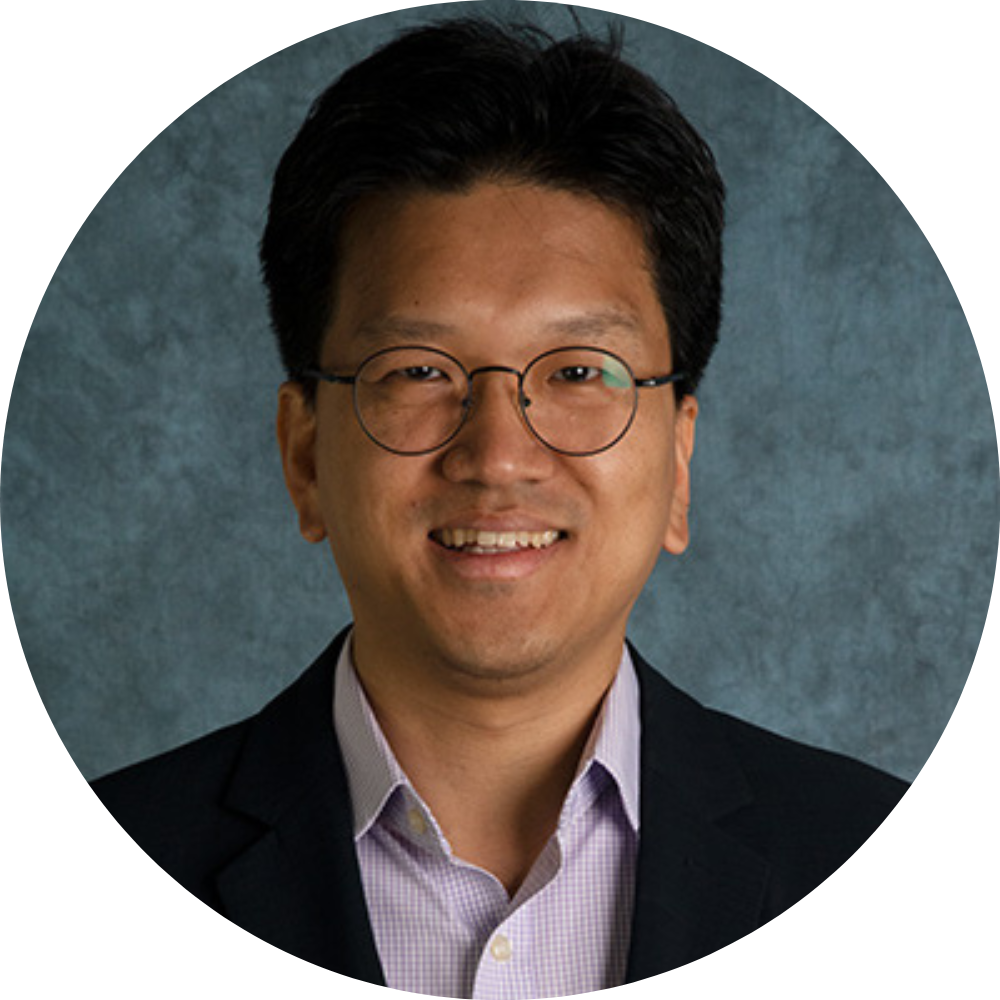
Se-Woong Park, Ph.D.
Assistant Professor, Kinesiology, College for Health, Community and Policy
Email: sewoong.park@utsa.edu
- Upper limb motor control
- Movement variability in motor learning
- Sensorimotor behavior in individuals with autism spectrum disorder
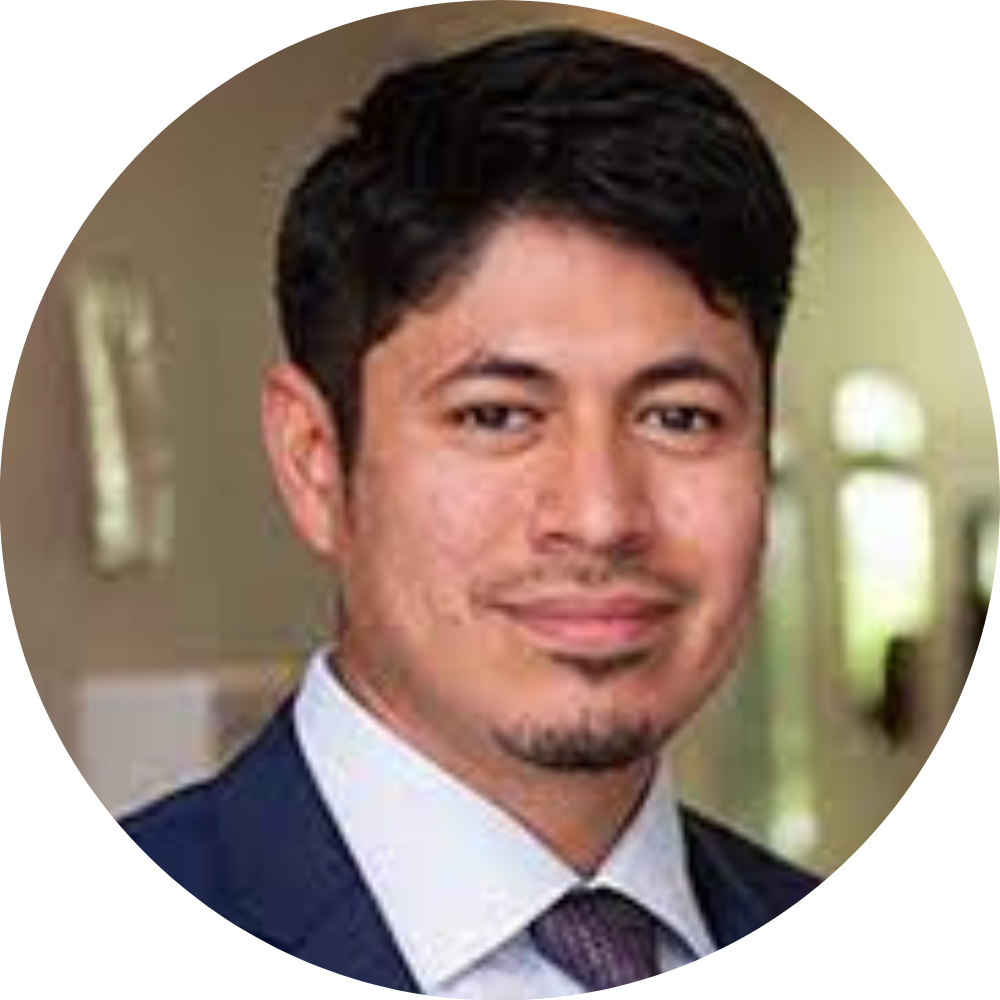
Humberto Pena, Ph.D., BCBA, LBA
Associate Professor of Research, Department of Educational Psychology, College of Education and Human Development
Email: humberto.pena@utsa.edu
- Special Education
- Closing employment gap for young adults with ASD, intellectual disabilites, and other developmental disabilities
- Social skills in integrated employment to promote inclusion
- ABA interventions to decrease maladaptive behaviors

George Perry, Ph.D.
Professor, Semmes Foundation Distinguished University Chair in Neurobiology, Department of Biology, College of Sciences
Email: george.perry@utsa.edu
- Alzheimer's Disease
- Neurobiology
- Oxidative Stress
- Mechanism of Amyloid β Directed Protective Response
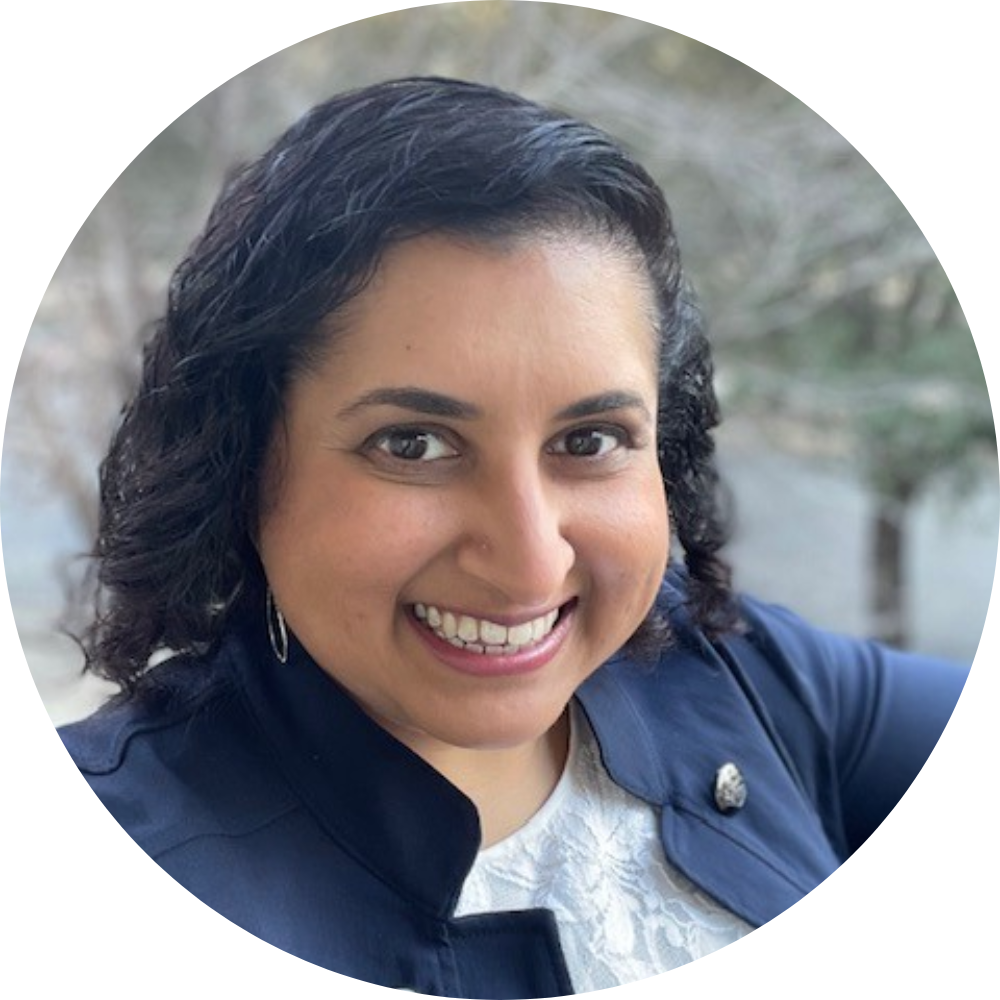
Priya V. Prasad, Ph.D.
Associate Professor, Department of Mathematics, College of Sciences
Email: priya.prasad@utsa.edu
- Mathematics Education (Elementary to College)
- Nature and Structure of Mathematical Knowledge
- Equitable Outcomes in Math Education

John Quarles, Ph.D.
Associate Professor, Department of Computer Science, College of Sciences
Email: john.quarles@utsa.edu
- Game Design
- Human-Computer Interaction
- Virtual/Augmented/Mixed Realities
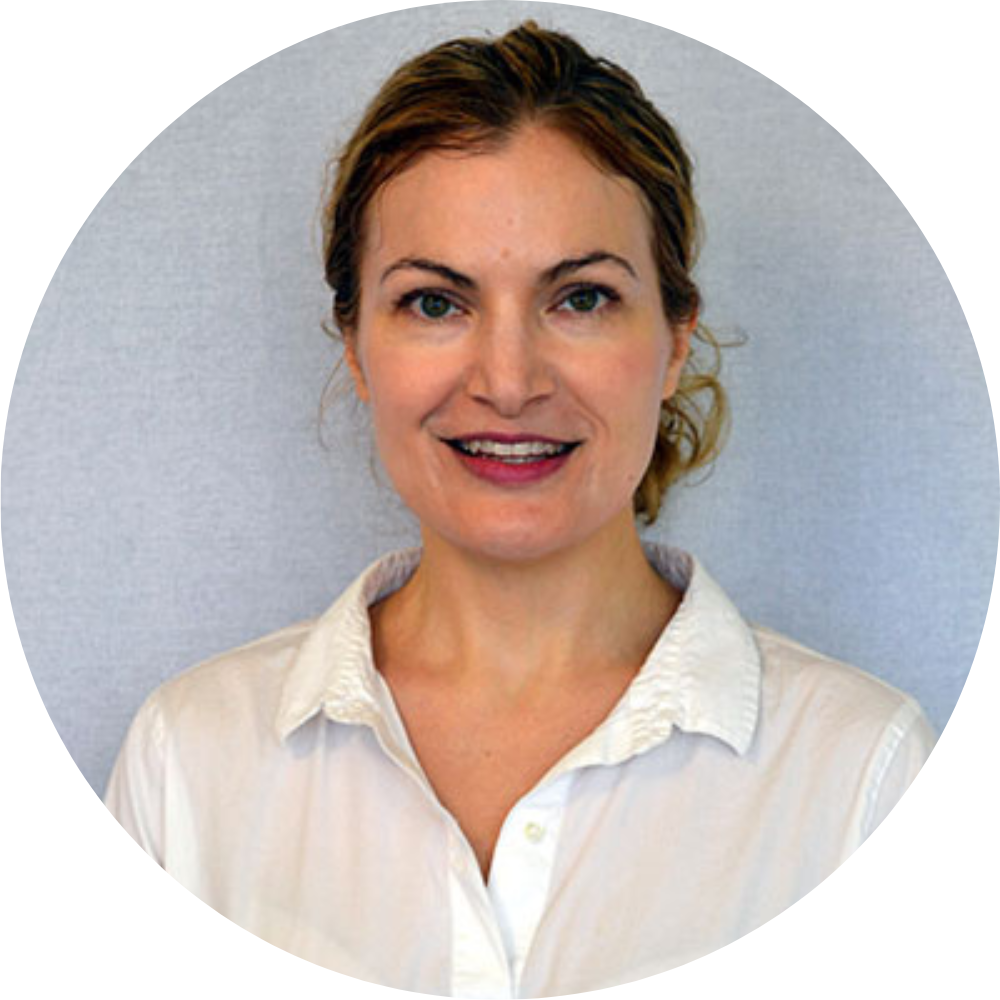
Amina Qutub, Ph.D.
Associate Professor, Department of Biomedical Engineering & Chemical Engineering, Klesse College of Engineering and Integrated Design
Email: amina.qutub@utsa.edu
- Systems Biology
- Neurovasculature Regeneration
- Computational Modeling
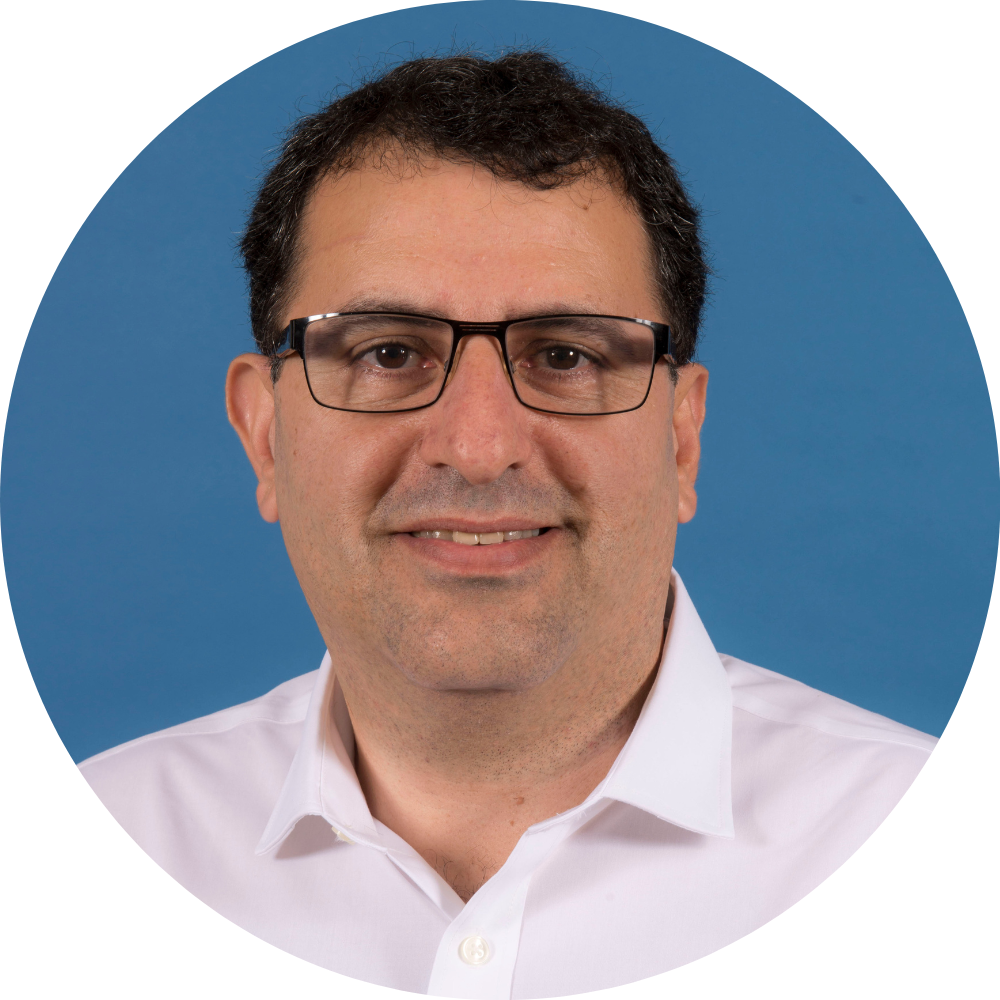
Paul Rad, Ph.D.
Associate Professor, Department of Information Systems and Cyber Security, College of Business
Email: peyman.najafirad@utsa.edu
- Data Analytics and Artificial Intelligence (AI)
- Decision Making and Autonomy
- Machine Learning Algorithm
- Distributed Real-Time Computing

Christopher R. Rathbone, Ph.D.
Assistant Professor, Department of Biomedical Engineering & Chemical Engineering, Klesse College of Engineering and Integrated Design
Email: chris.rathbone@utsa.edu
- Tissue Engineering and Regeneration
- Vascularization
- Regenerative Medicine
- Bioreactor Technology Applications
- Skeletal Muscle Injuries and Disease

Robert D. Renthal, Ph.D.
Professor, Neuroscience, Developmental and Regenerative Biology Department, College of Sciences
Email: robert.renthal@utsa.edu
- Biochemistry and Biophysics of Cell Membranes
- Insect Chemical Communication
- Lanthanide Tags in Live Bacterial Cells

Fernando Riosmena, Ph.D.
Professor, Department of Sociology and Demography, College for Health, Community and Policy
Email: fernando.riosmena@utsa.edu
- Social determinants of health and aging
- Health disparities
- Immigrant health
- Latino health
- Climate change and migration
- Migration theories
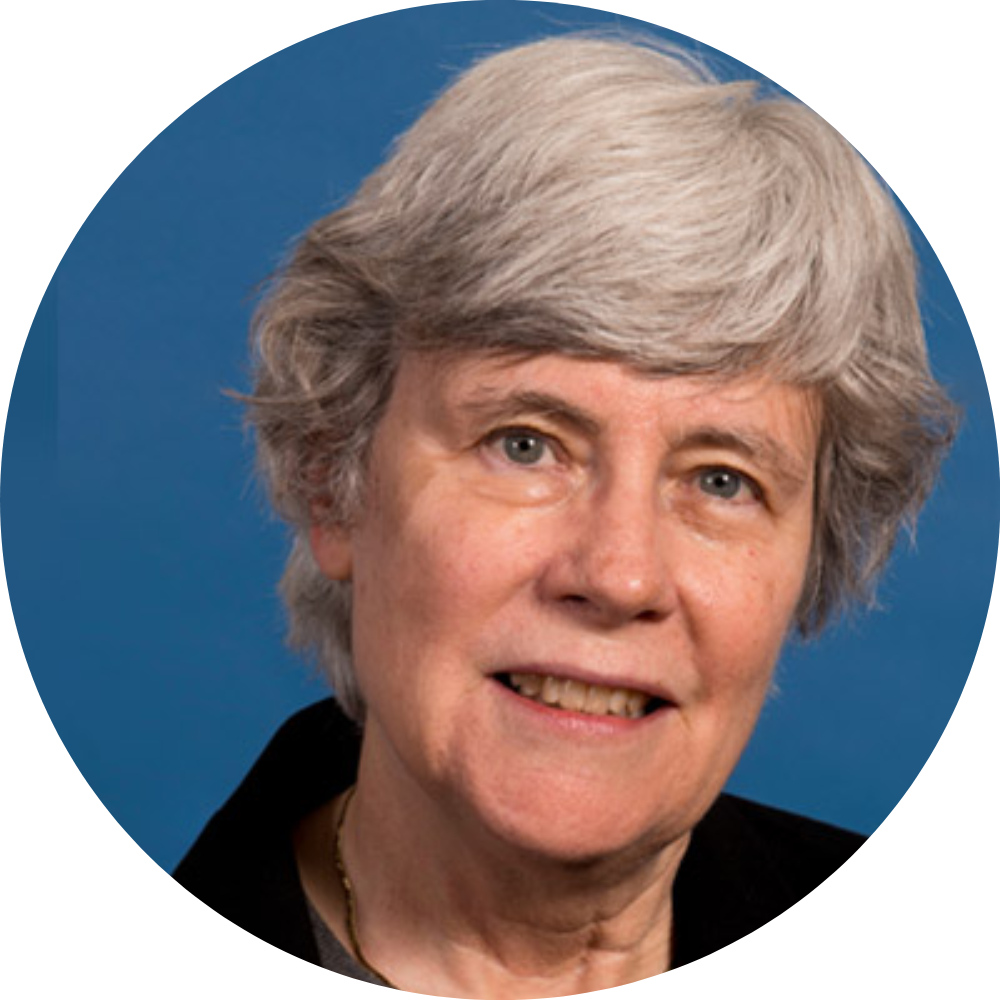
Kay Robbins, Ph.D.
Professor Emeritus, Department of Computer Science, College of Sciences
Email: kay.robbins@utsa.edu
- Data Science and Machine Learning
- Data Standards and Reproduciblity
- Visualization

Devon Romero, Ph.D.
Associate Professor, Department of Counseling, College of Education and Human Development
Email: devon.romero@utsa.edu
- Trauma
- Sex Trafficking
- Counselor Training and Development
- Neurofeedback
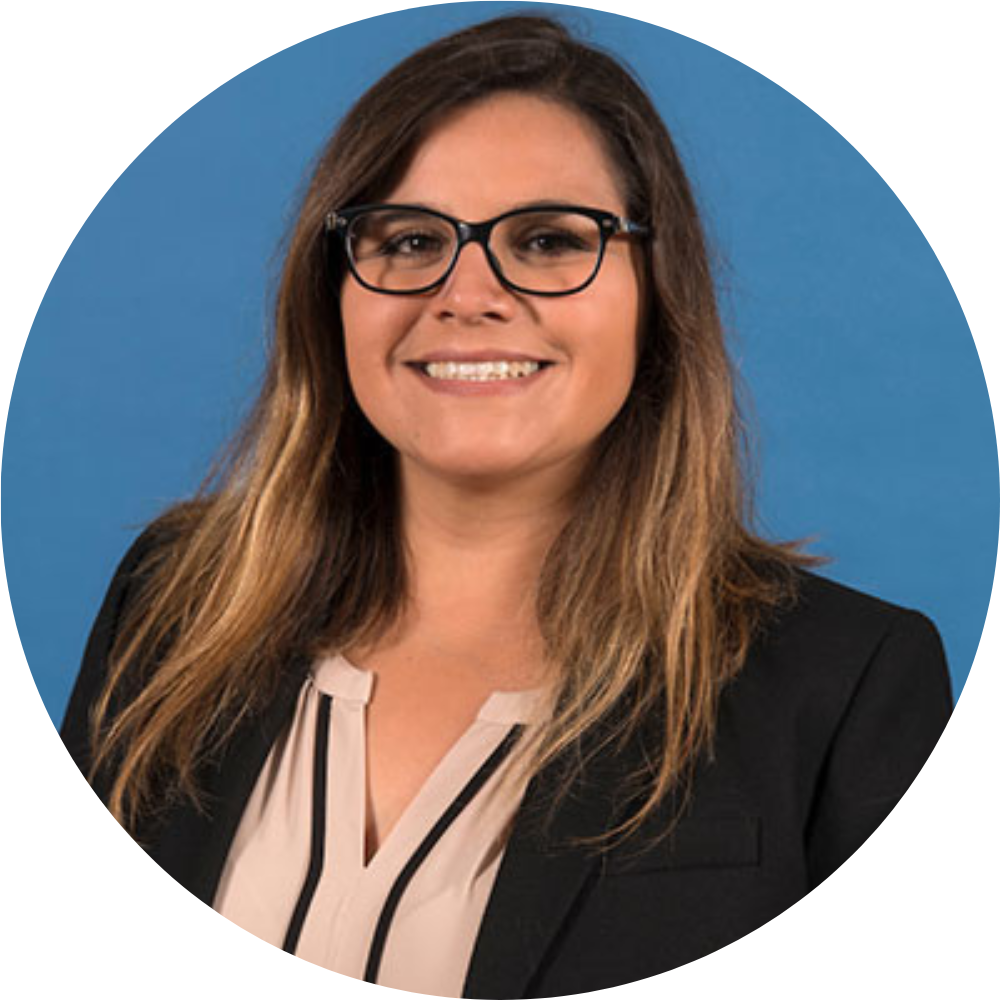
Gabriela Romero Uribe, Ph.D.
Klesse Endowed Professor, Associate Professor, Department of Biomedical Engineering & Chemical Engineering, Klesse College of Engineering and Integrated Design
Email: gabrielaromero.uribe@utsa.edu
- Macromolecular Bio-Interfaces for cell manipulation
- Biologically inspired drug delivery systems
- Soft biomedical materials
- Stimuli-responsive macromolecules
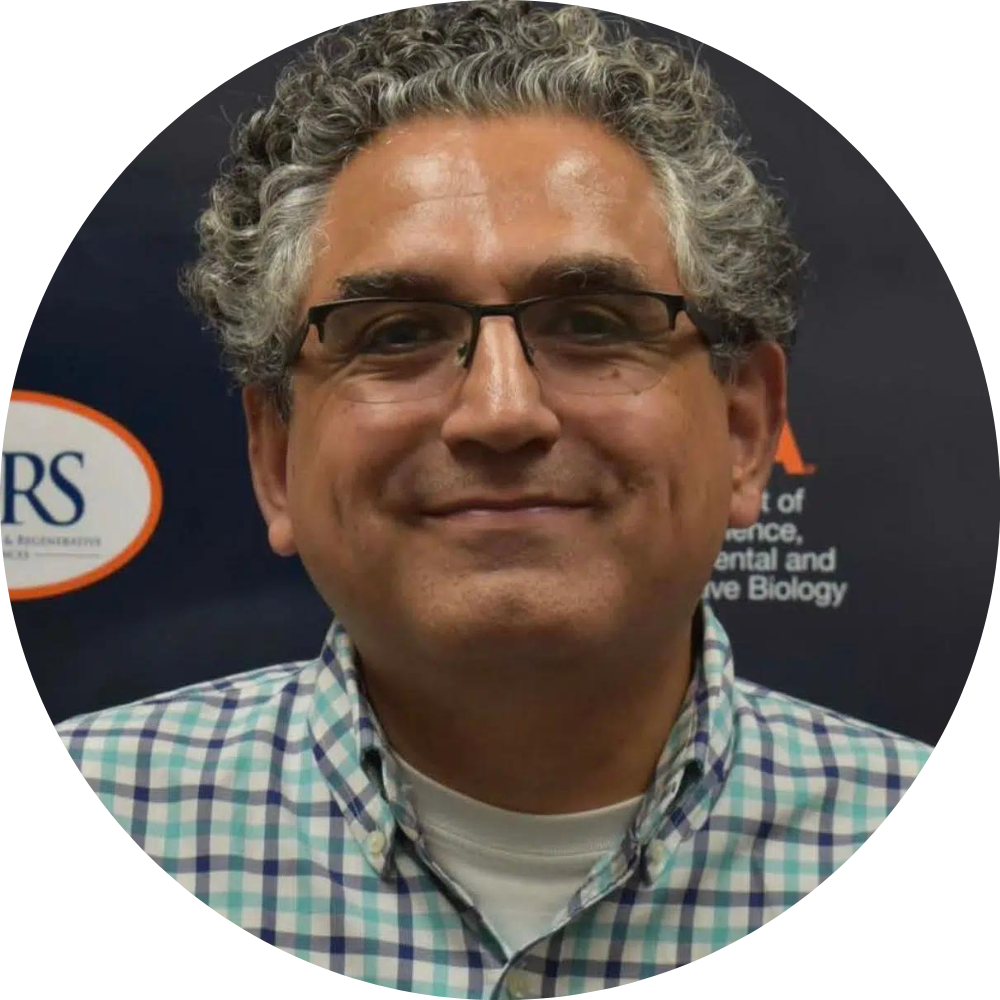
Fidel Santamaria, Ph.D.
Professor, Neuroscience, Developmental and Regenerative Biology Department, College of Sciences
Email: fidel.santamaria@utsa.edu
- Computational Neuroscience
- Experiments and Modeling of Cerebellar Function
- Learning and Memory
- Modeling Power-Law Behavior from Molecules to Behavior
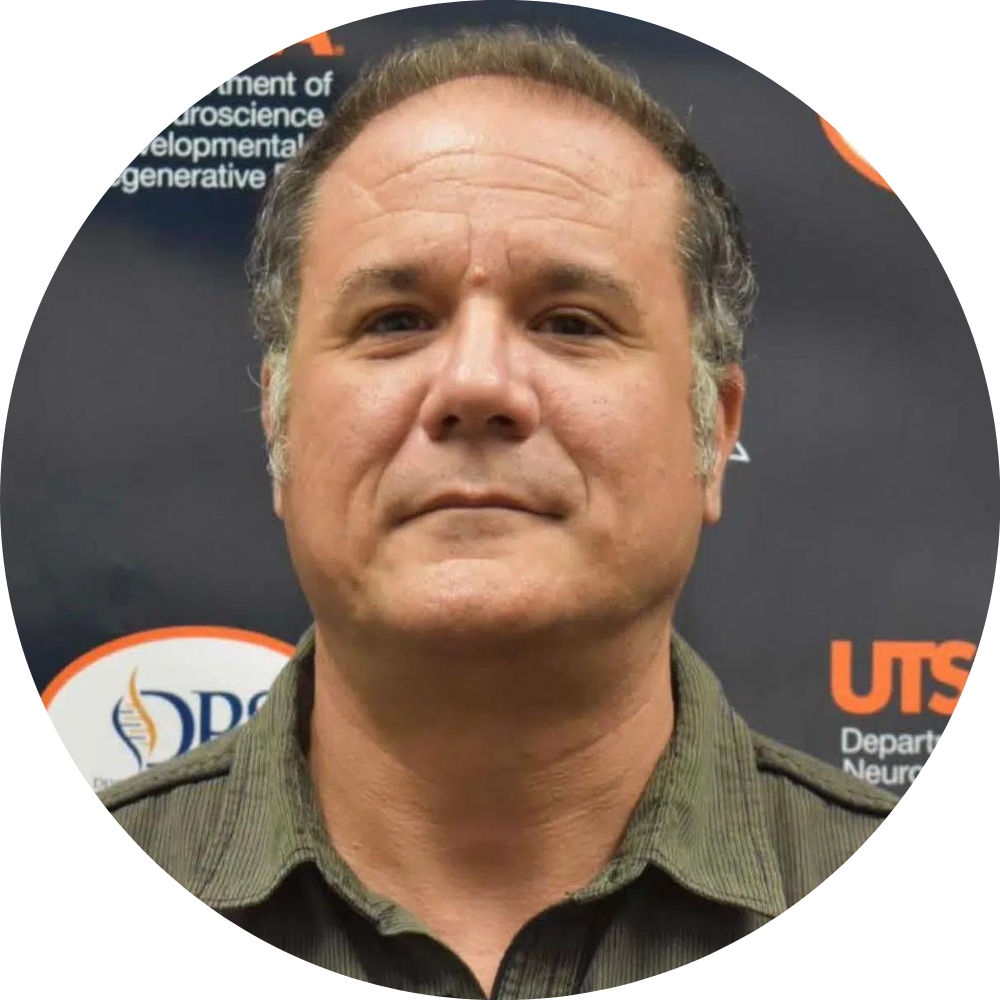
Francesco Savelli, Ph.D.
Assistant Professor, Neuroscience, Developmental and Regenerative Biology Department, College of Sciences
Email: francesco.savelli@utsa.edu
- Computational Neuroscience
- Neural Basis of Navigation
- Neural Circuits and Behavior
- Neurophysiology and Function of the Hippocampal Formation
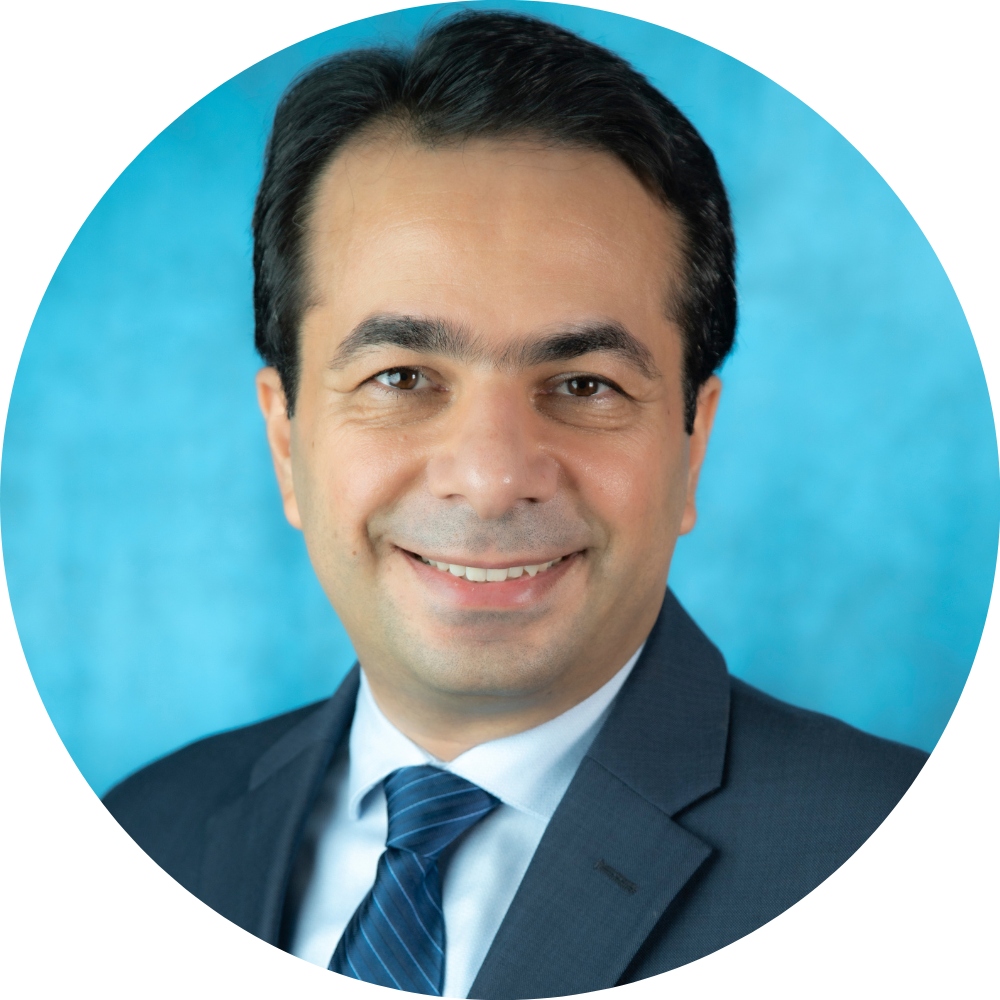
Morteza Seidi, Ph.D., P.E.
Assistant Professor of Research, Department of Biomedical Engineering & Chemical Engineering, Klesse College of Engineering and Integrated Design
Email: morteza.seidi@utsa.edu
- Brain Biomechanics
- Brain Injury Monitoring Sytems
- Traumatic Brain Injury (TBI)
- Brain Injury Protections Technology
https://ceid.utsa.edu/mechanical/team/morteza-seidi-ph-d/

Janakiram Seshu, Ph.D.
Professor, Department of Molecular Microbiology and Immunology, College of Sciences
Email: j.seshu@utsa.edu
- Lyme Disease
- Q-fever
- Bacteria-Host Interactions
- Antibiotic Resistance in Bacteria and Physiological Responses in Wound Healing
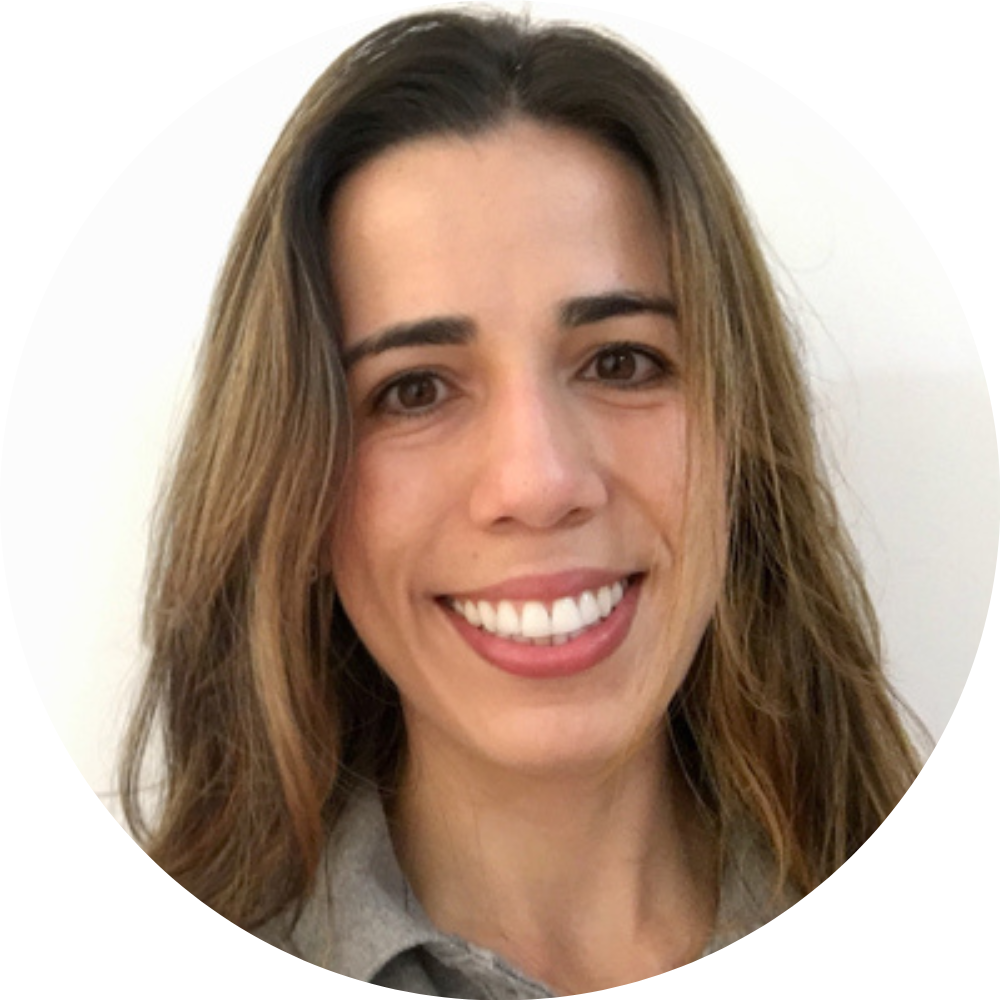
Marina Silveira, Ph.D.
Assistant Professor, Neuroscience, Developmental and Regenerative Biology Department, College of Sciences
Email: Marina.Silveira@utsa.edu
- Auditory neuroscience
- Neuromodulation of auditory computations
- Neuronal circuits
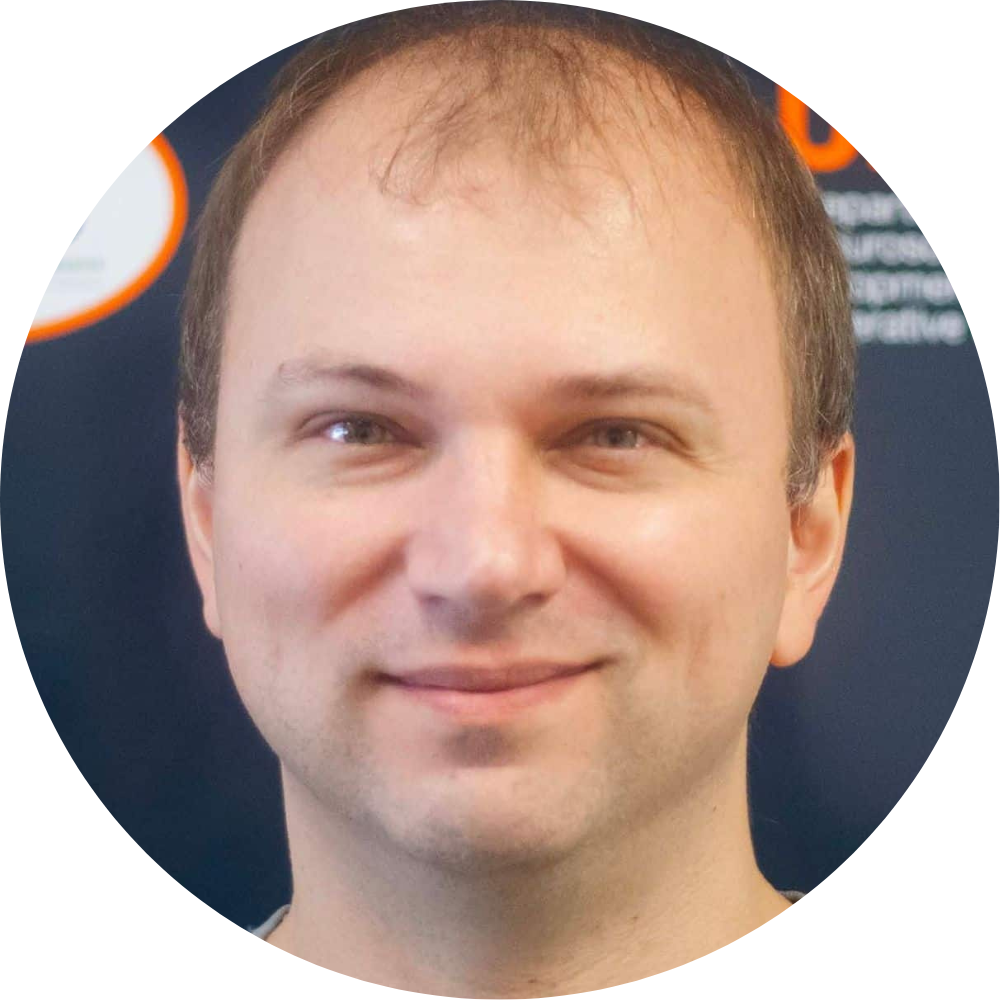
Alexey Soshnev, Ph.D.
Assistant Professor, Neuroscience, Developmental and Regenerative Biology Department, College of Sciences
Email: alexey.soshnev@utsa.edu
- Chromatin structure and function
- Gene regulation in development and disease
- Histone biology and biochemistry
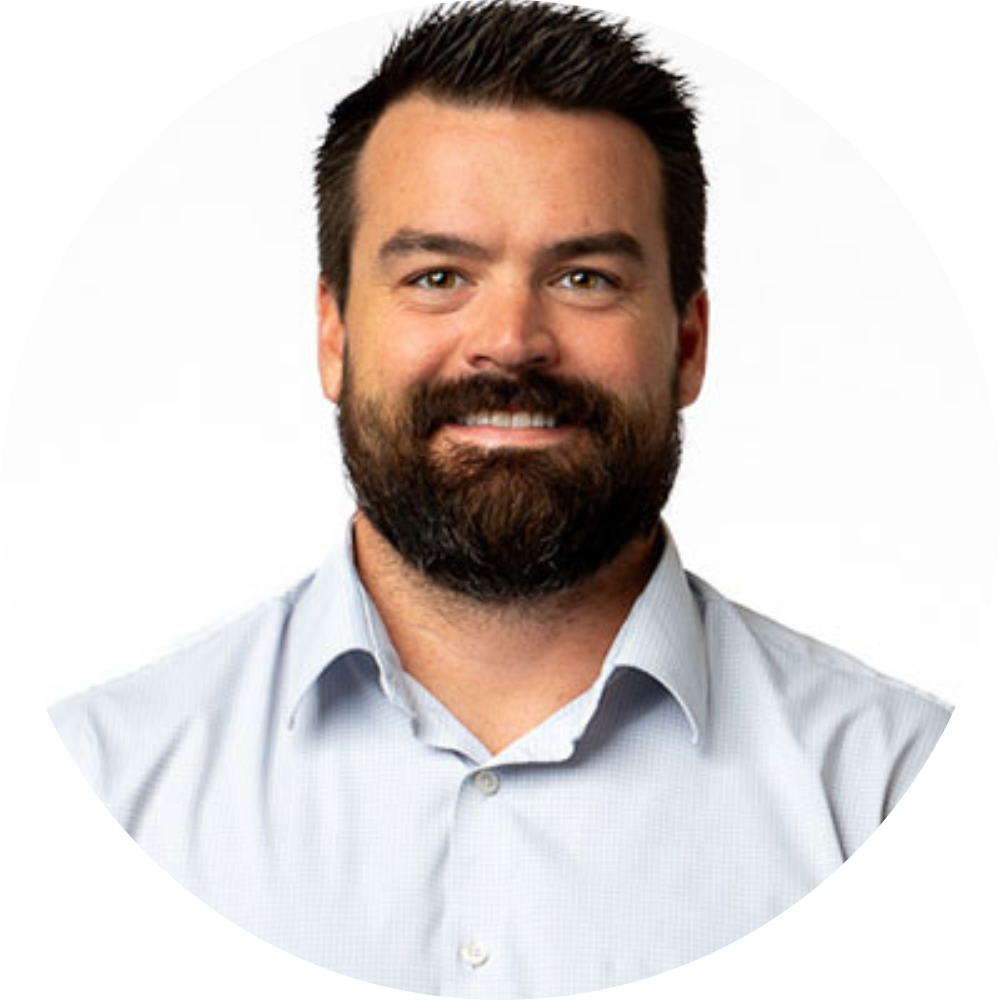
Casey Straud, Psy.D.
Associate Professor, Department of Psychology, College of Health, Community and Policy
Email: casey.straud@utsa.edu
- Trauma and Anxiety Related Disorders
- Military and First Responder Health
- Psychological Treatment Outcomes
- Clinical Trials and Biostatistics
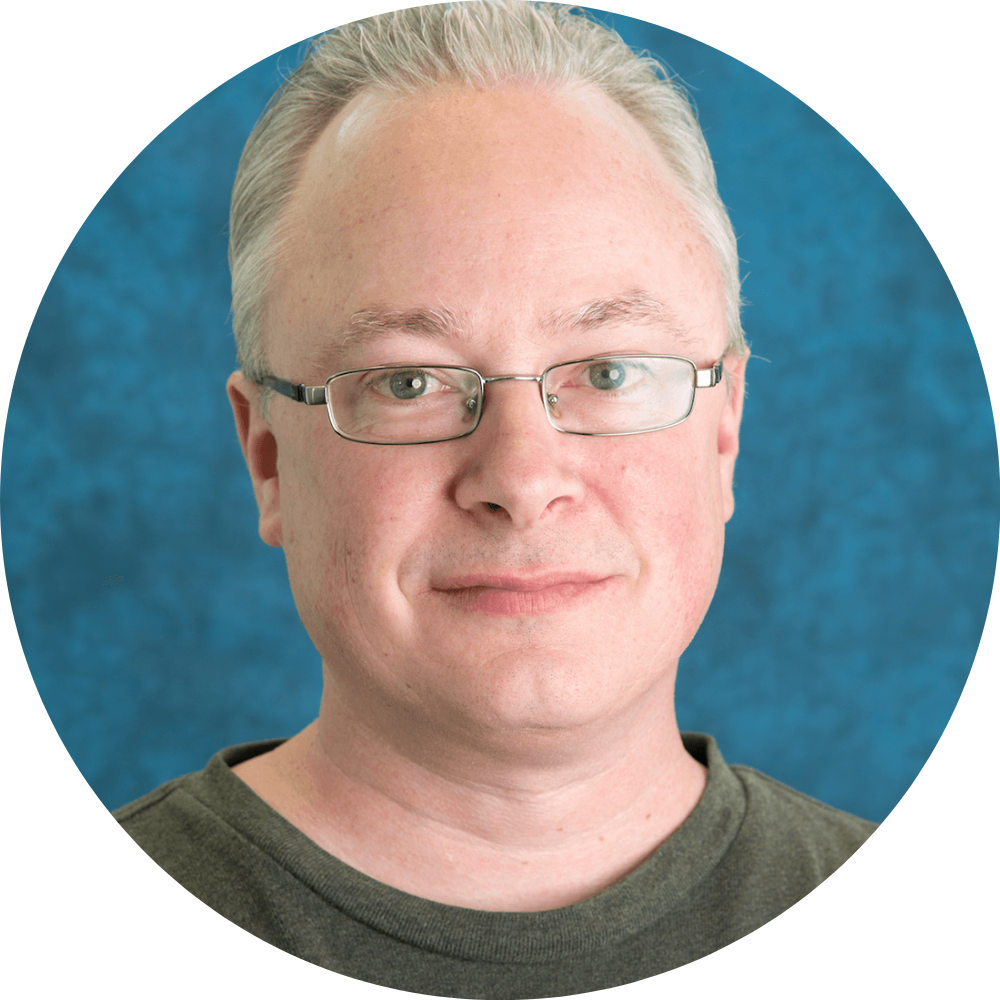
Jeremy Sullivan, Ph.D.
Professor, Department of Educational Psychology, College of Education and Human Development
Email: jeremy.sullivan@utsa.edu
- Informed Decision Making in School Psychology
- Psychological Assessment, Measurement, and Professional Issues
- Academic and Psychosocial Outcomes

Gongchen Sun, Ph.D.
Assistant Professor, Department of Biomedical Engineering & Chemical Engineering, Klesse College of Engineering and Integrated Design
Email: gongchen.sun@utsa.edu
- Electrokinetics
- Micro/Nano-fluidic Systems
- Biomanufacturing
- Systems Neuroscience

Todd W. Troyer, Ph.D.
Associate Professor, Neuroscience, Developmental and Regenerative Biology Department, College of Sciences
Email: todd.troyer@utsa.edu
- Behavioral and Neural Dynamics
- Computational Neuroscience
- Noise and Synchronization in Neural Circuits
- Songbird Learning

Syed Muhammad Usama, Ph.D.
Assistant Professor, Chemistry Department, College of Sciences
Email: syedmuhammad.usama@utsa.edu
- Fluorescence Molecular Imaging
- Raman Spectroscopy and Imaging
- Small Organic Fluorophore Development
- Super Resolution Imaging
- Targeted Drug Delivery
- Theranostics
- Tumor Microenvironment and Cancer Research
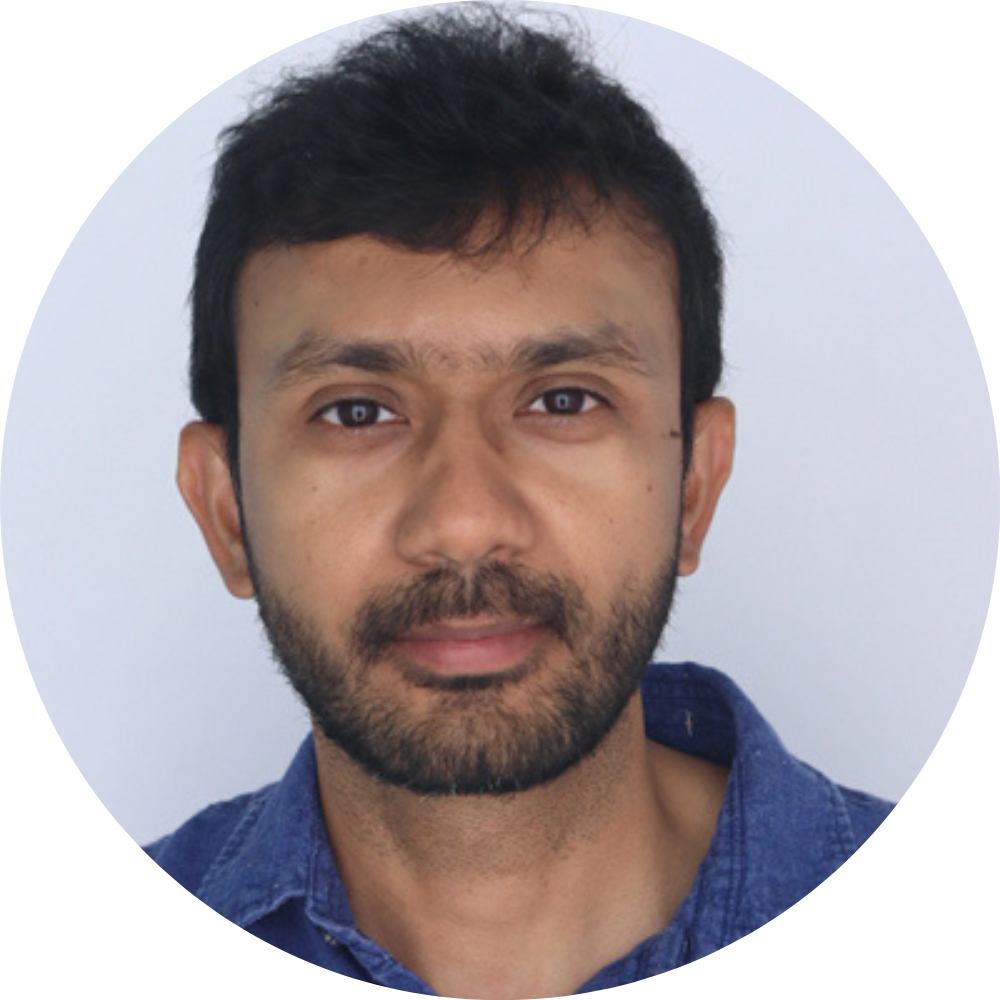
Jeffrey Vedanayagam, Ph.D.
Assistant Professor, Neuroscience, Developmental and Regenerative Biology Department, College of Sciences
Email: Jeffrey.Vedanayagam@utsa.edu
- Biological data analysis/Bioinformatics
- Evolutionary/Comparative genomics
- Genetic conflicts and meiotic drive
- Selfish genes and evolution of germline development
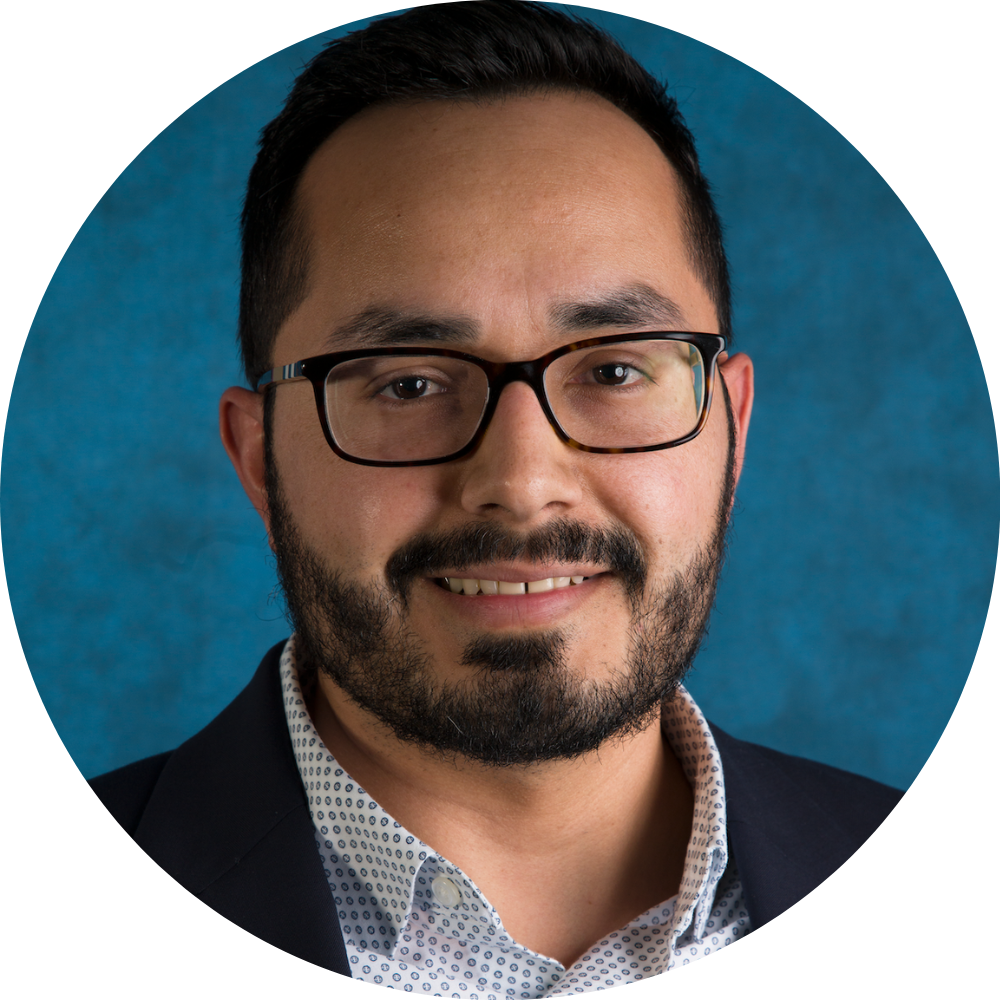
Victor Villareal, Ph.D.
Associate Professor, Department of Educational Psychology, College of Education and Human Development
Email: victor.villarreal@utsa.edu
- Evaluations on How Models of School Service Delivery May Better Benefit Culturally and Linguistically Diverse Students
- Adapting Typical Practices for Educational and Psychological Interventions
- Identifying Students with the Greatest Need for Behavioral and Emotional Supports and Intervention
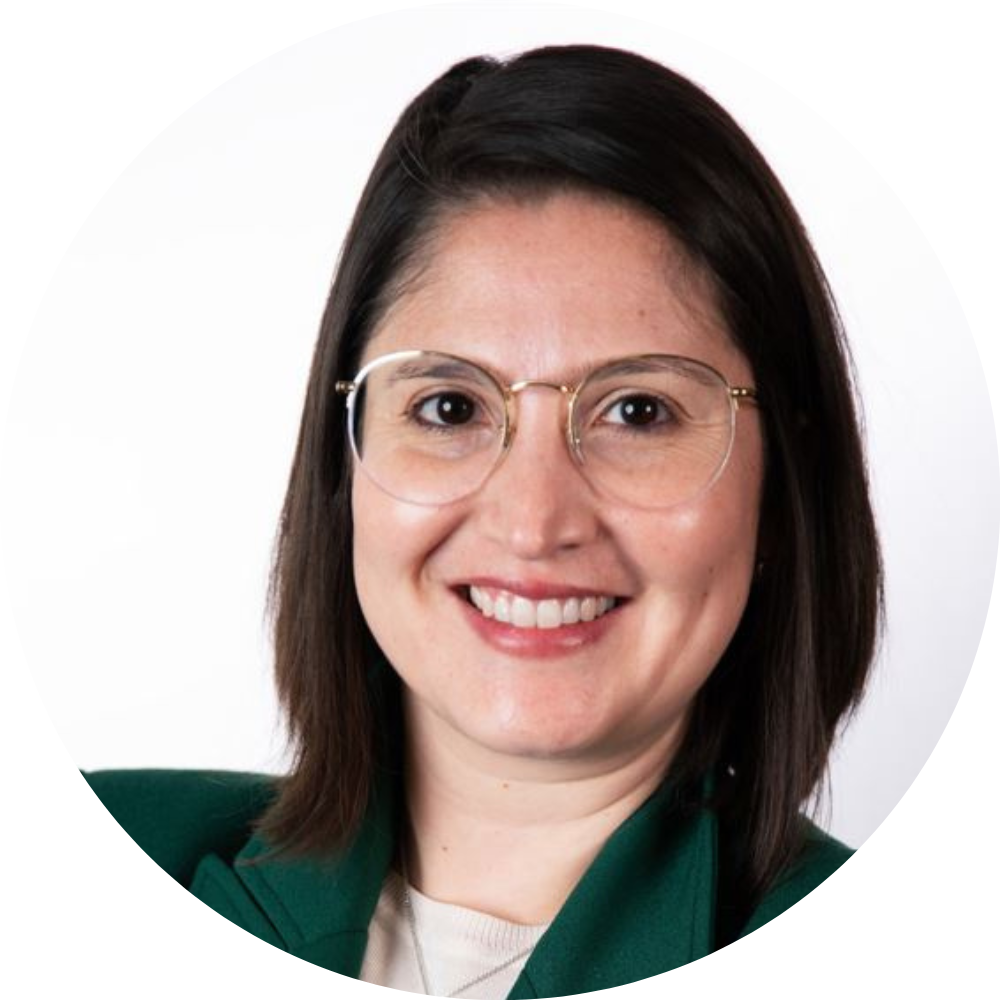
Carolina Vivas-Valencia, Ph.D.
Assistant Professor, Biomedical Engineering Department, College of Engineering
Email: carolina.vivasvalencia@utsa.edu
- Data Analytics for Precision Population Health
- Semi-Mechanistic Models on Health Risks of Vulnerable Populations
- Impact of Genetic and Social Determinants on Care Access and Health Outcomes
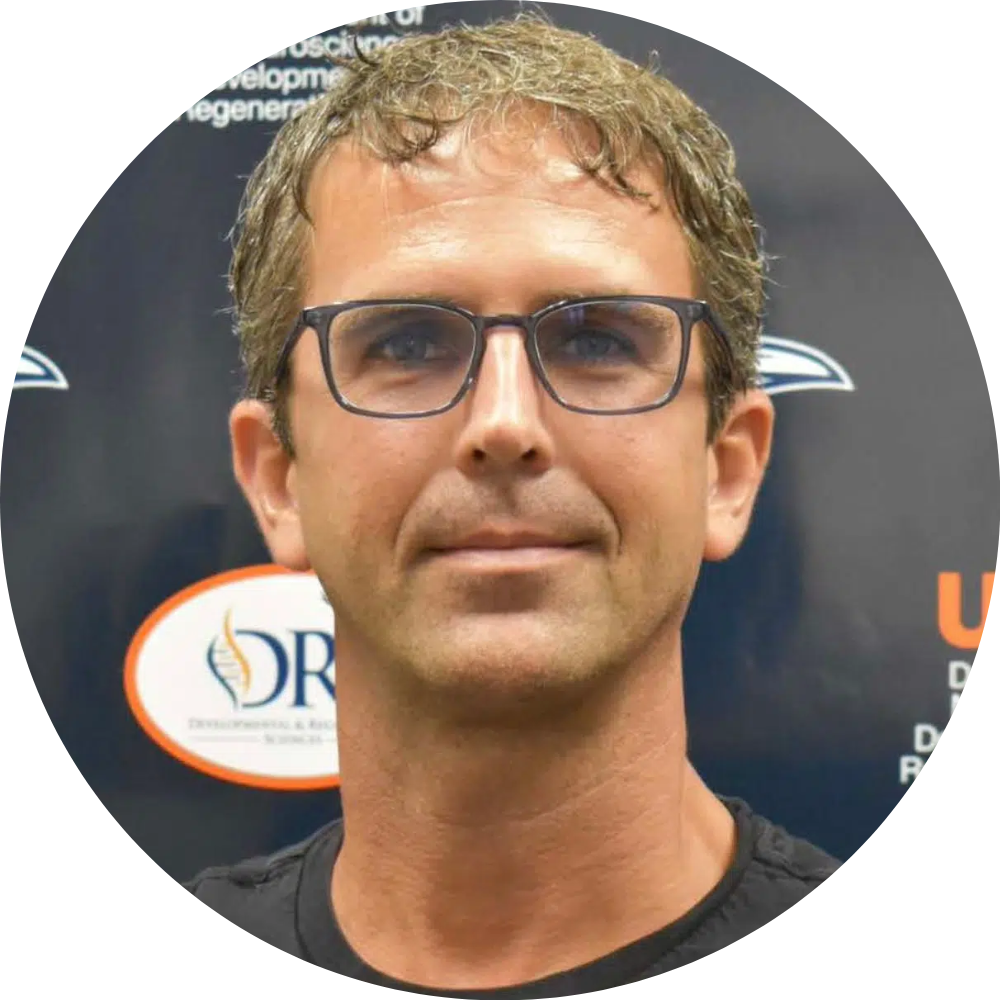
Matthew Wanat, Ph.D.
Associate Professor, Neuroscience, Developmental and Regenerative Biology Department, College of Sciences
Email: matthew.wanat@utsa.edu
- Drug Addiction
- Learning and Memory
- Neurobiology of Motivated Behavior
- Stress
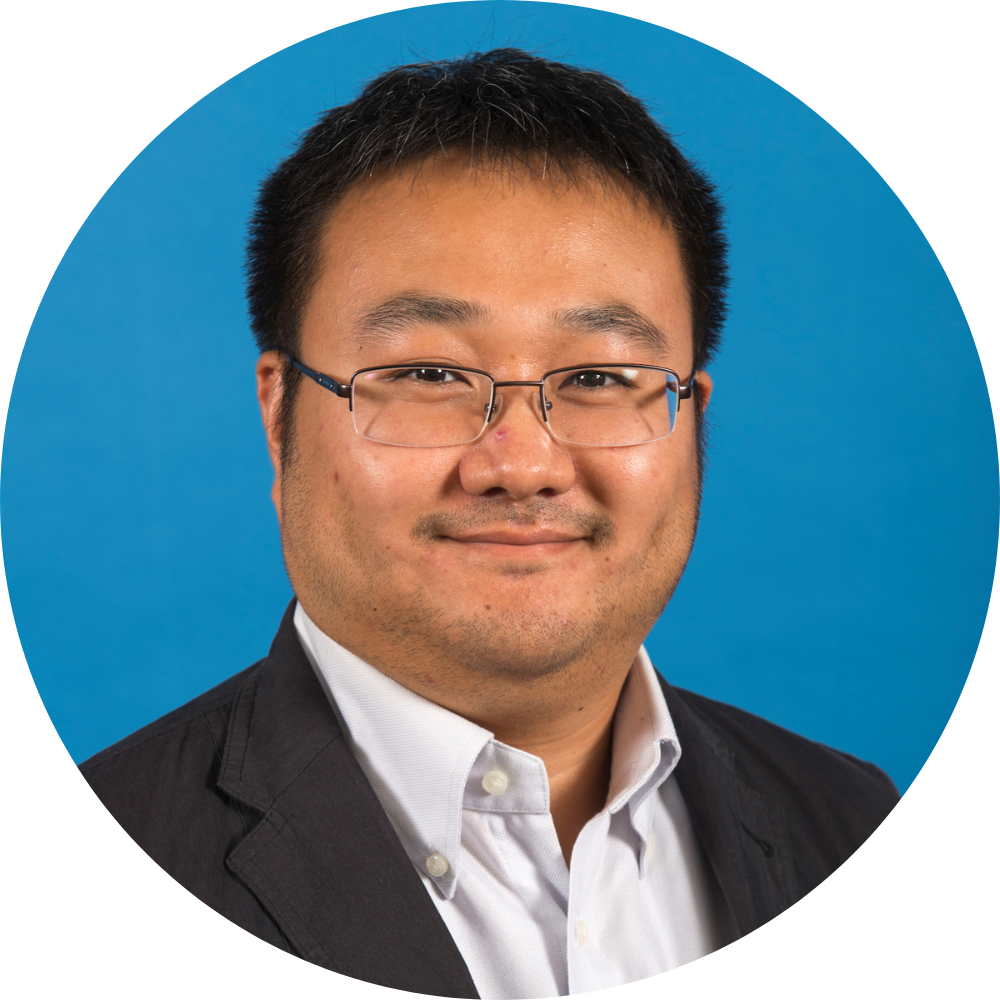
Wei Wang, Ph.D.
Assistant Professor, Department of Computer Science, College of Sciences
Email: wei.wang@utsa.edu
- Programming Languages and Compilers
- Runtime Environments
- Software Reliability and Security
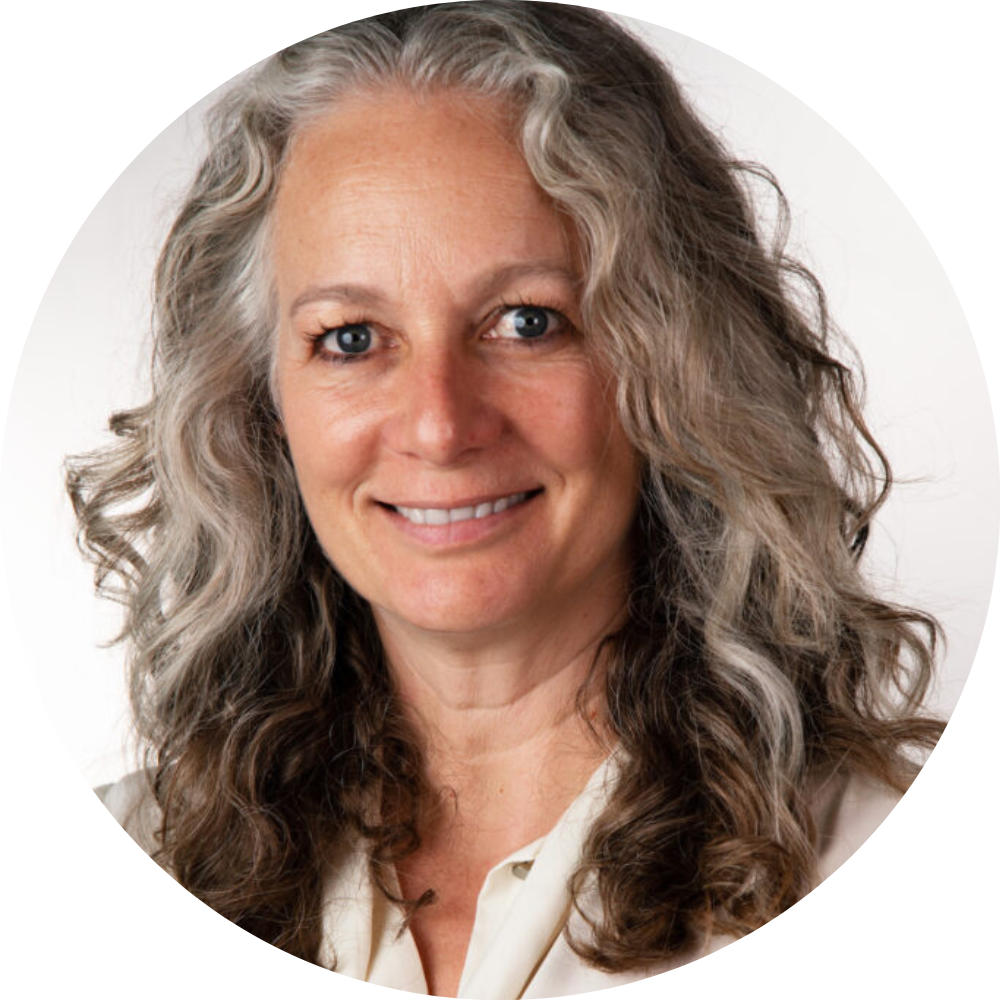
Nicole Y. Wicha, Ph.D.
Professor, Neuroscience, Developmental and Regenerative Biology Department, College of Sciences
Email: nicole.wicha@utsa.edu
- Human Electrophysiology
- Language and Math Cognition
- Neurobiology of Human Language
- Bilingual Brain

Charles J. Wilson, Ph.D.
Professor Emeritus, Neuroscience, Developmental and Regenerative Biology Department, College of Sciences
Email: charles.wilson@utsa.edu
- Brain Stimulation as a Treatment for Neurological Disease
- Computational Function of Neuron
- Ionic Mechanisms of Autonomous Brain Activity
- Structure and Functions of the Basal Ganglia
- Synaptic Integration and Neuronal Information Processing
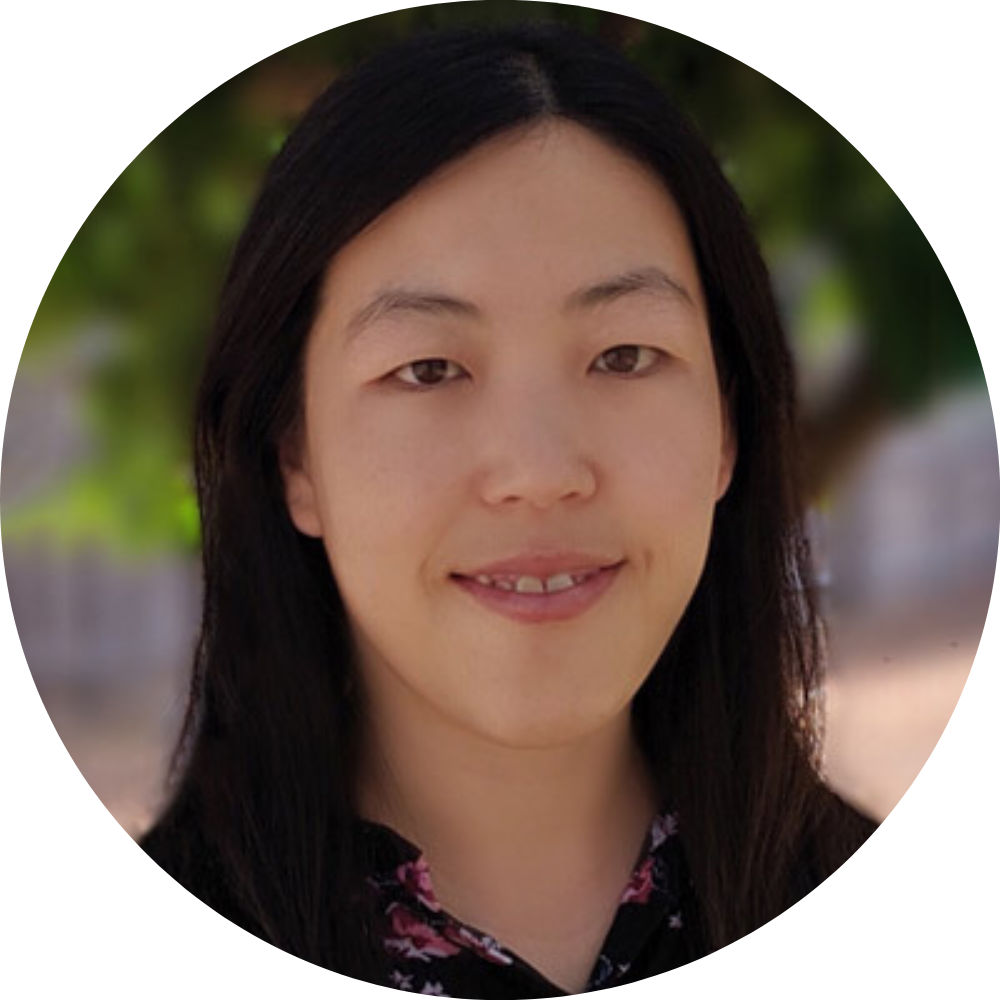
Mimi Xie, Ph.D.
Assistant Professor, Department of Computer Science, College of Sciences
Email: mimi.xie@utsa.edu
- Emerging non-volatile memory optimization
- Energy harvesting system
- Tiny AI on IoT
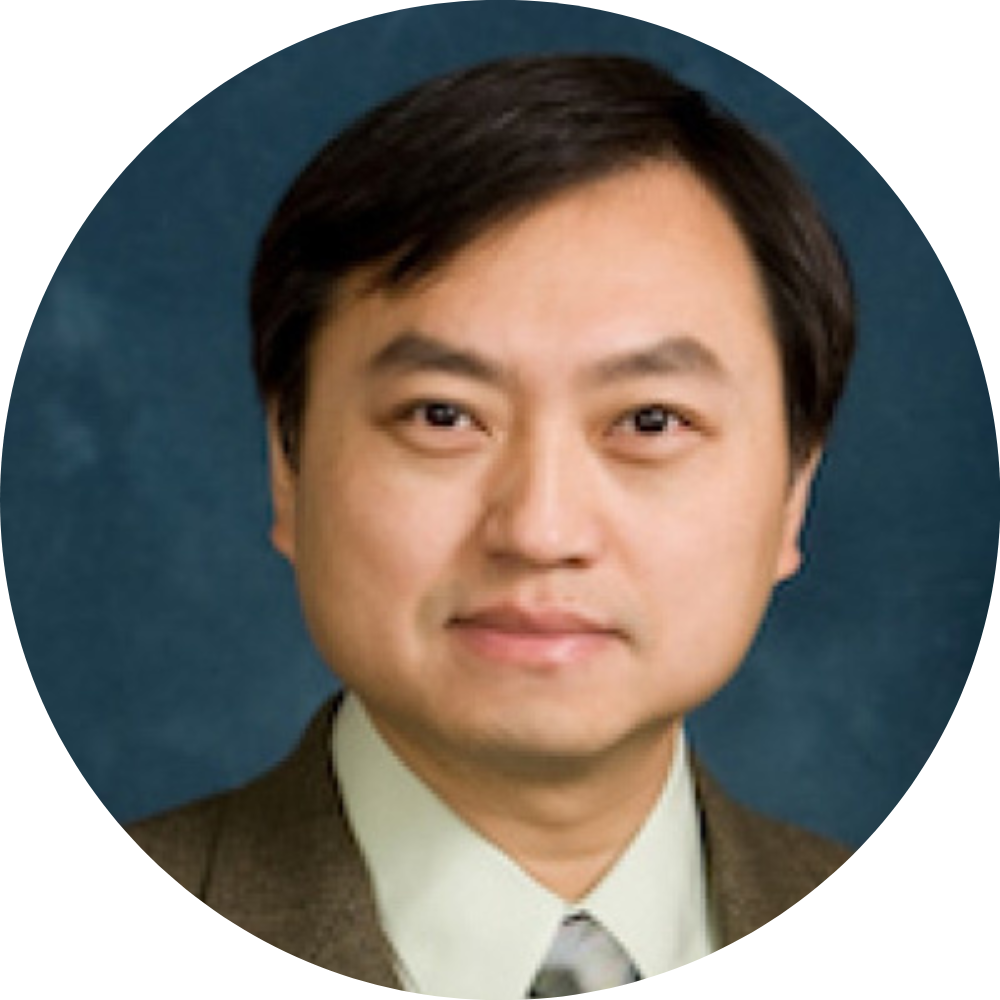
Jing Yong Ye, Ph.D.
Professor, Department of Biomedical Engineering & Chemical Engineering, Klesse College of Engineering and Integrated Design
Email: jingyong.ye@utsa.edu
- Cancer Diagnosis
- Controlled Drug Delivery
- Drug Toxicity Assays and Pharmaceutical Quality Control
- Neuroengineering
- Optical Biosensing and Imaging
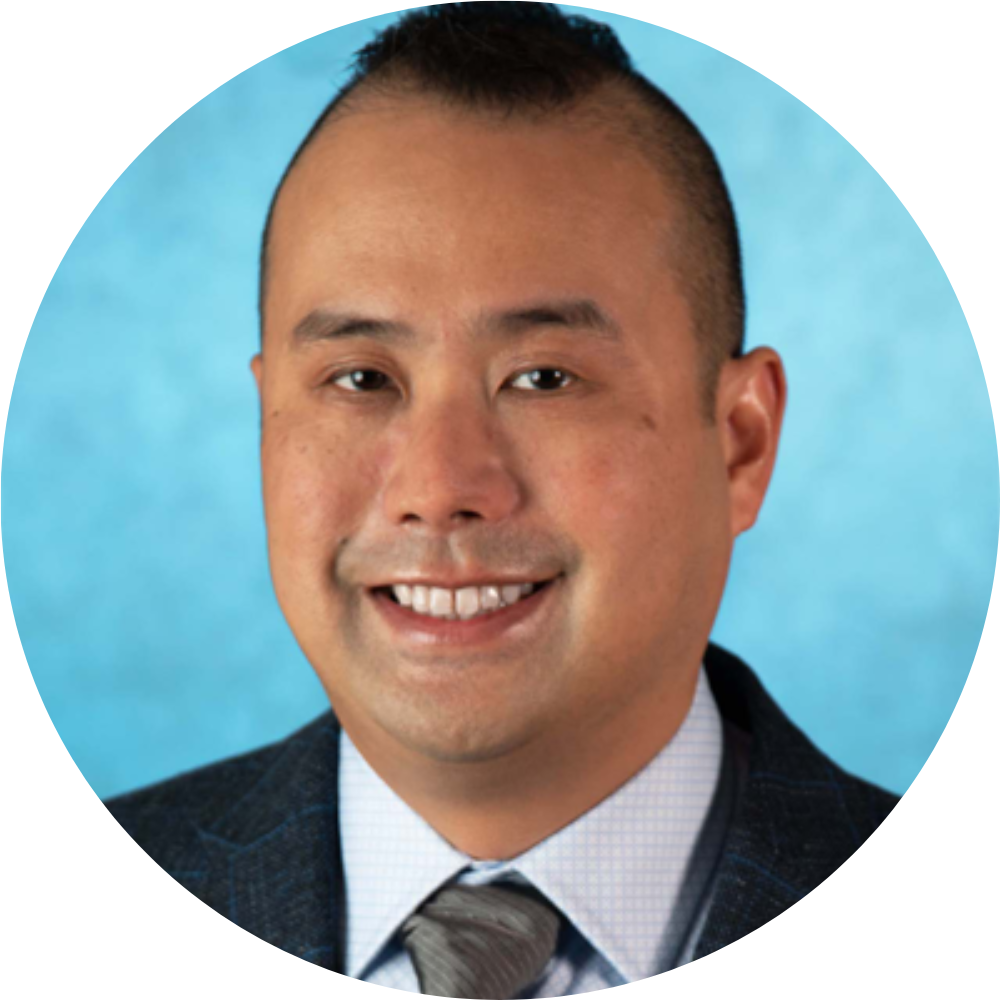
Timothy Yuen, Ph.D.
Professor, Department of Interdisciplinary Learning and Teaching, College of Education and Human Development, Associate Dean for Undergraduate Studies, College of Sciences
Email: timothy.yuen@utsa.edu
- Broadening Diversity and Improving Student Success
- Developing Initiatives to Increase Student Participation
- Collaborative Research

Guoquan Zhang, DVM, Ph.D.
Professor, Department of Molecular Microbiology and Immunology, College of Sciences
Email: Guoquan.Zhang@utsa.edu
- Immunology
- Vaccine Development
- Vector-Borne, Emerging, and Zoonotic Infectious Diseases
- Bacterial Pathogens
